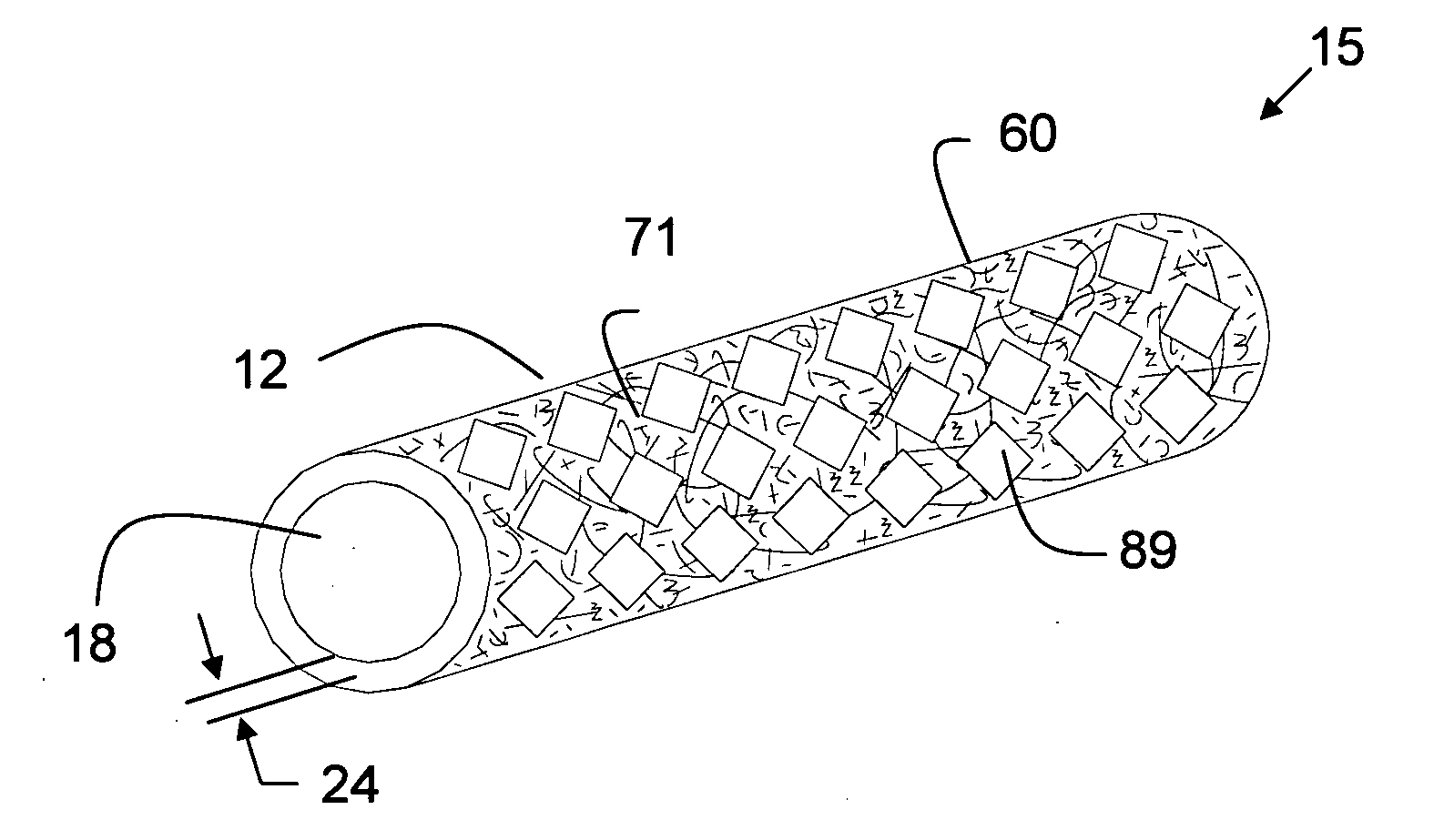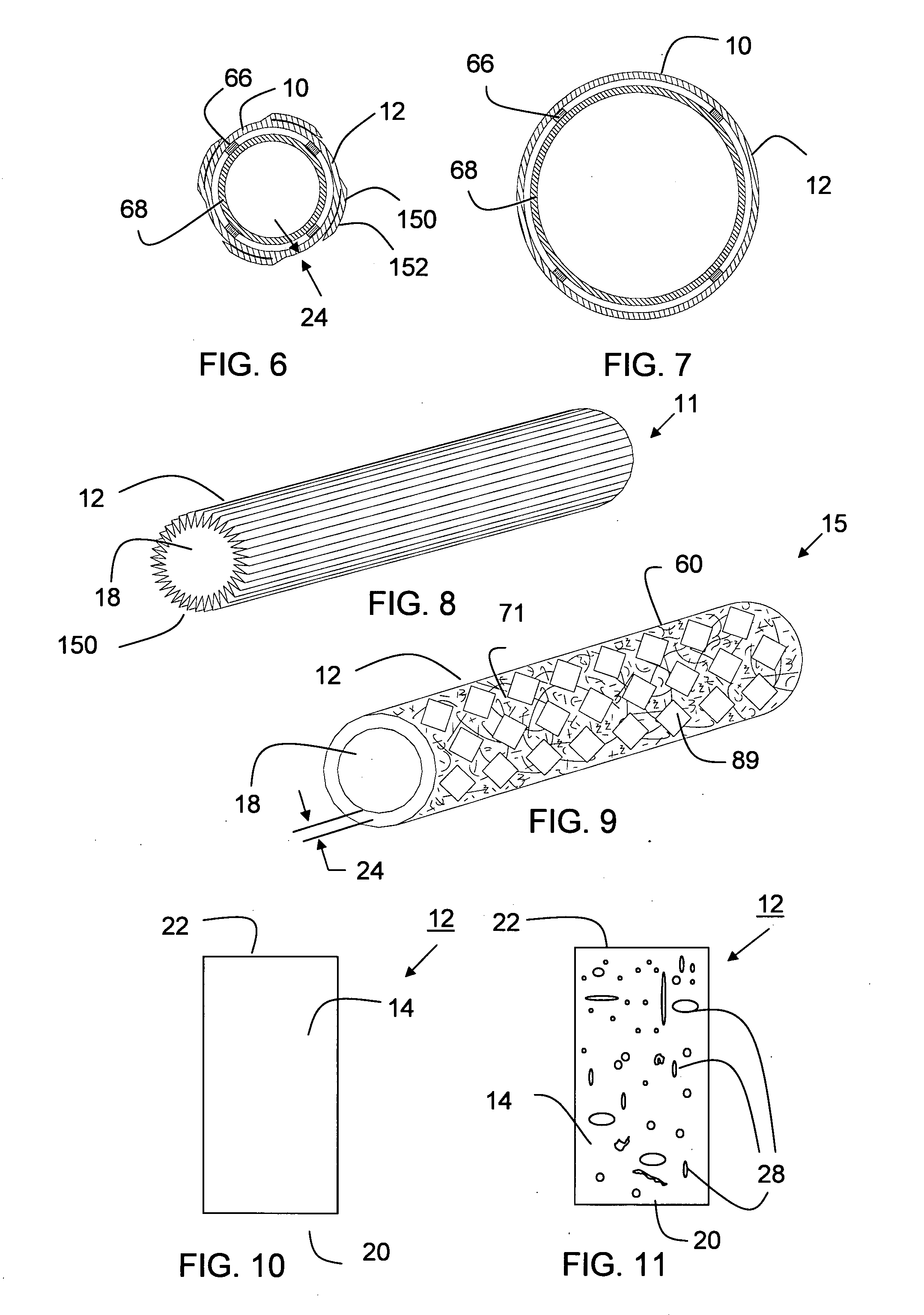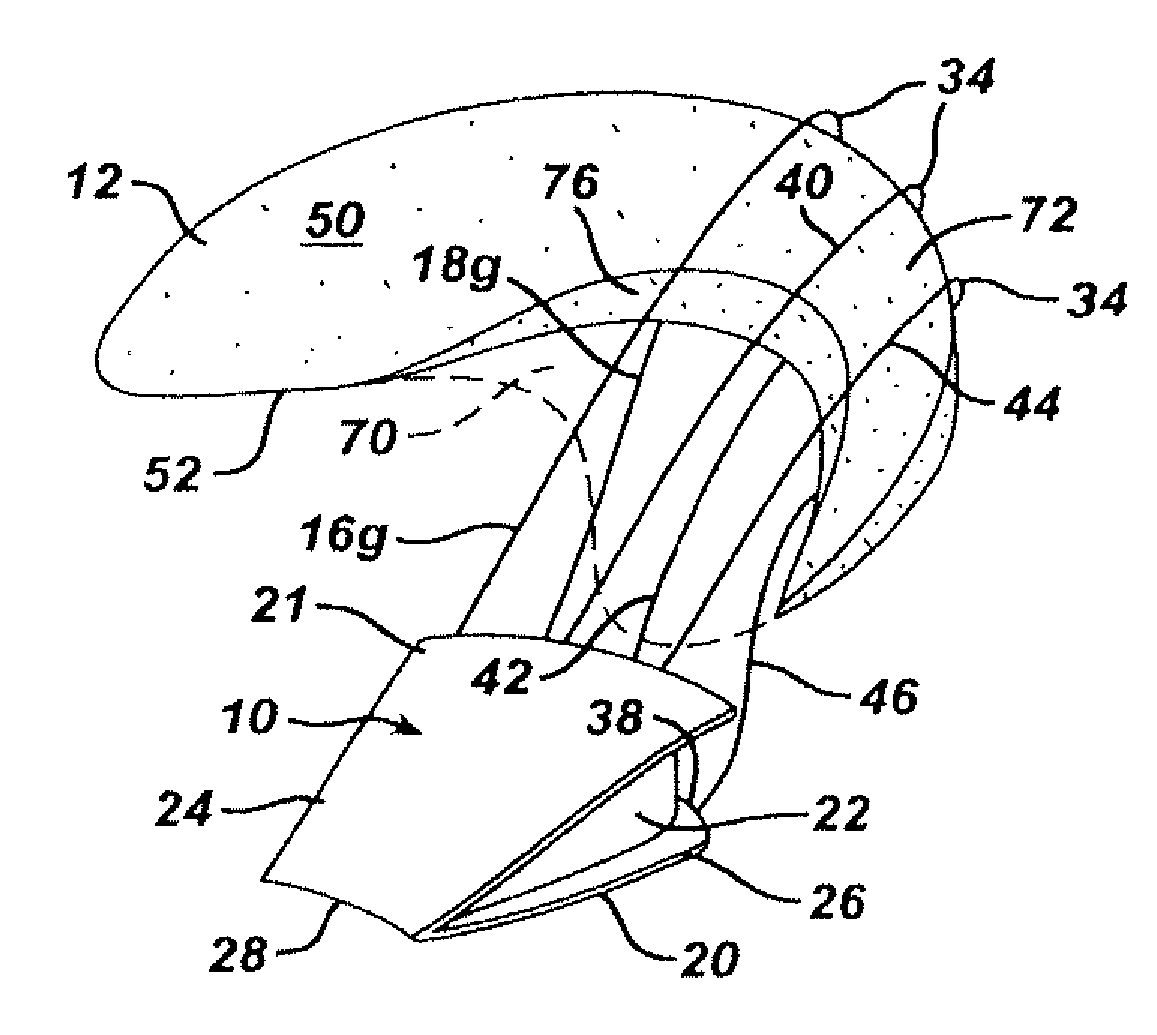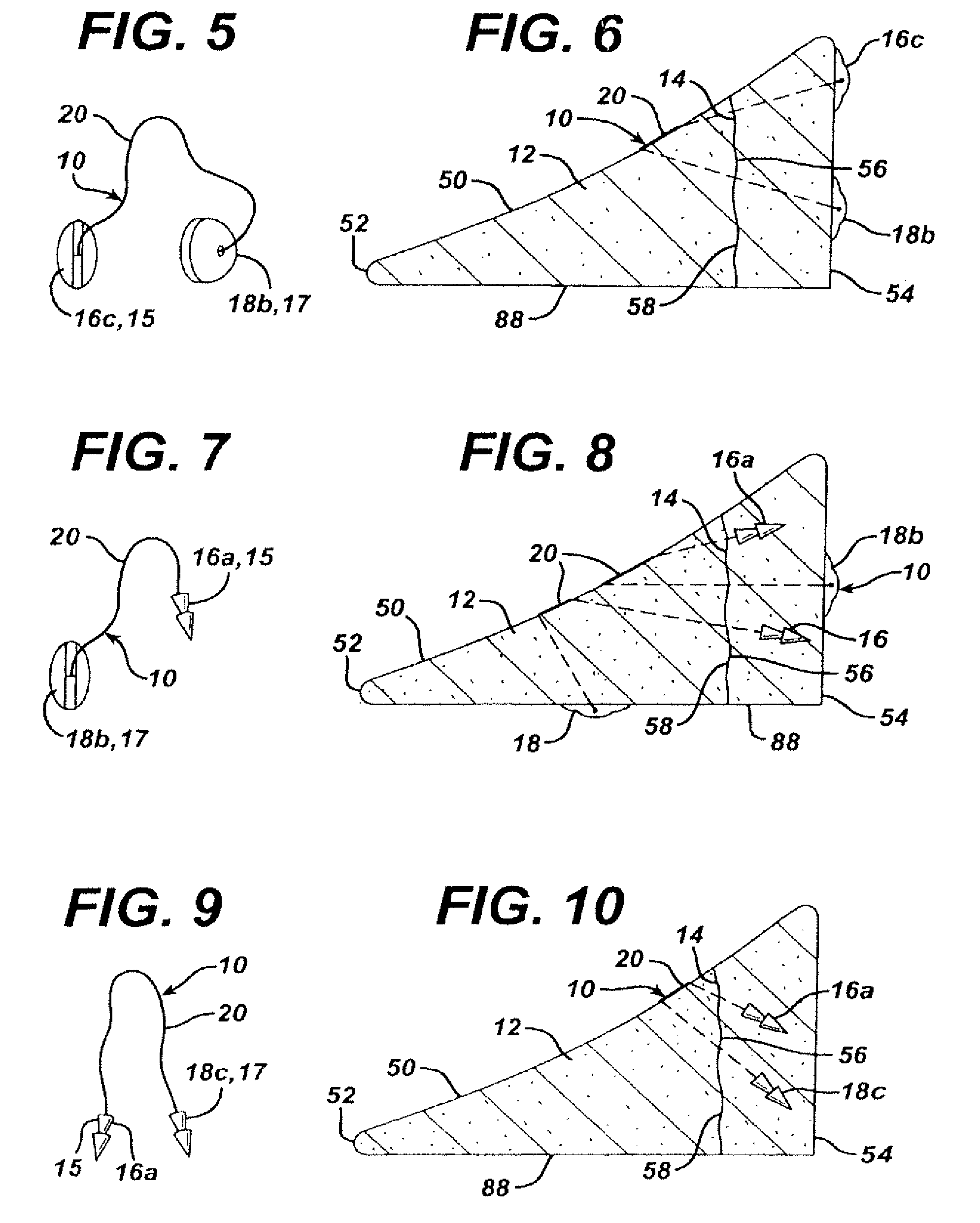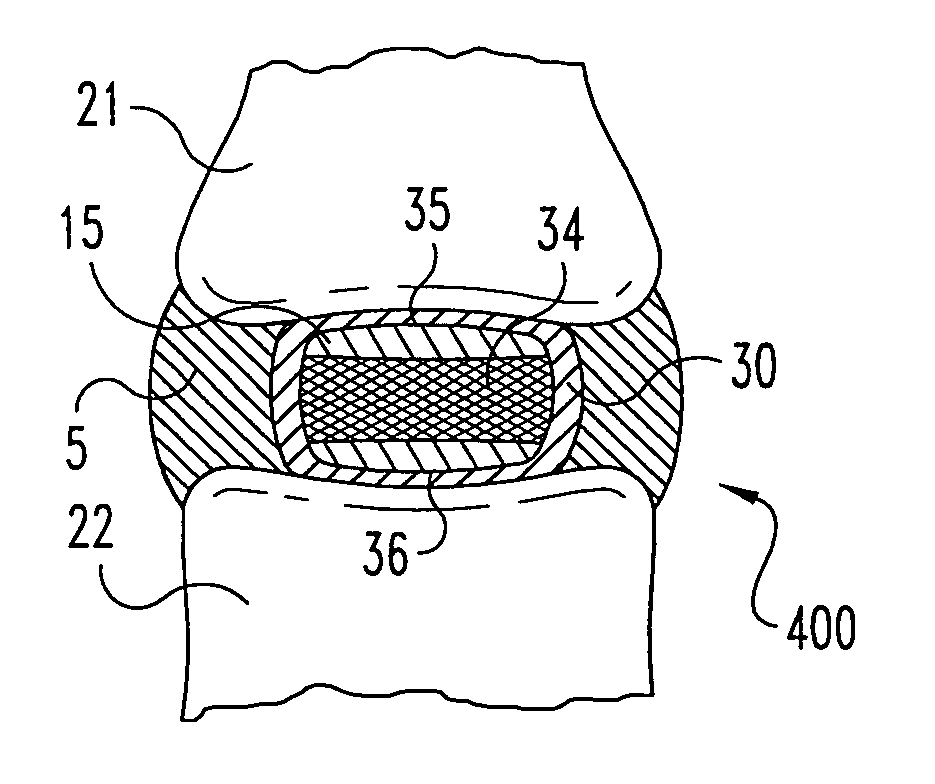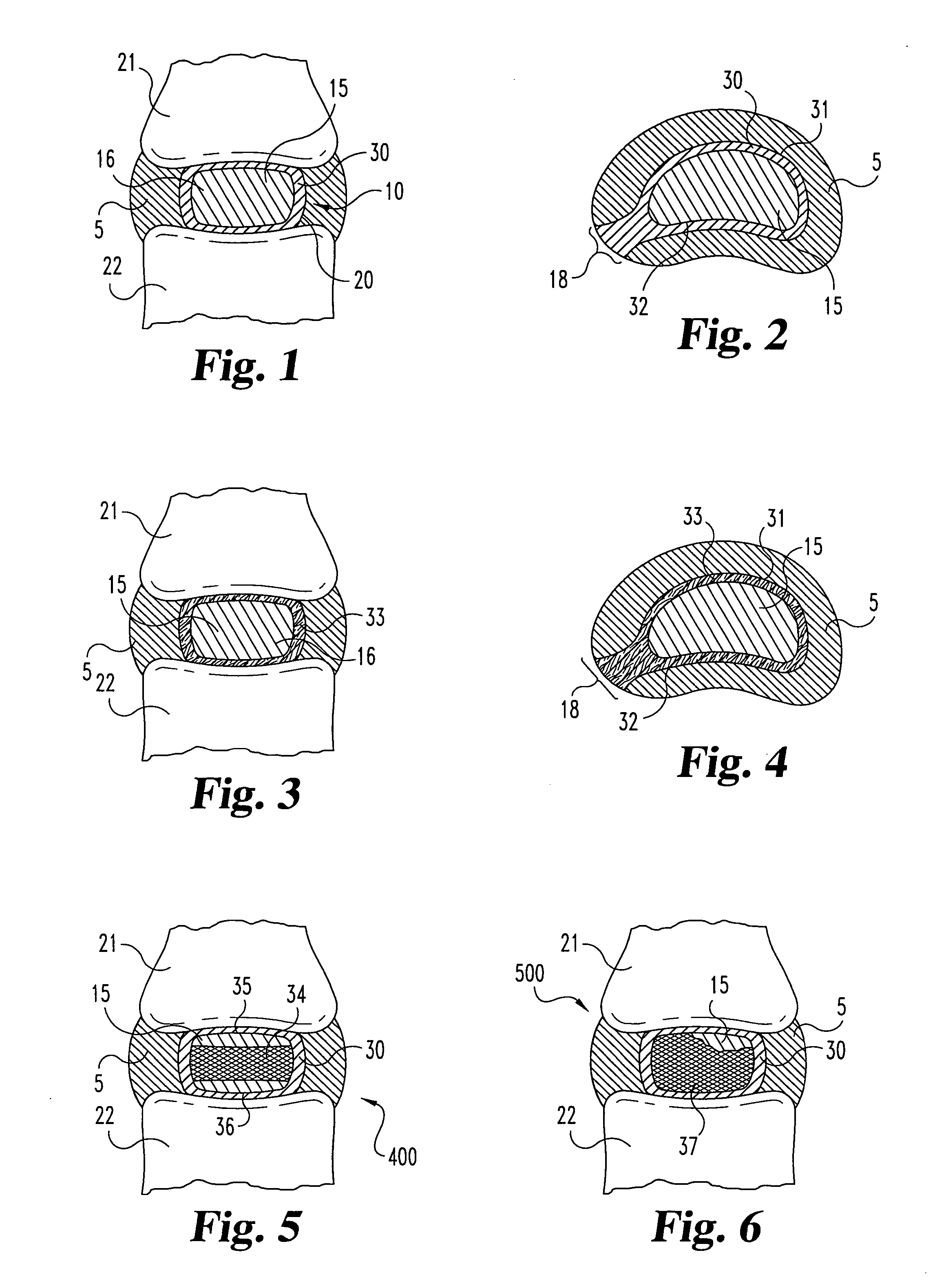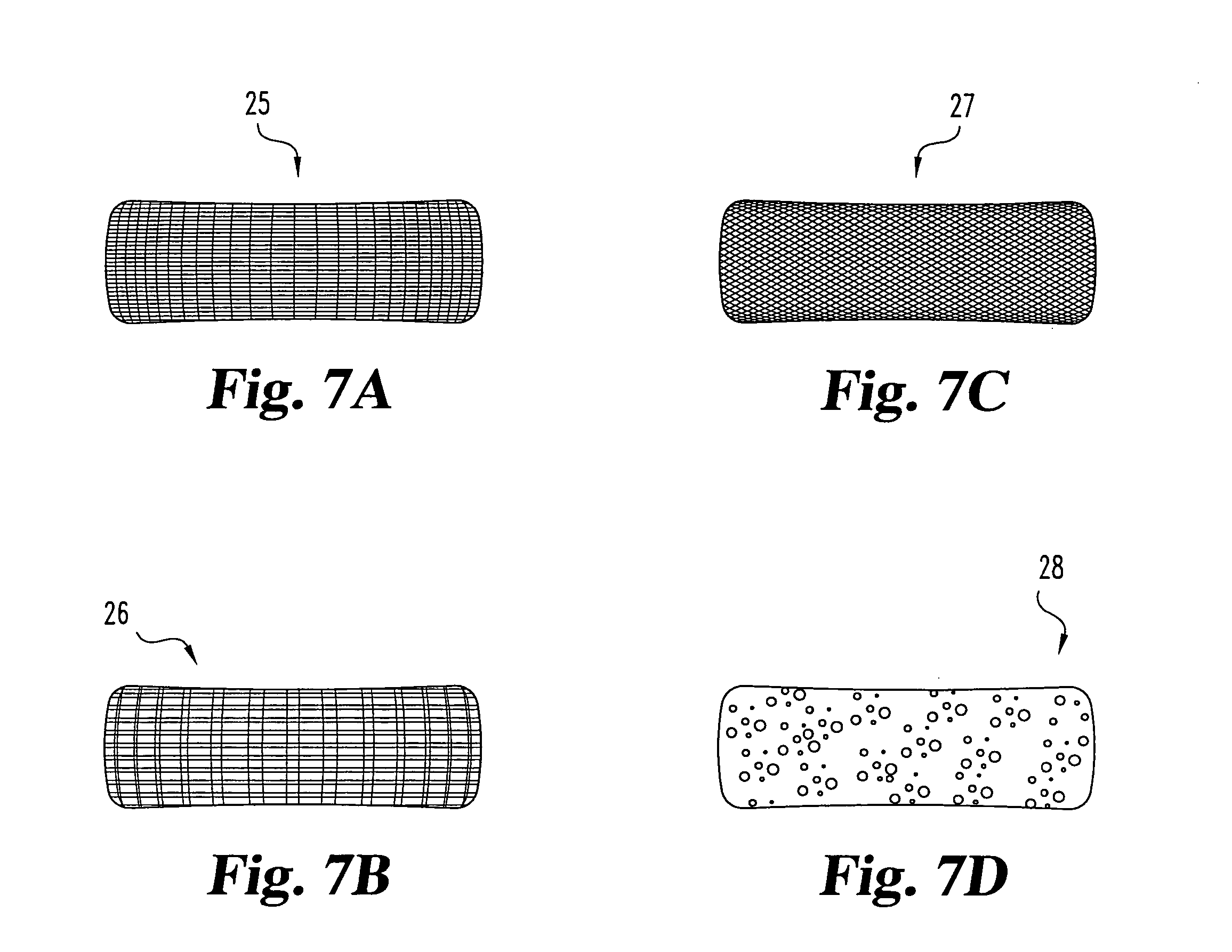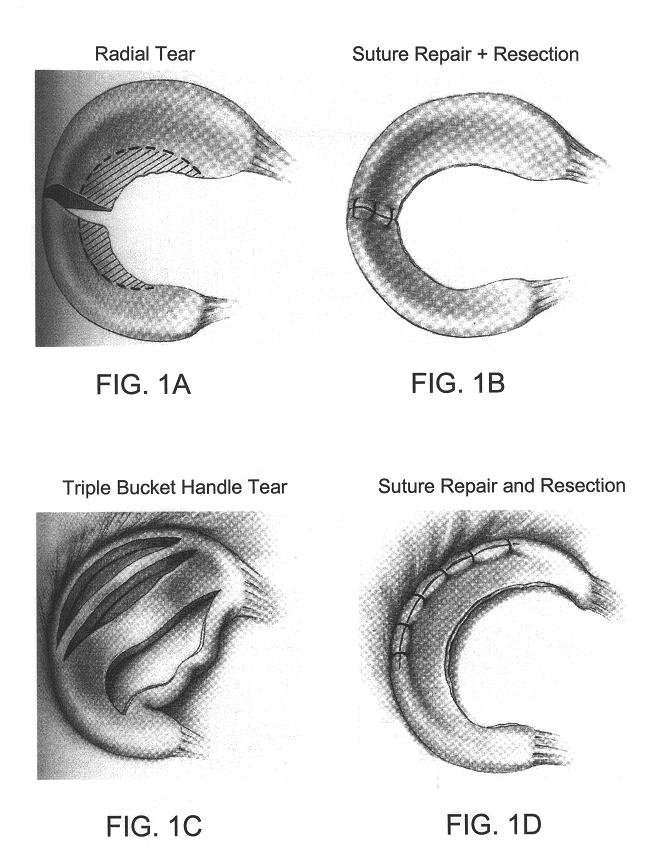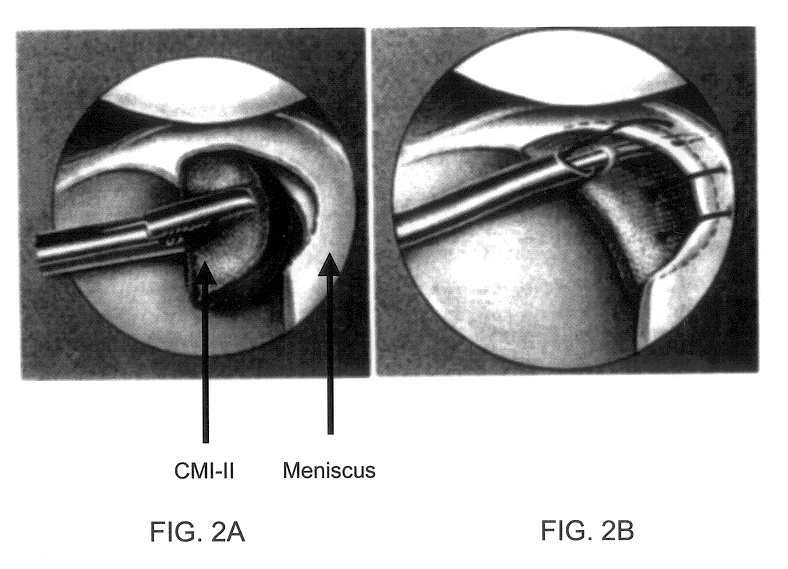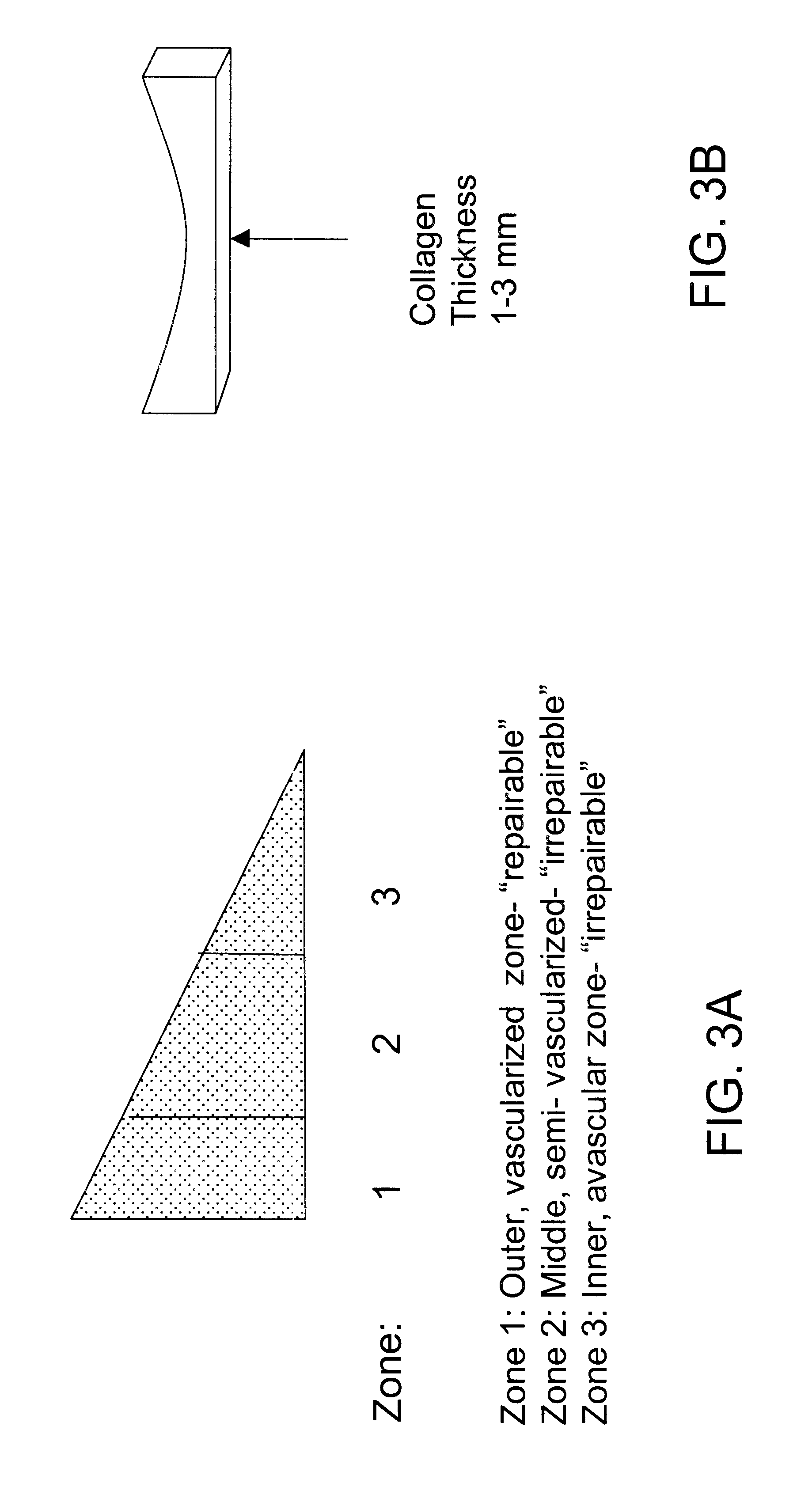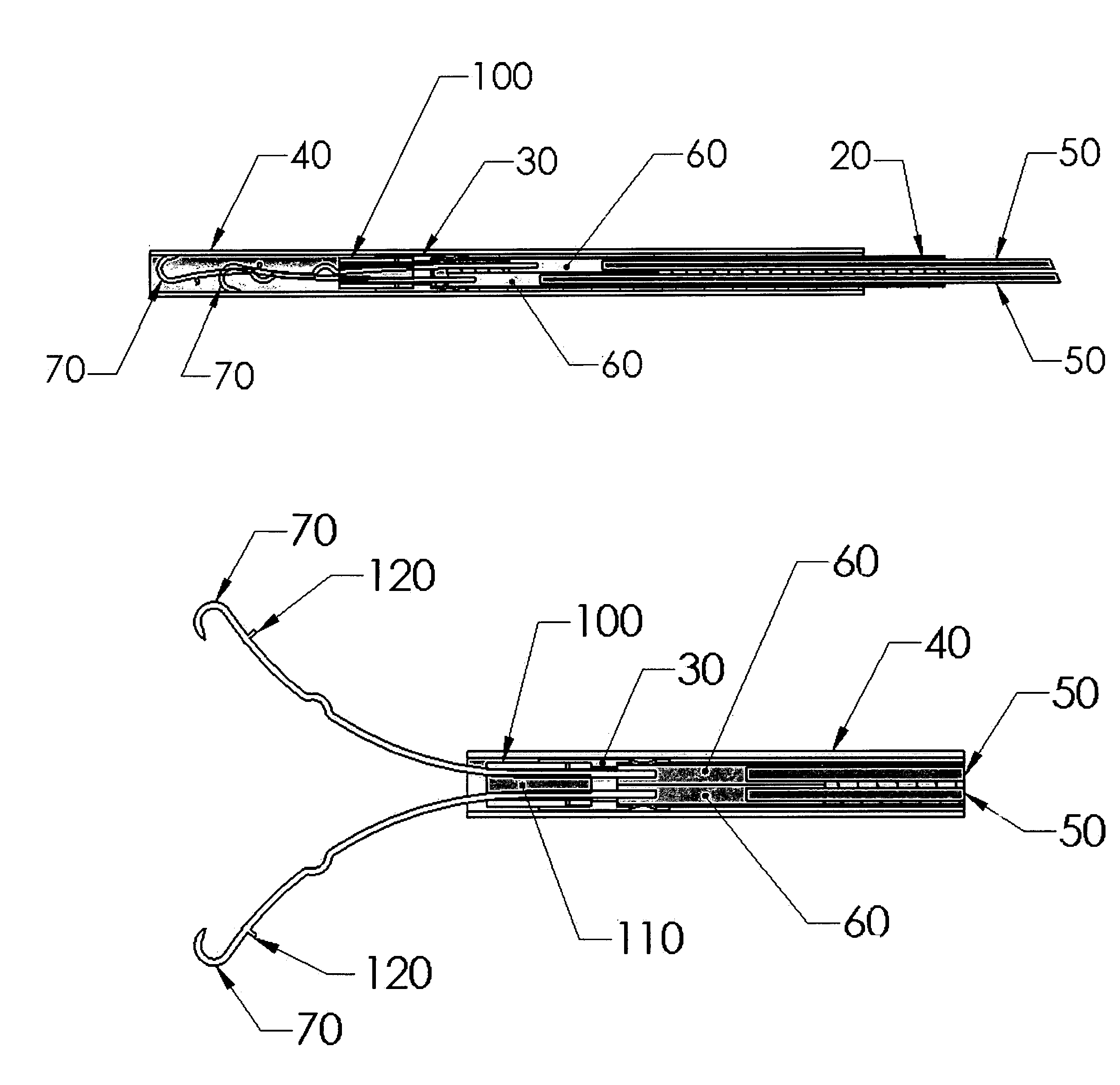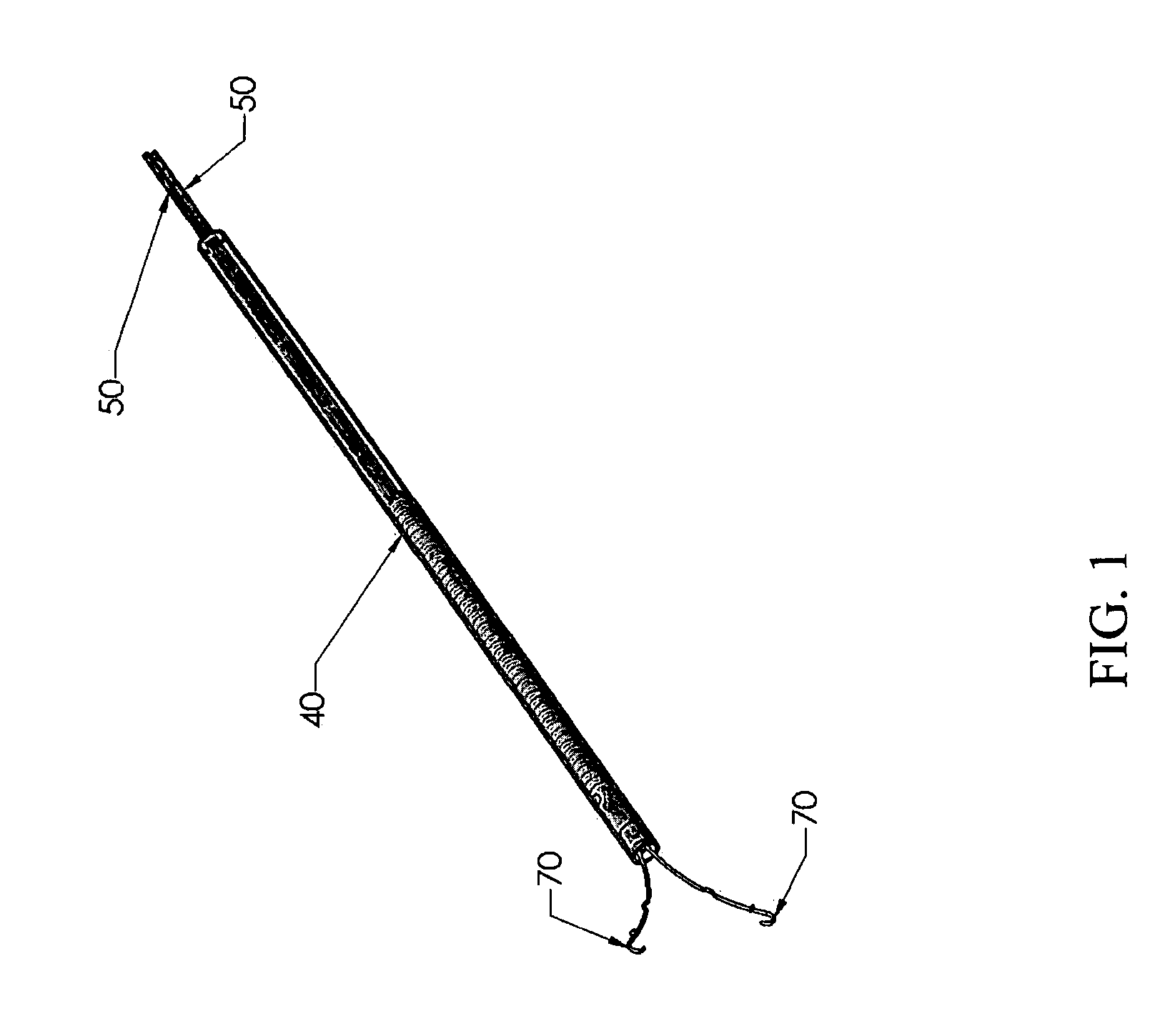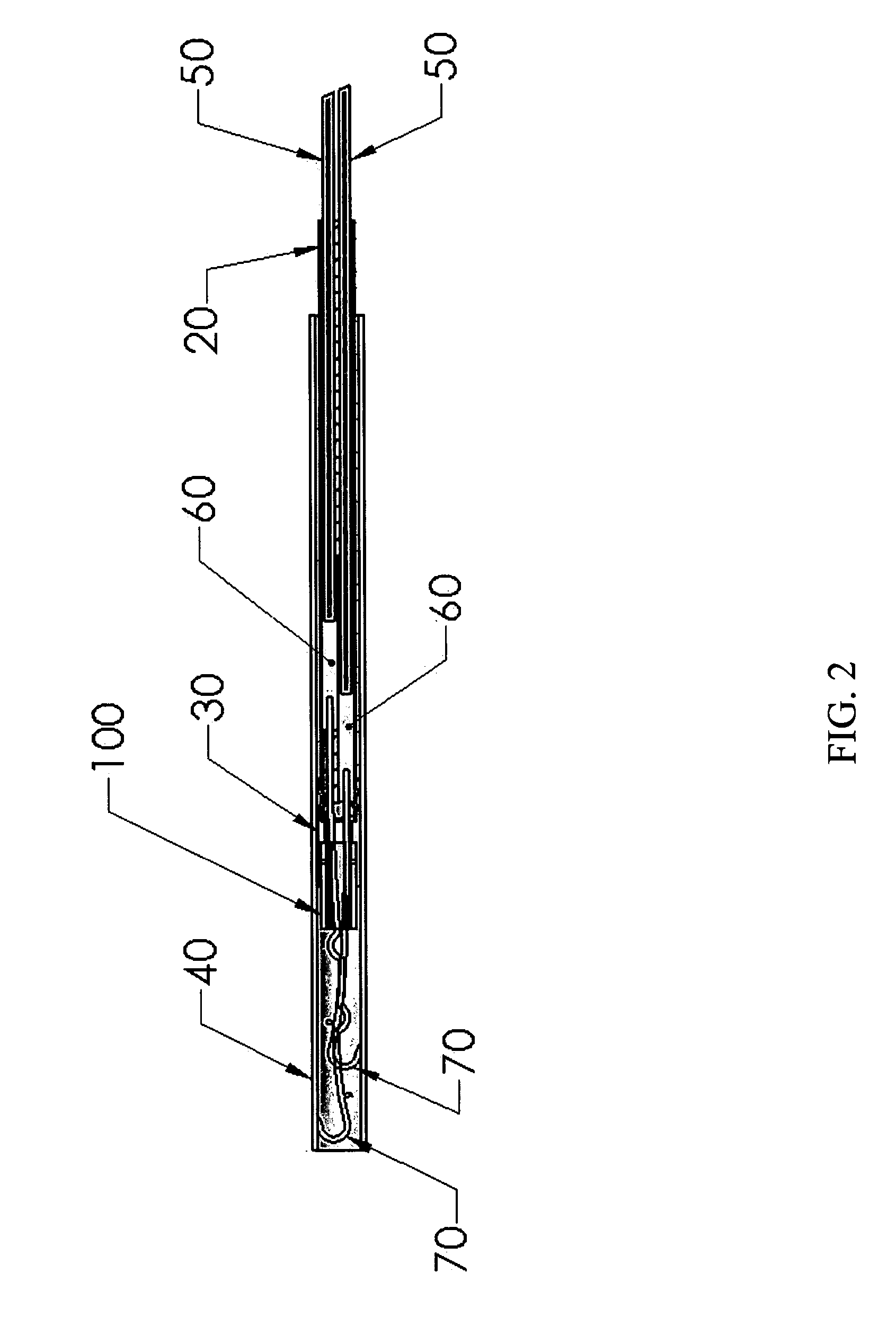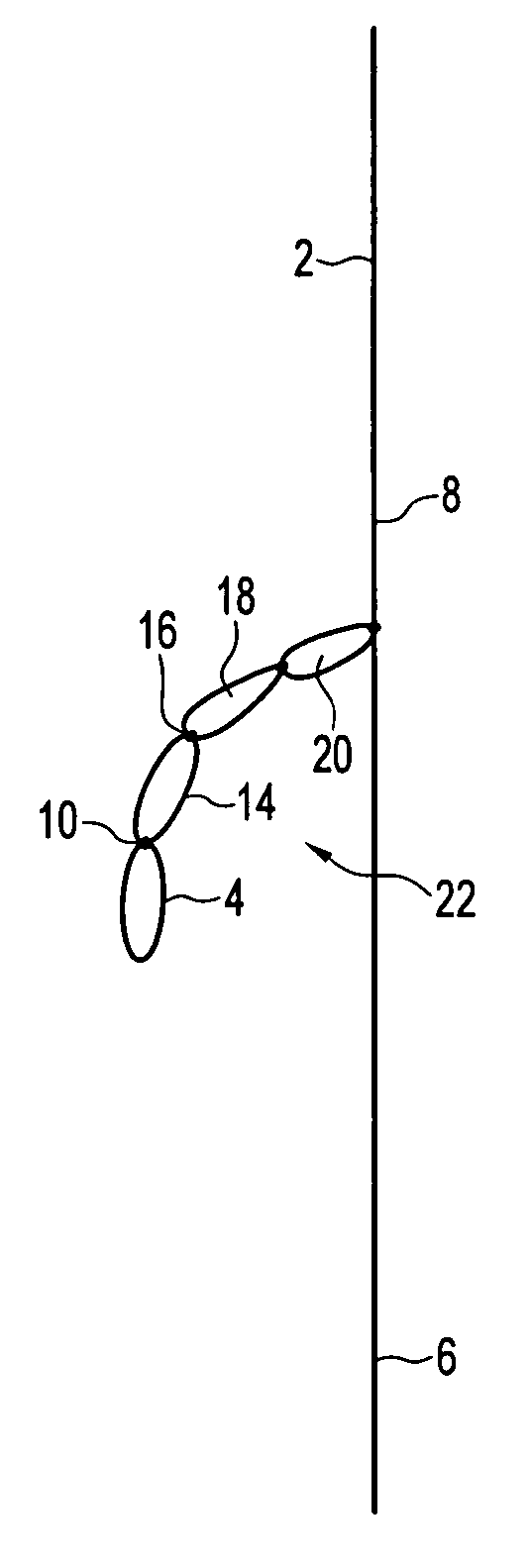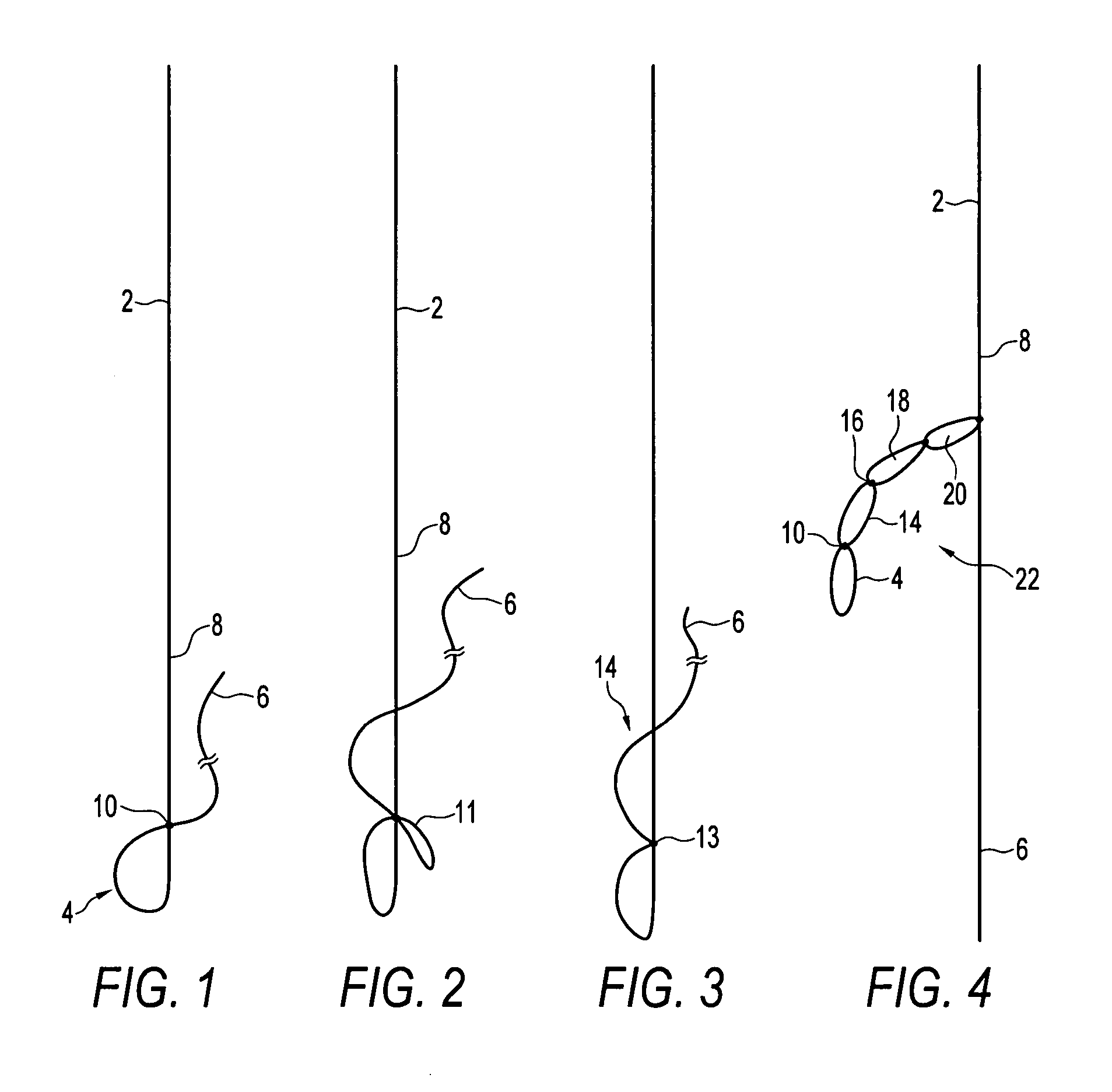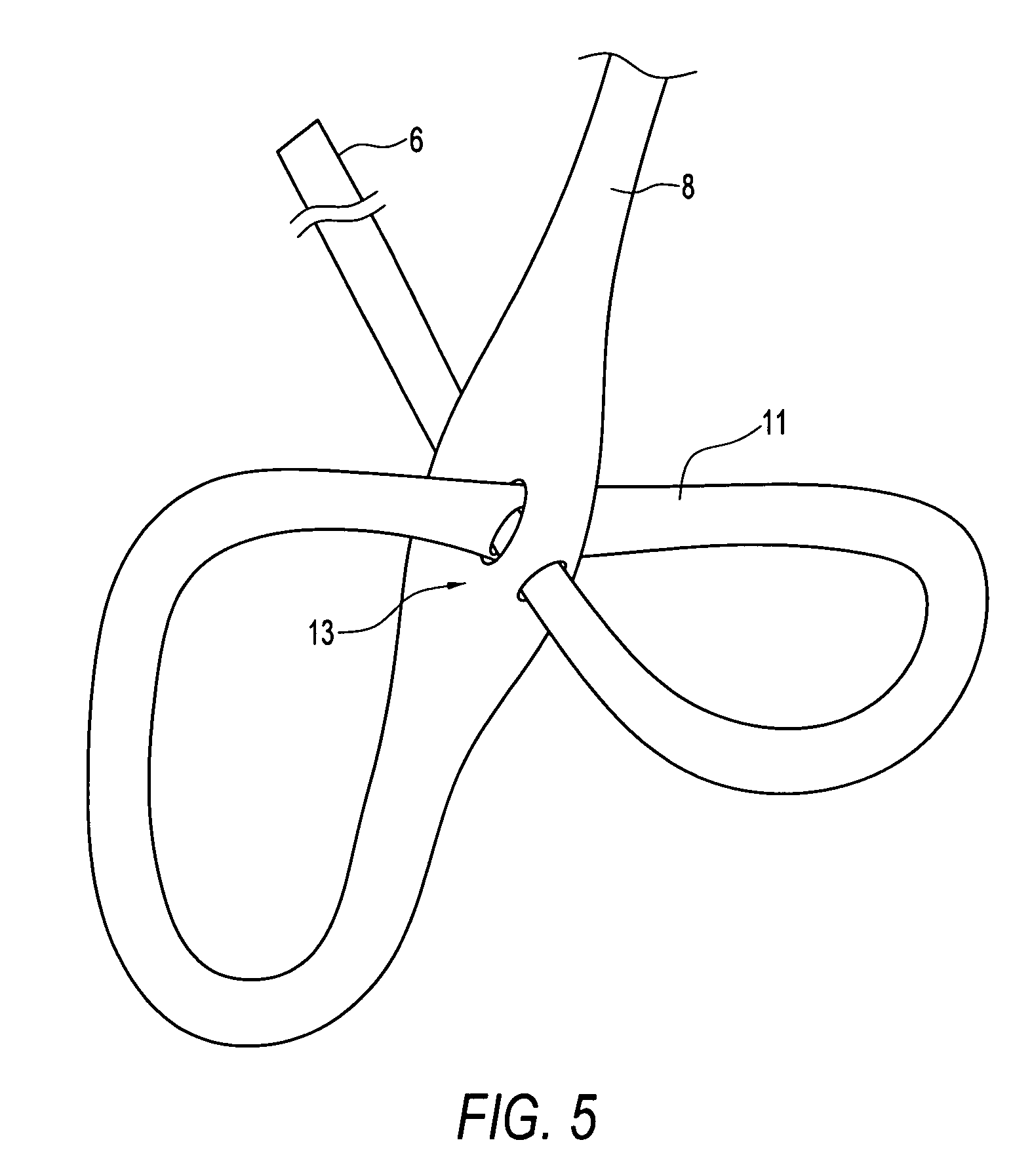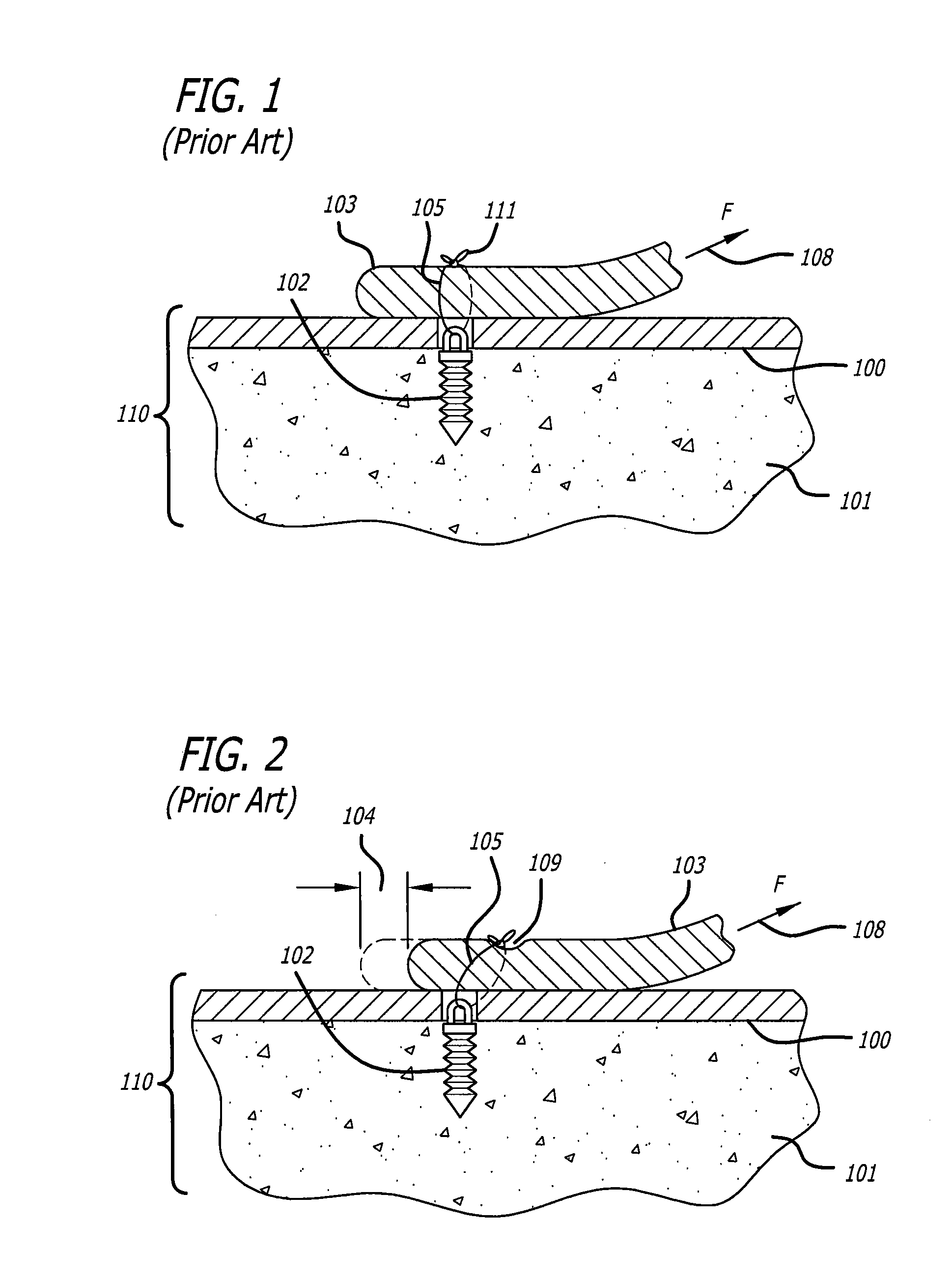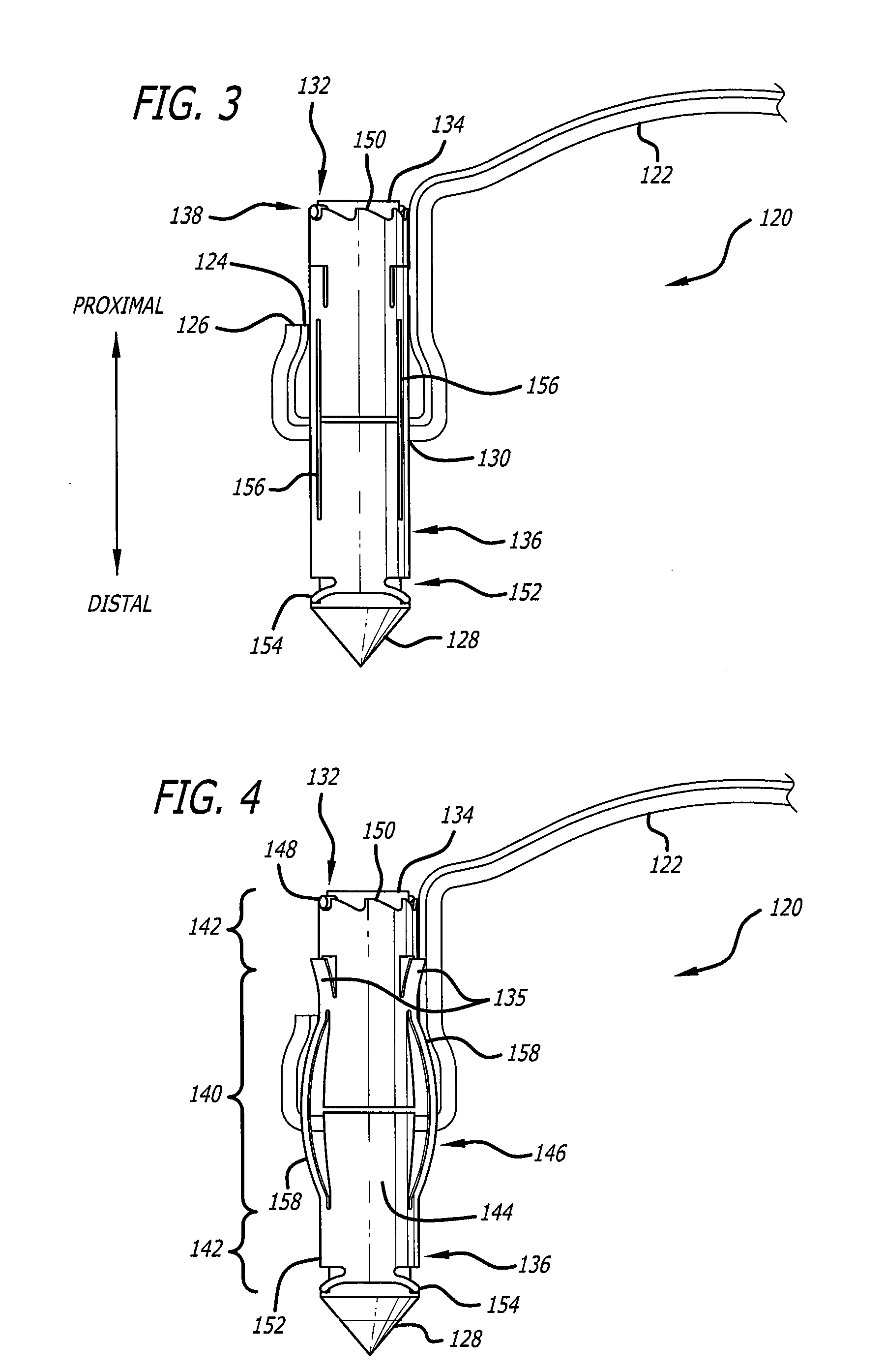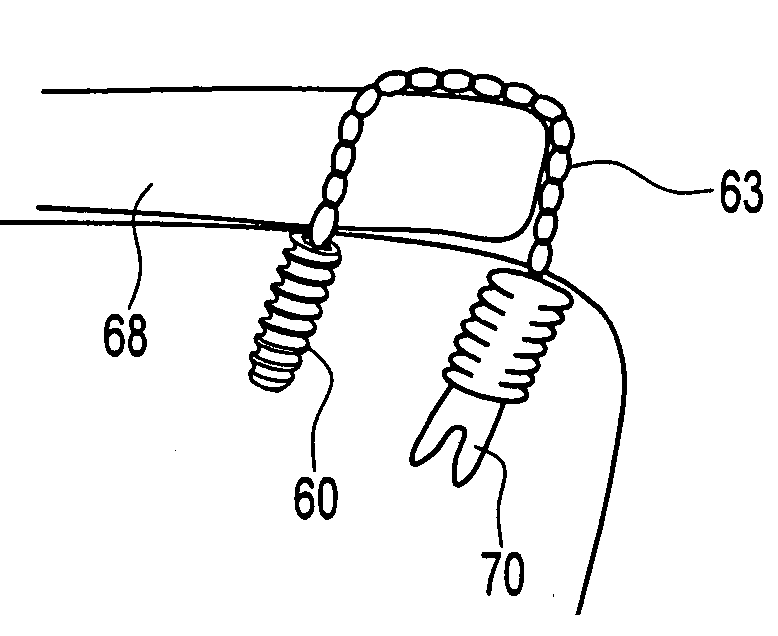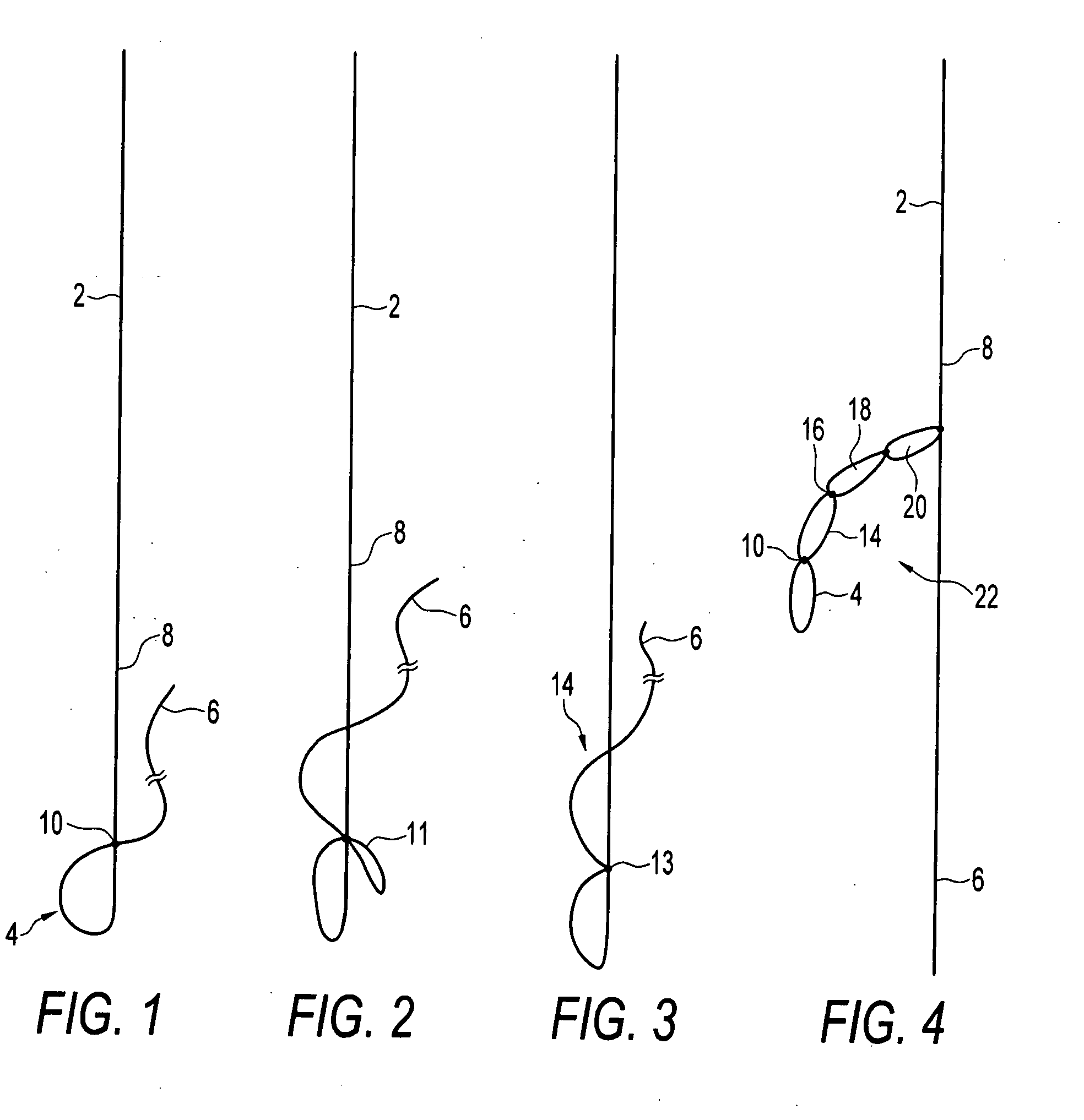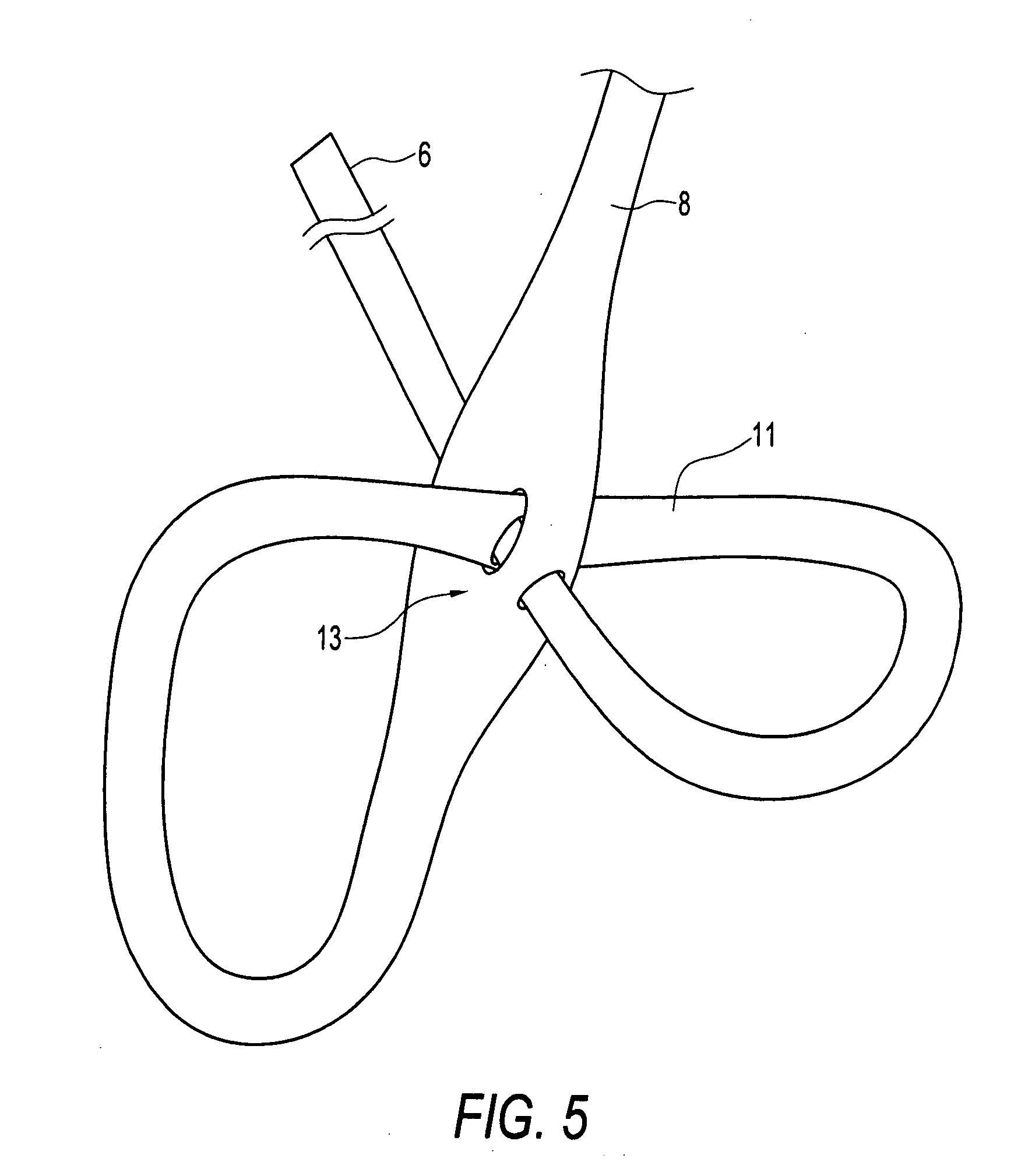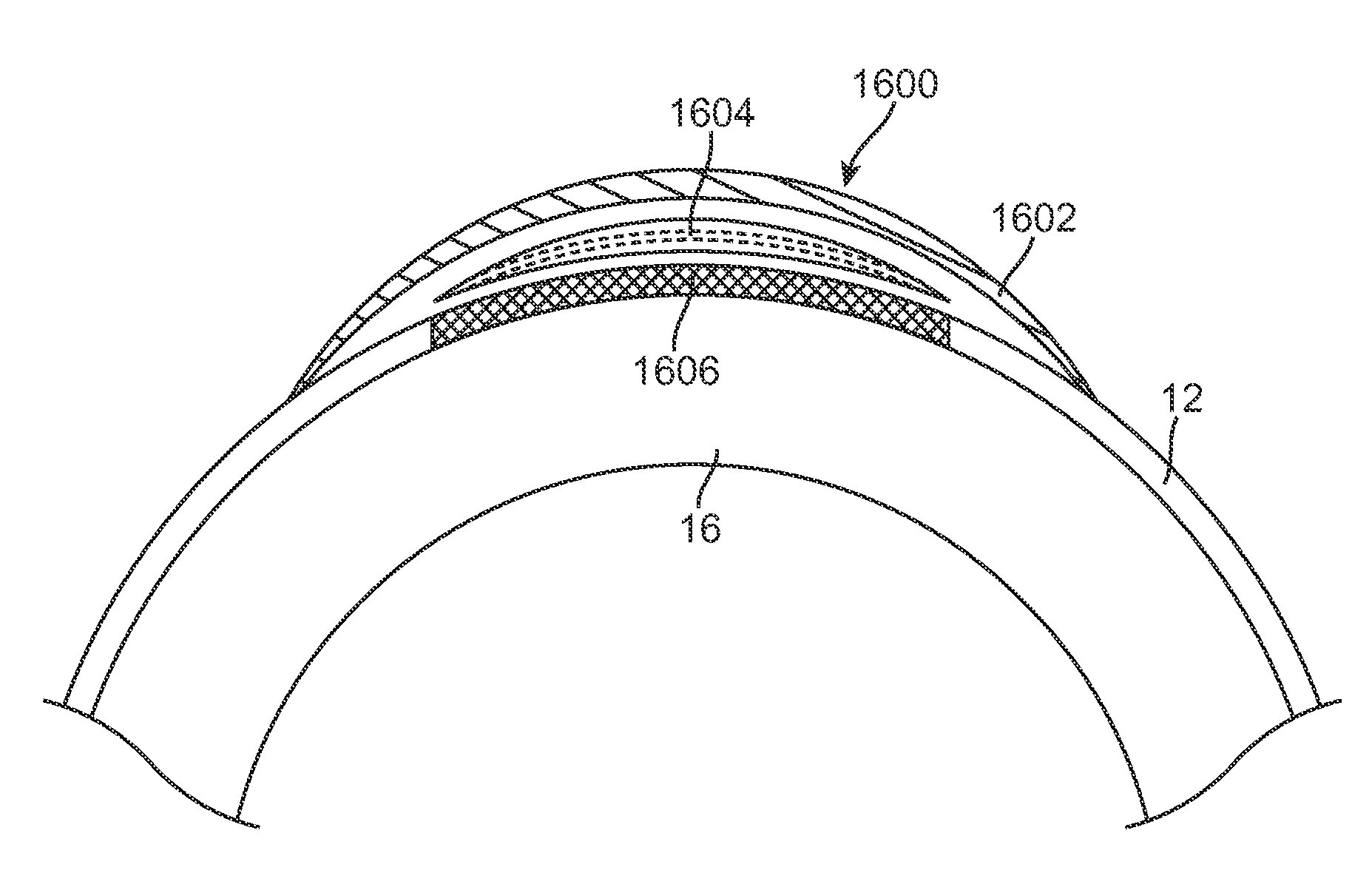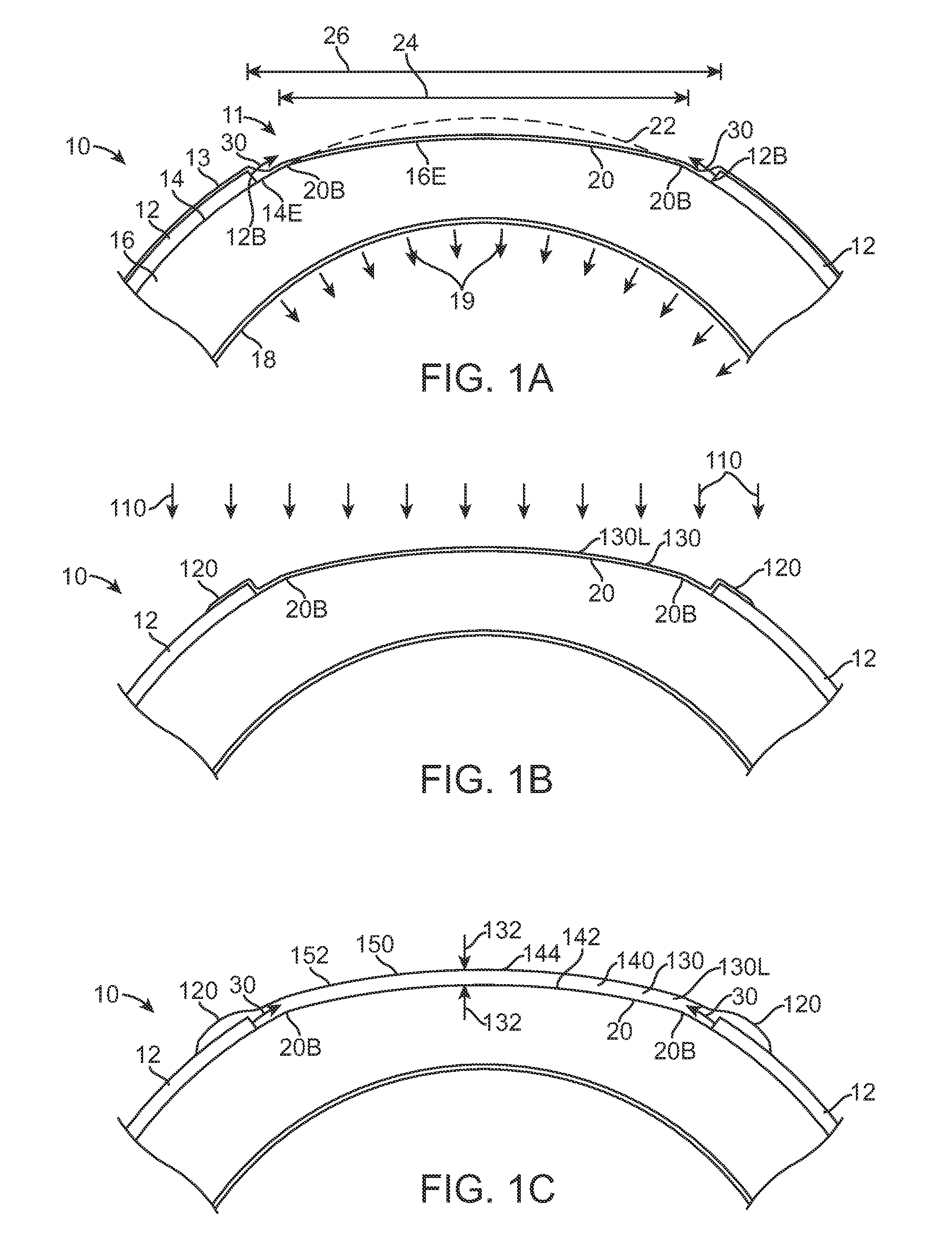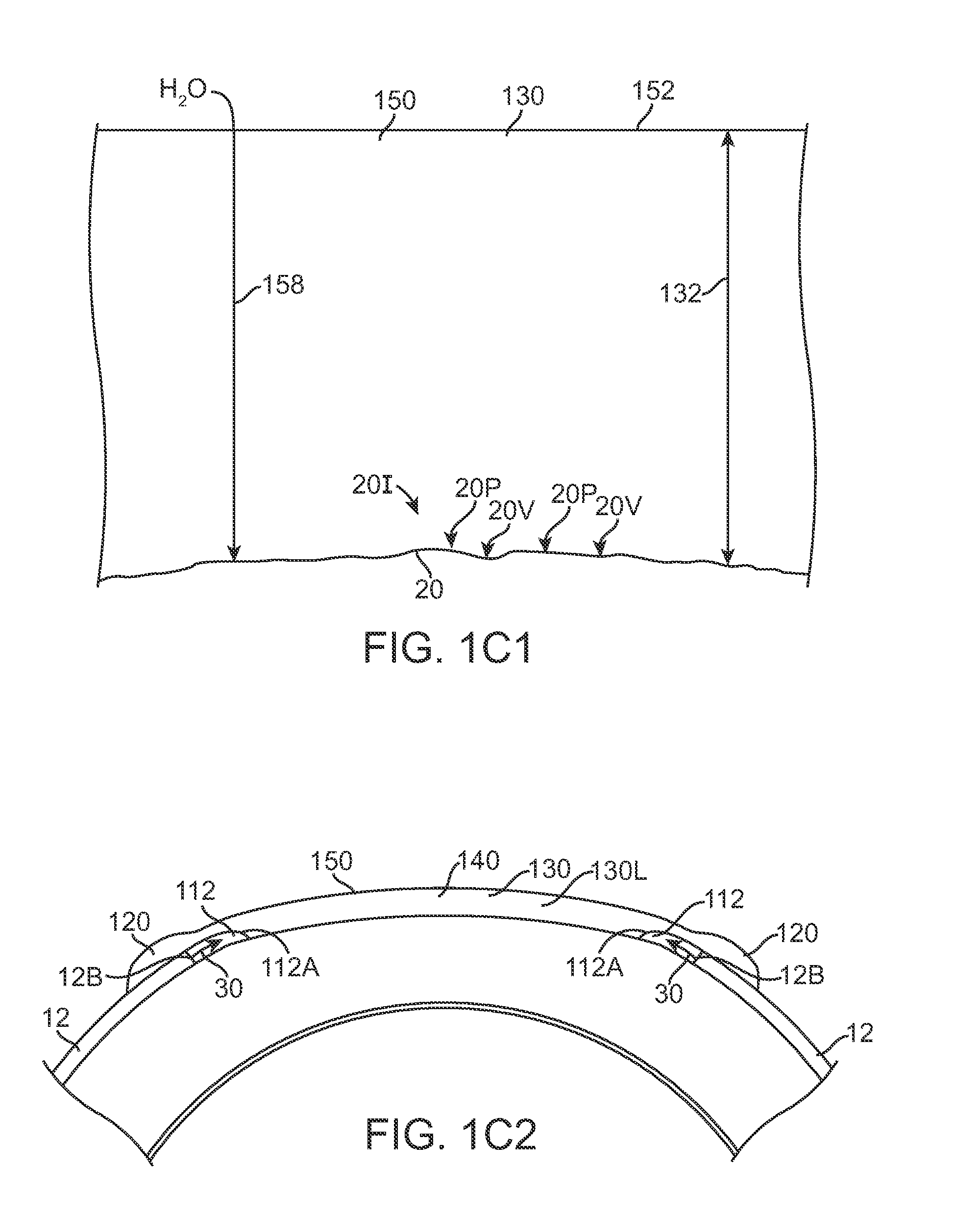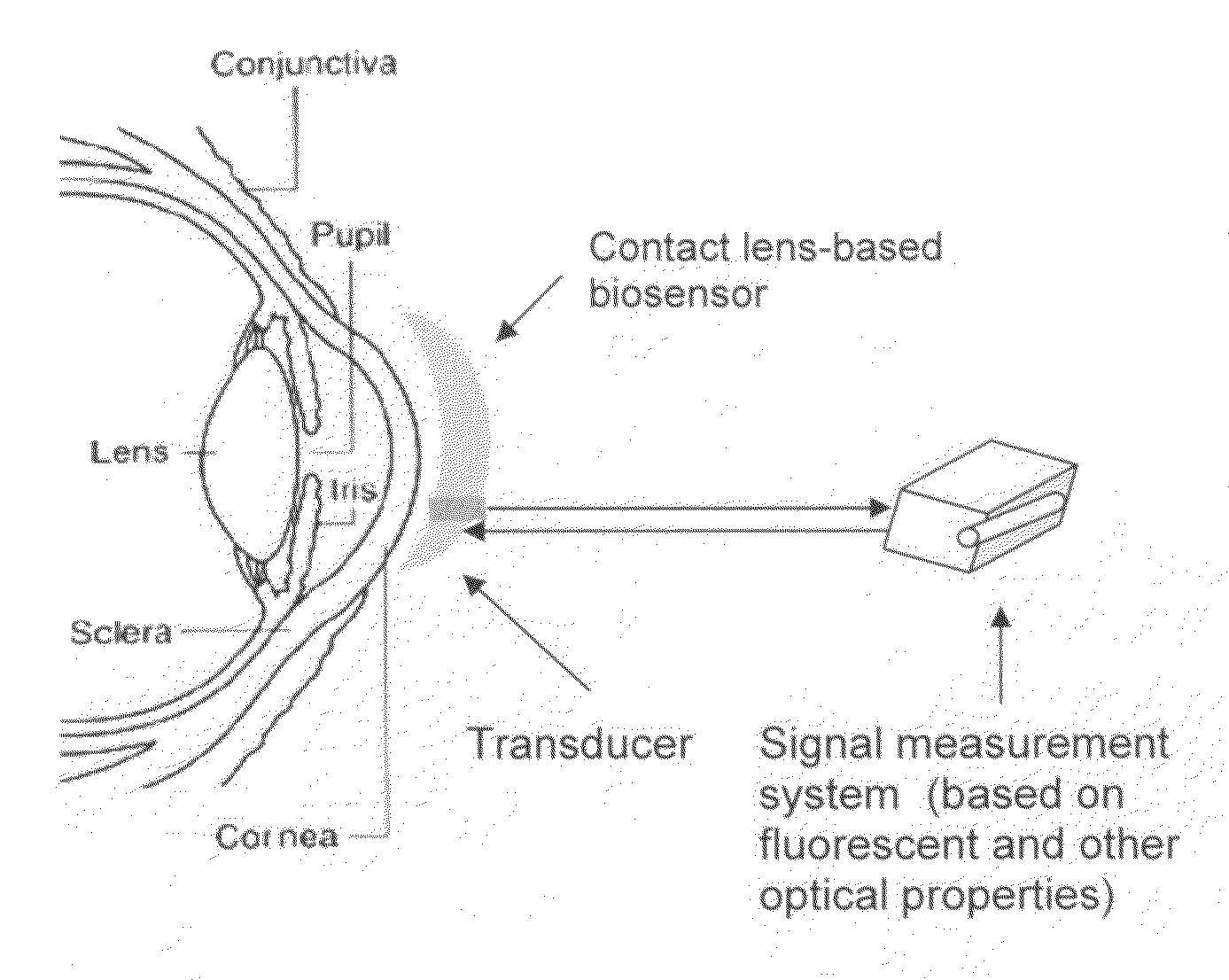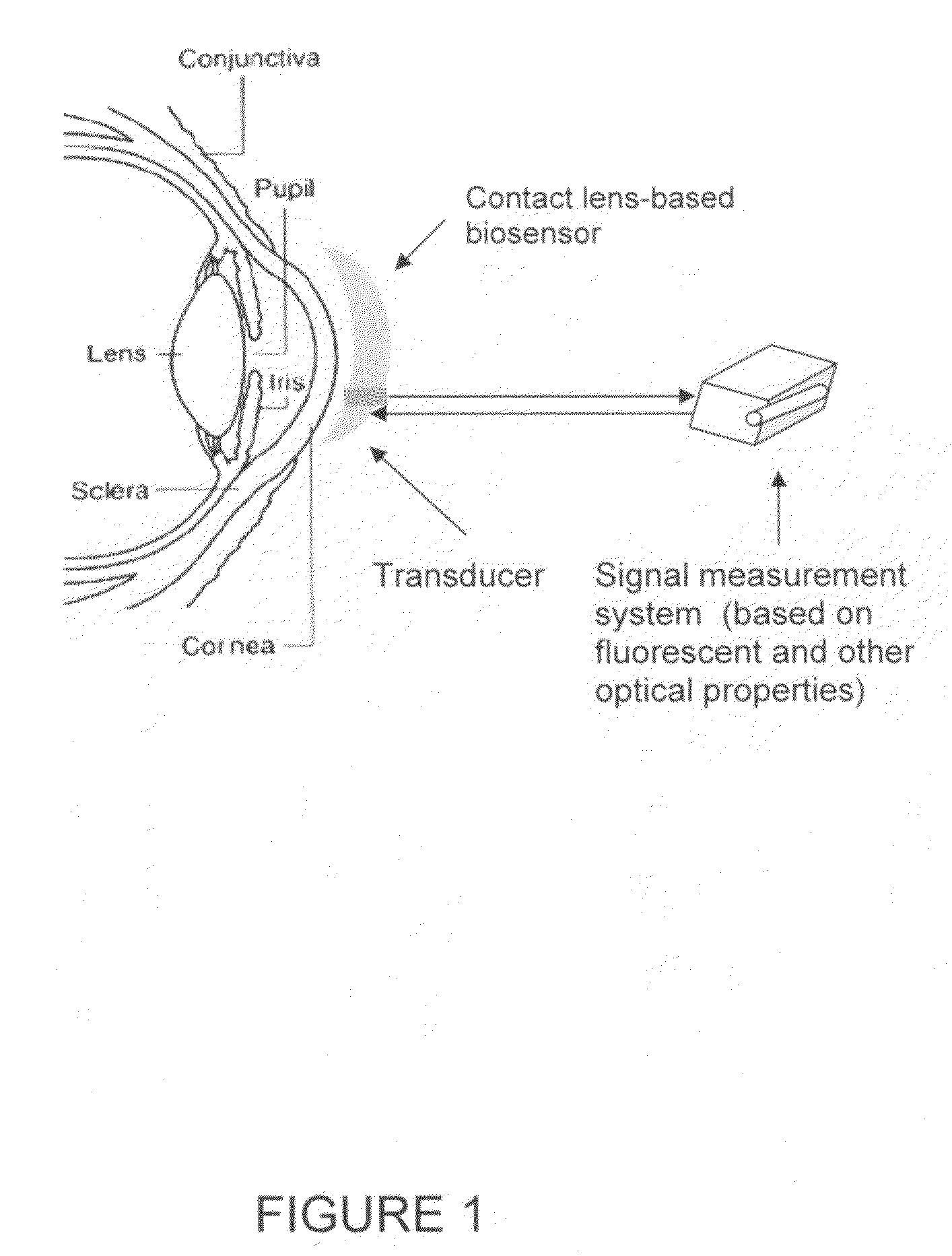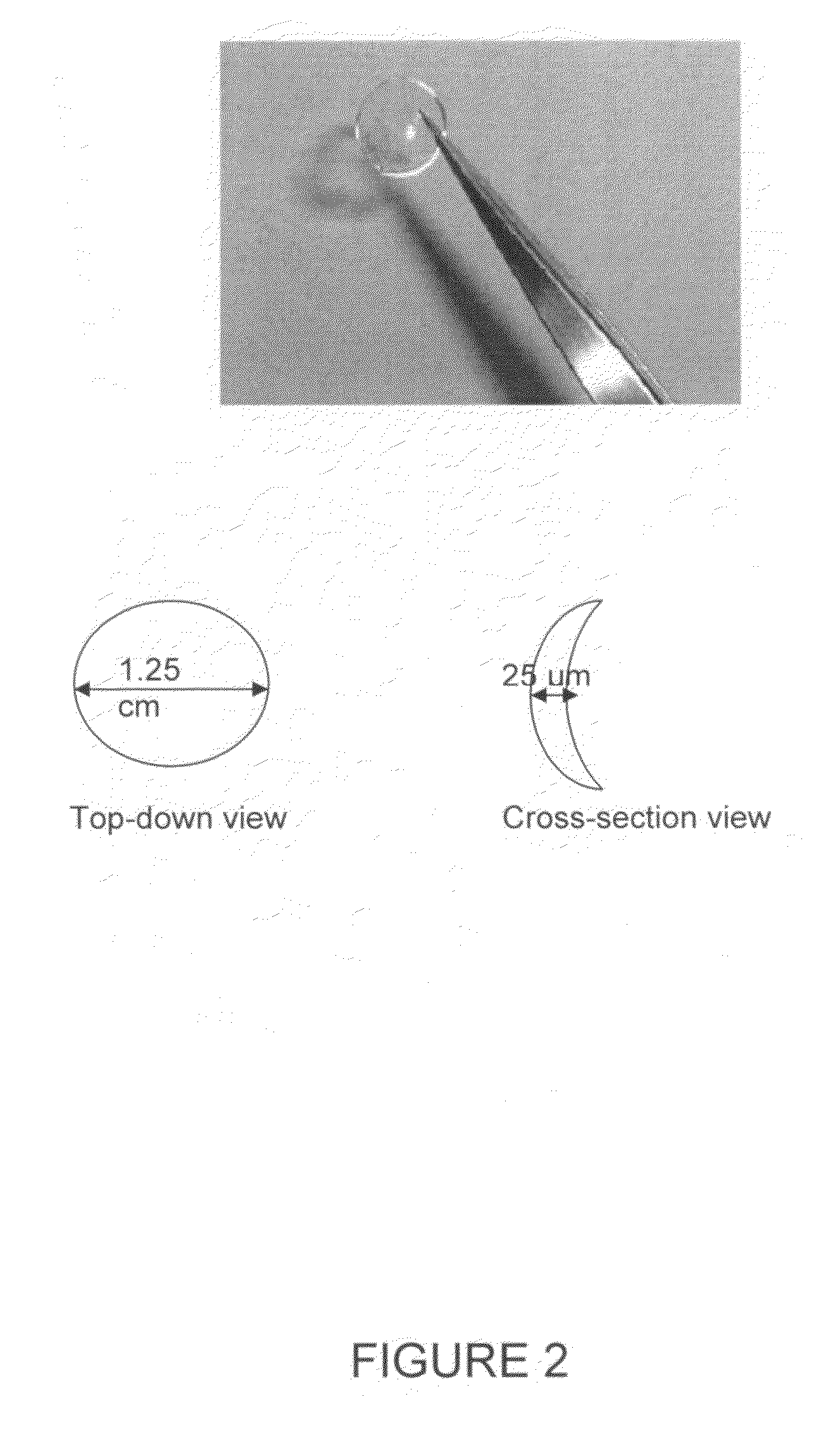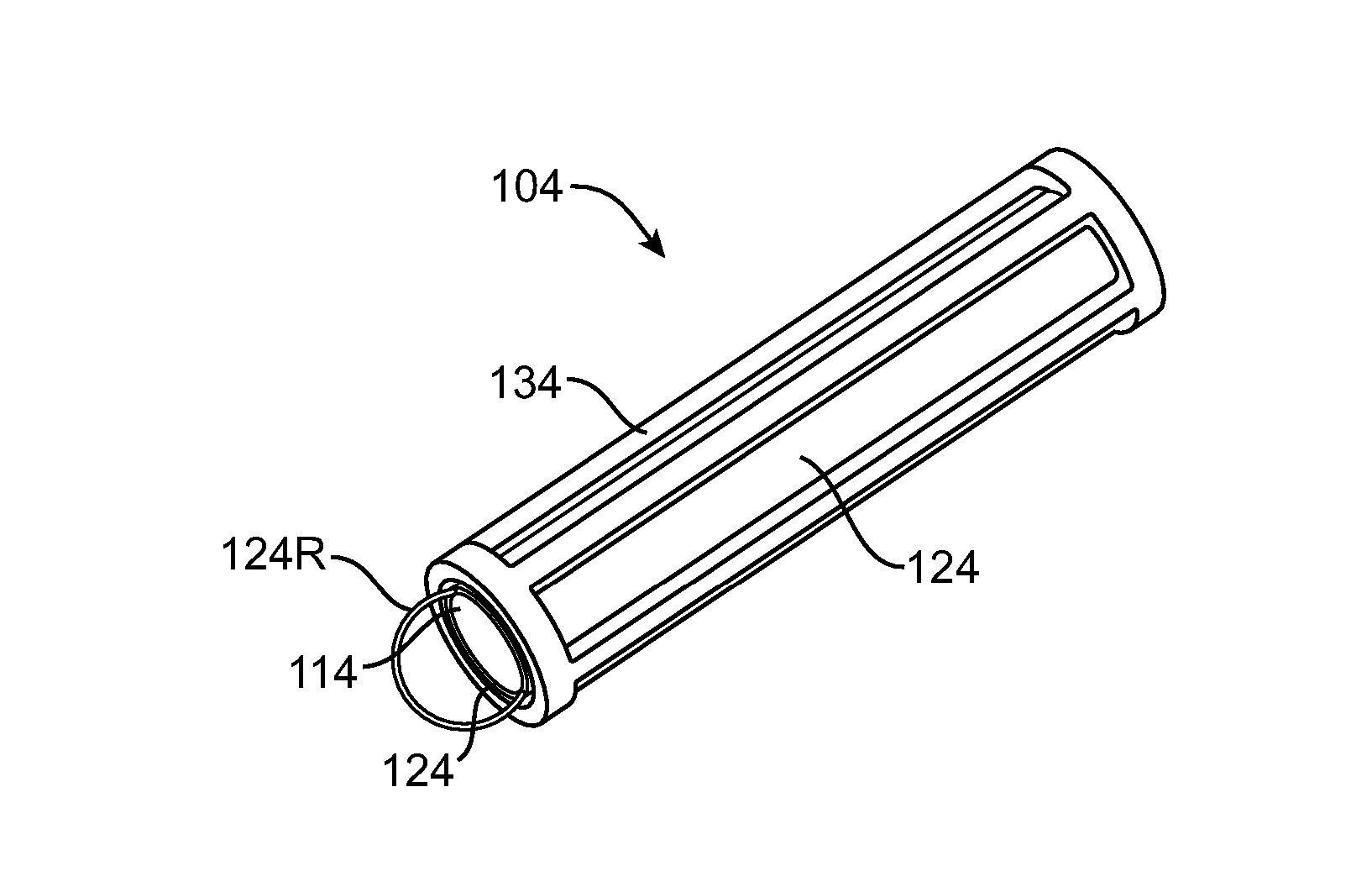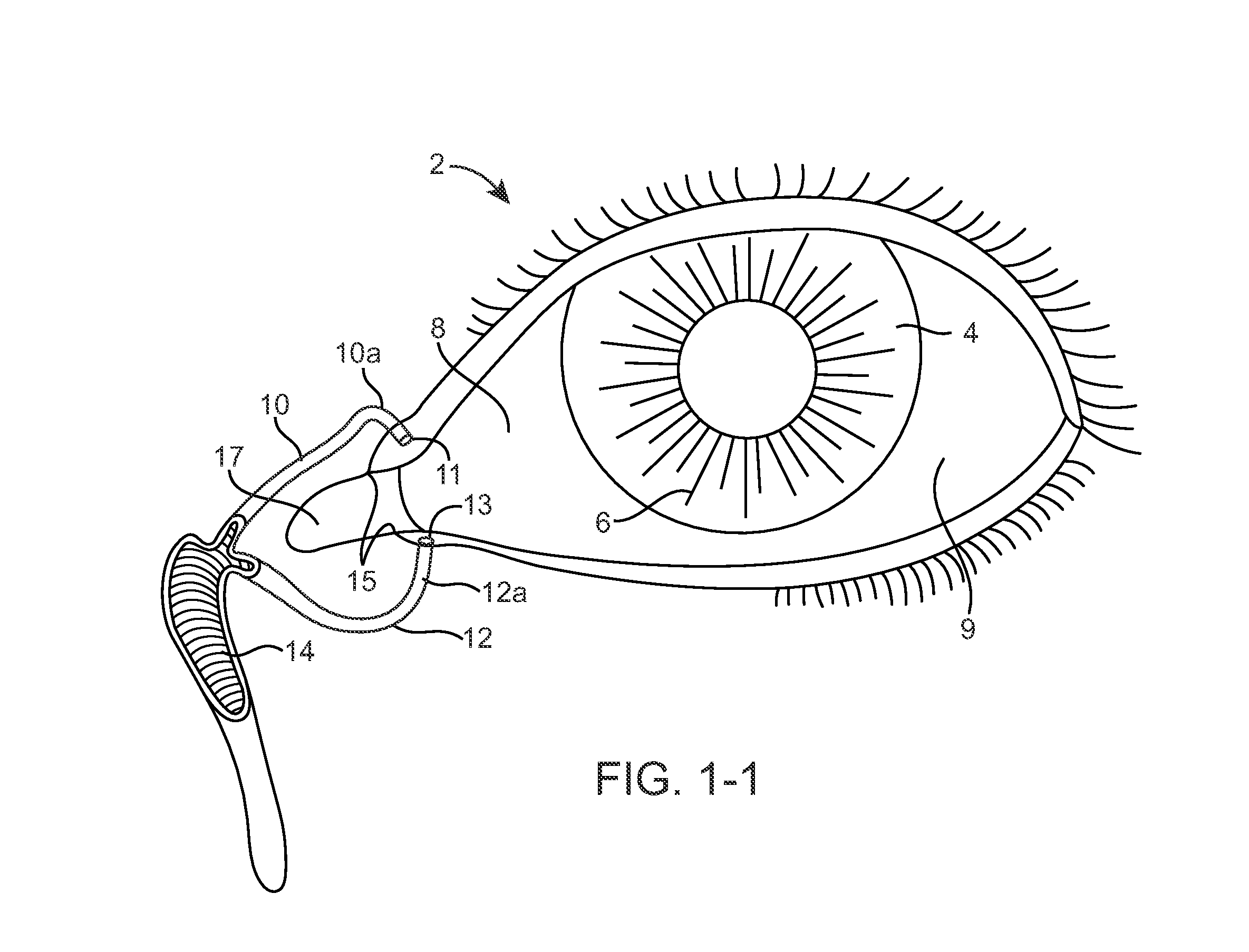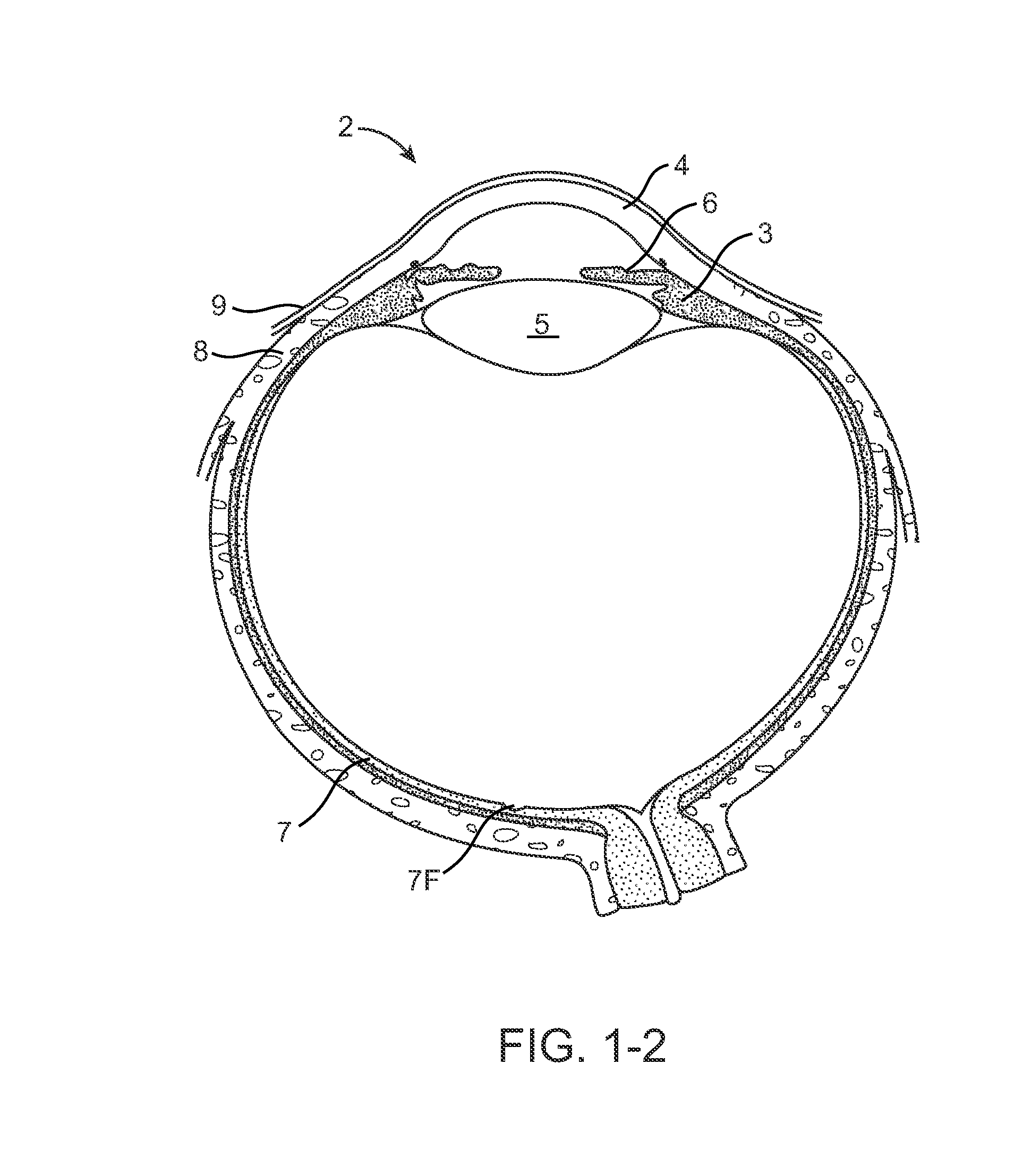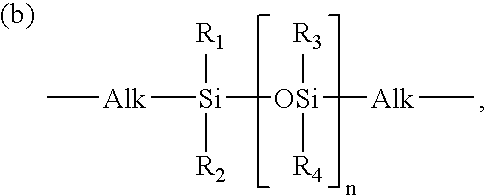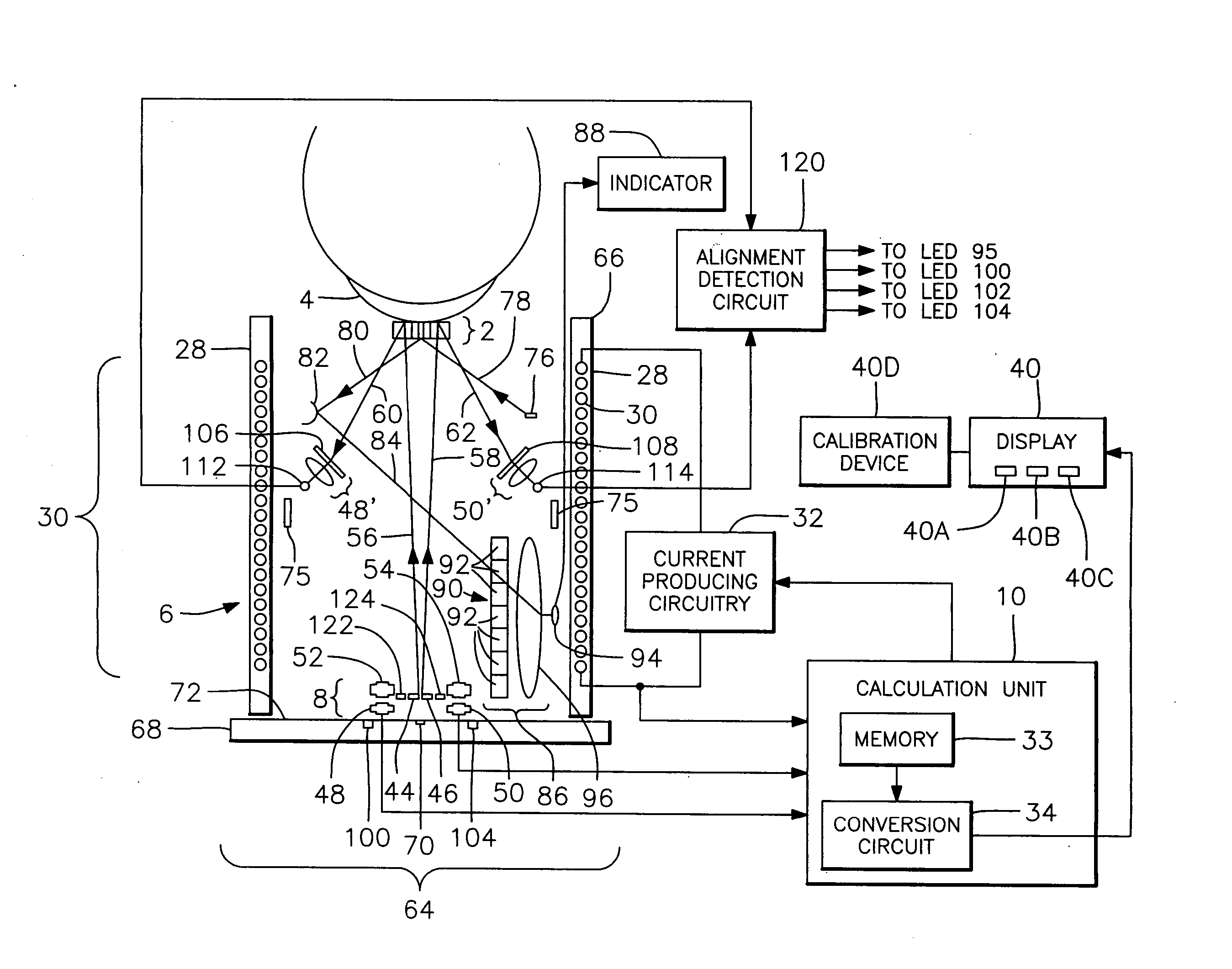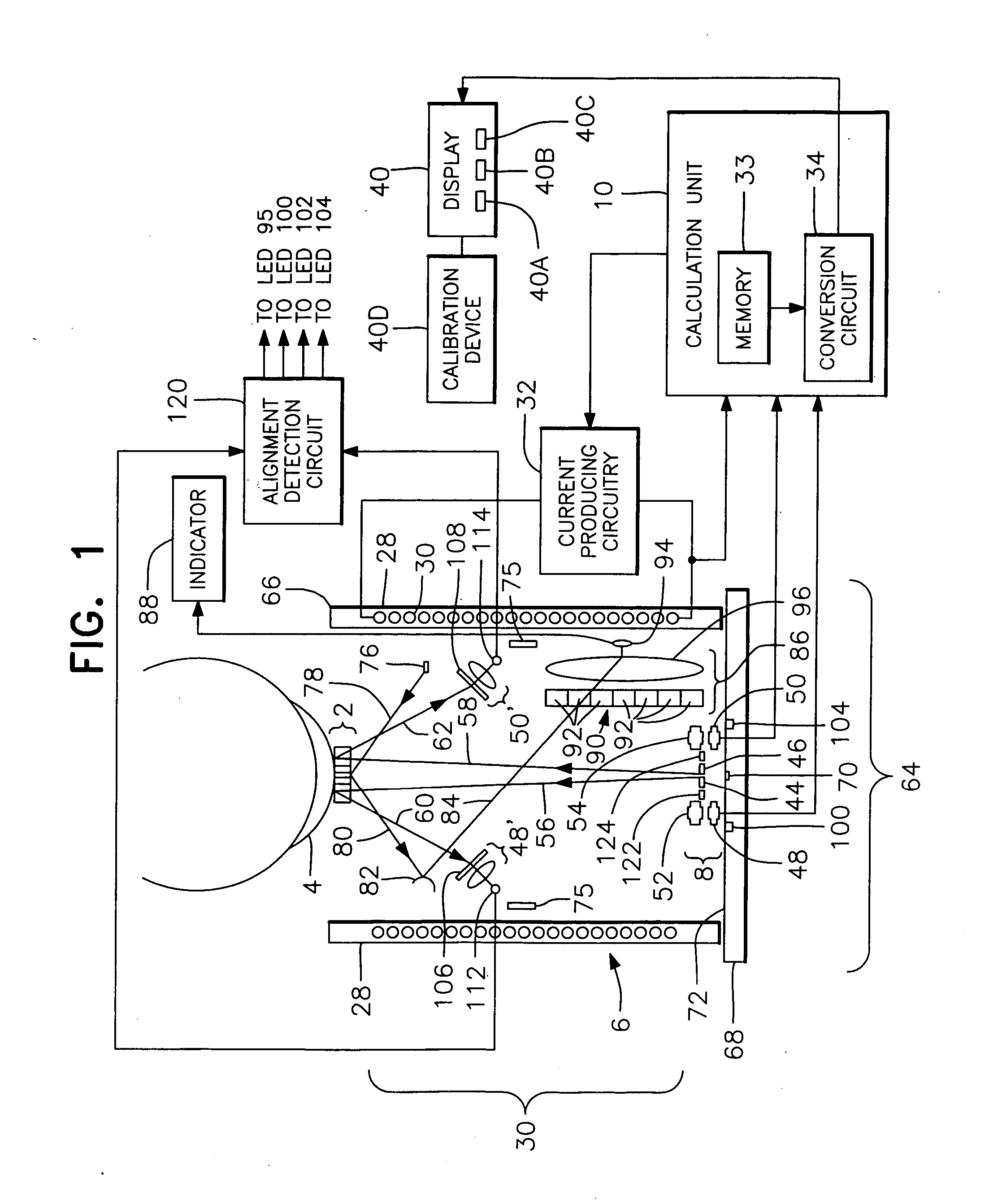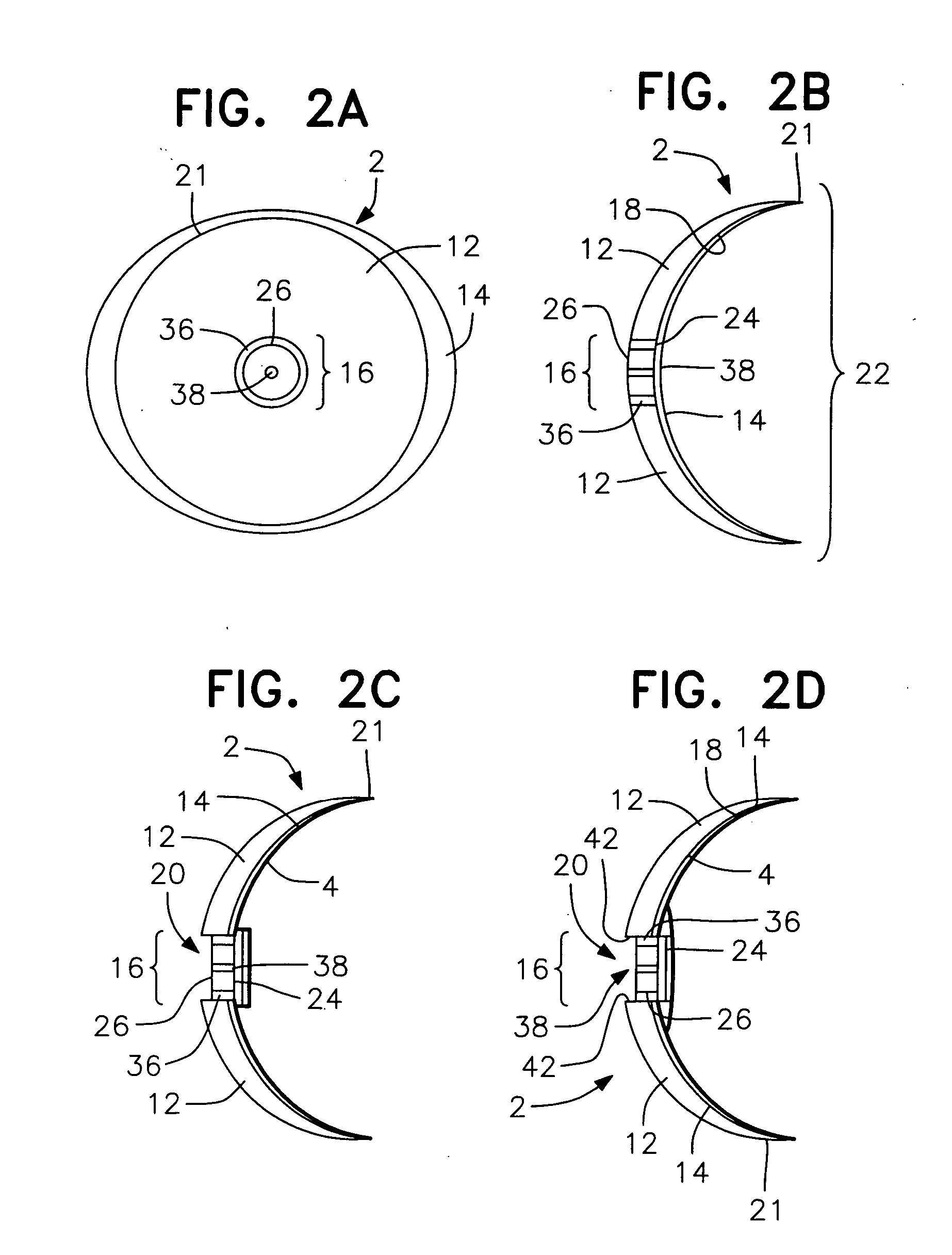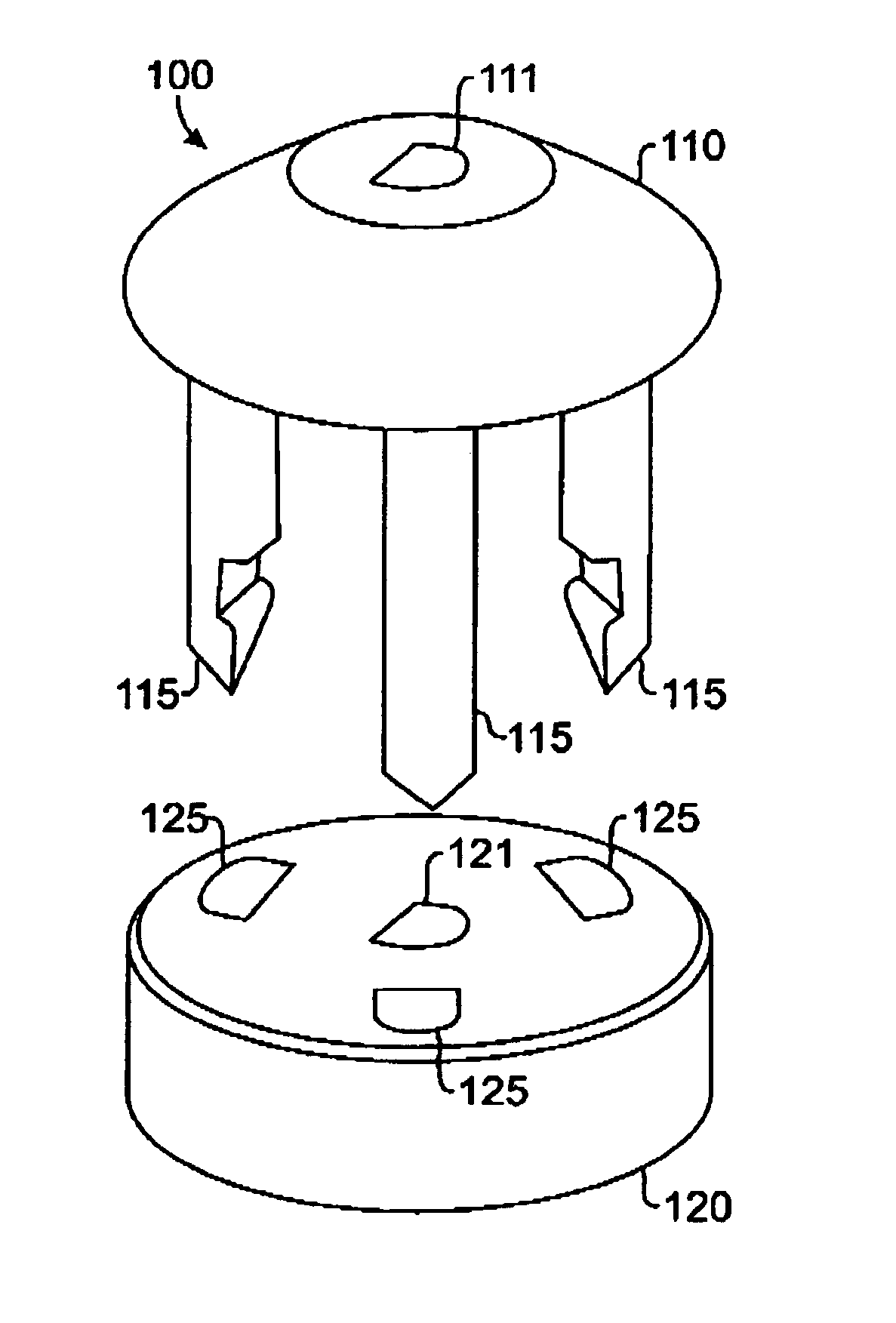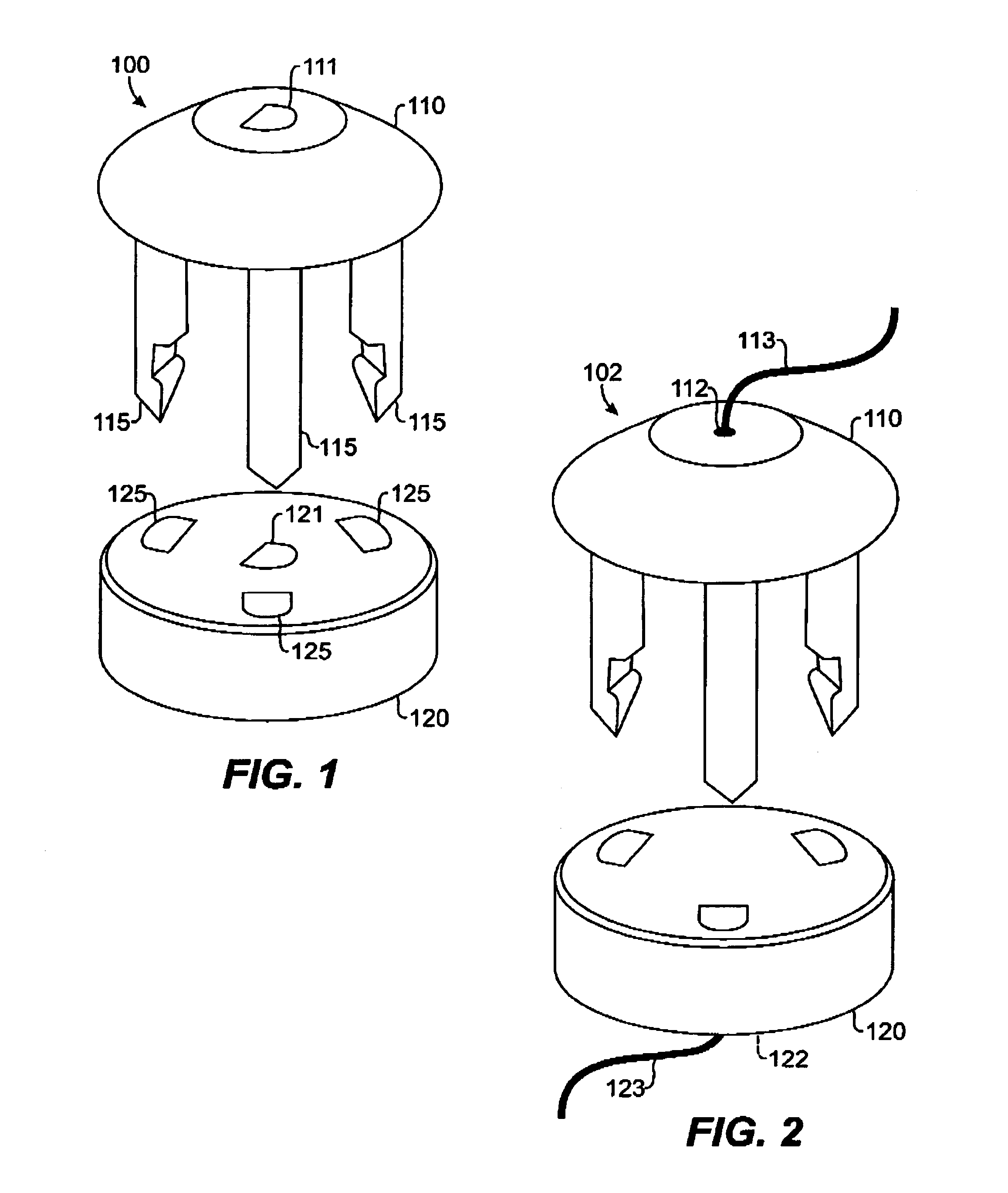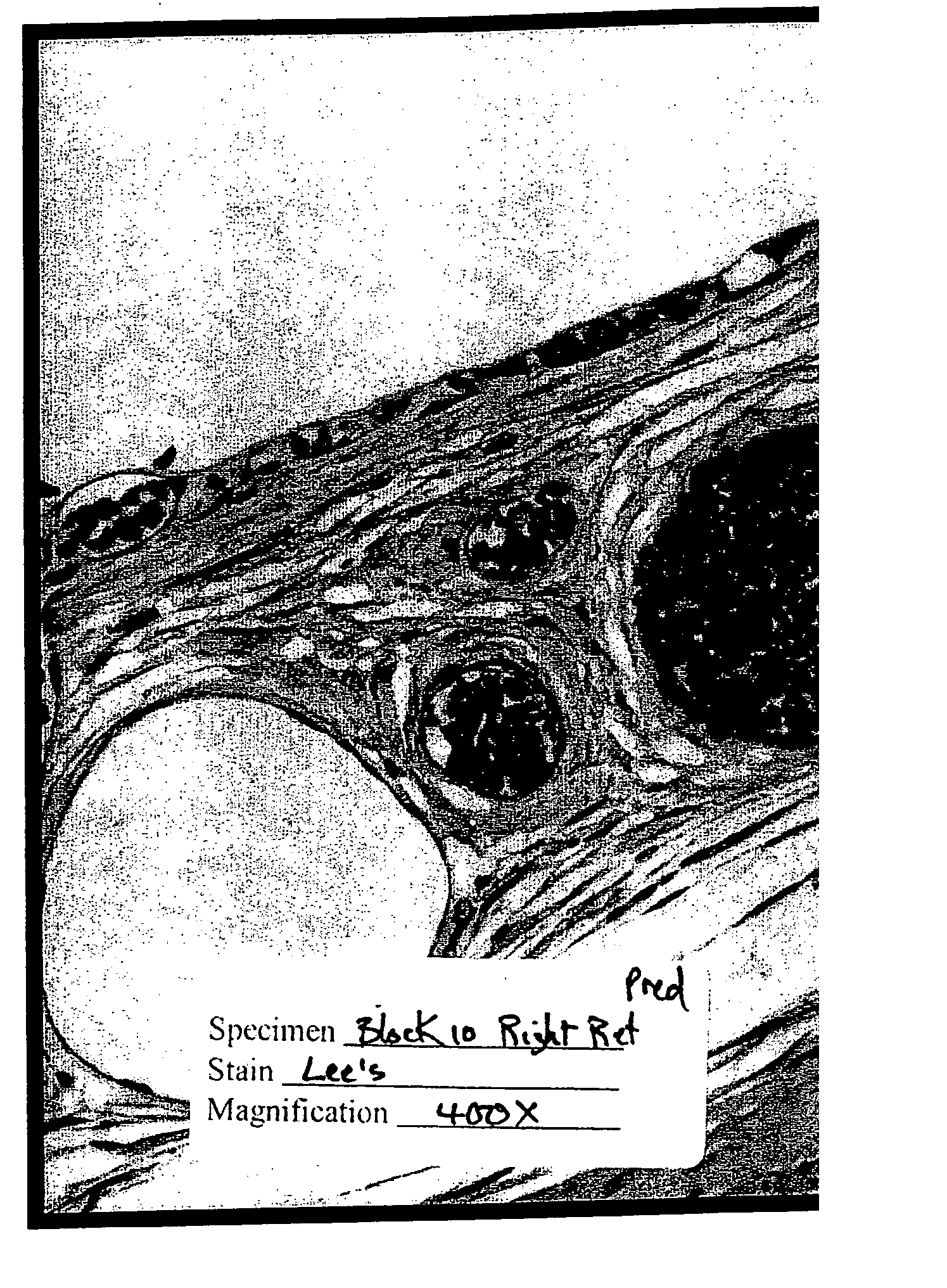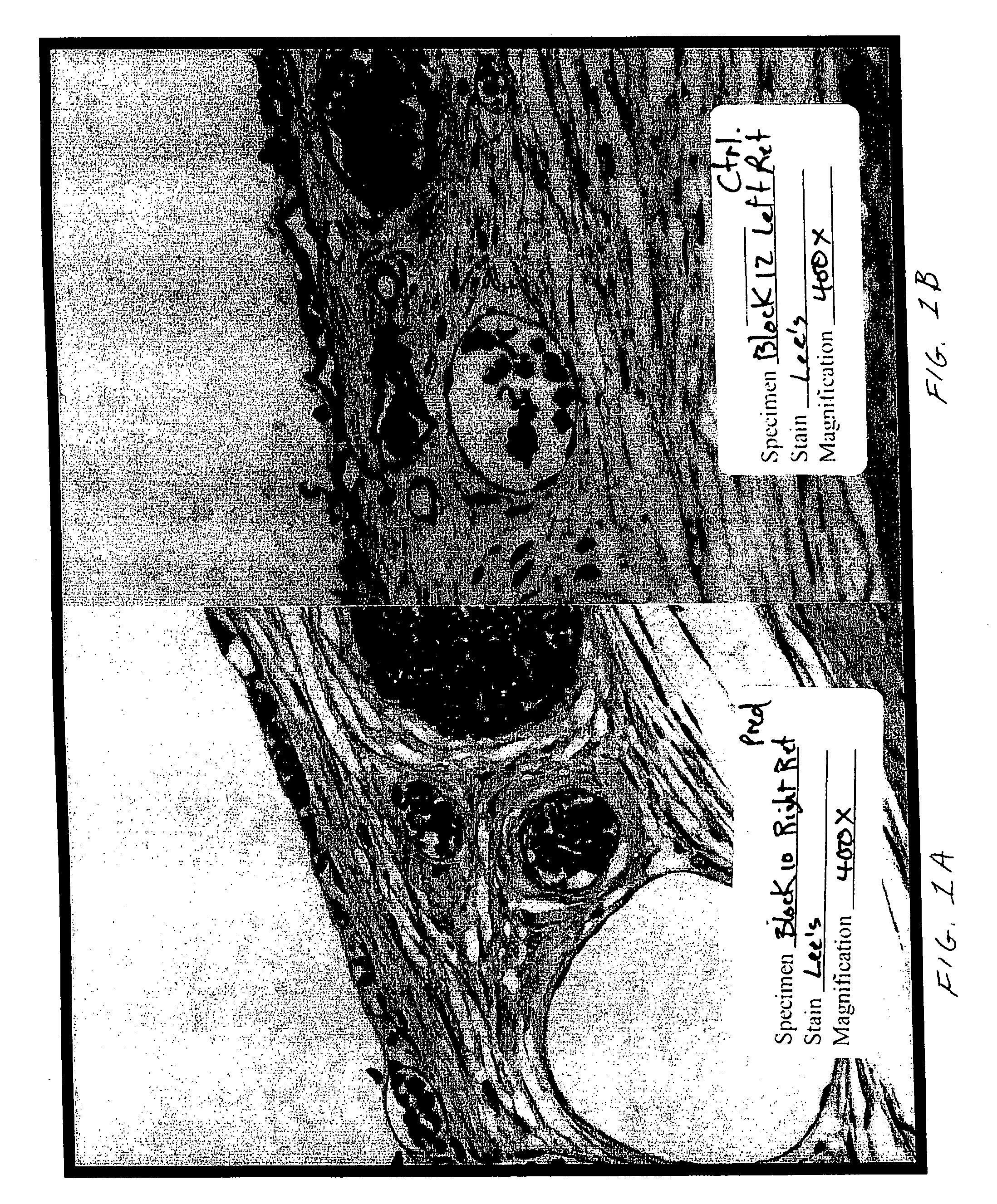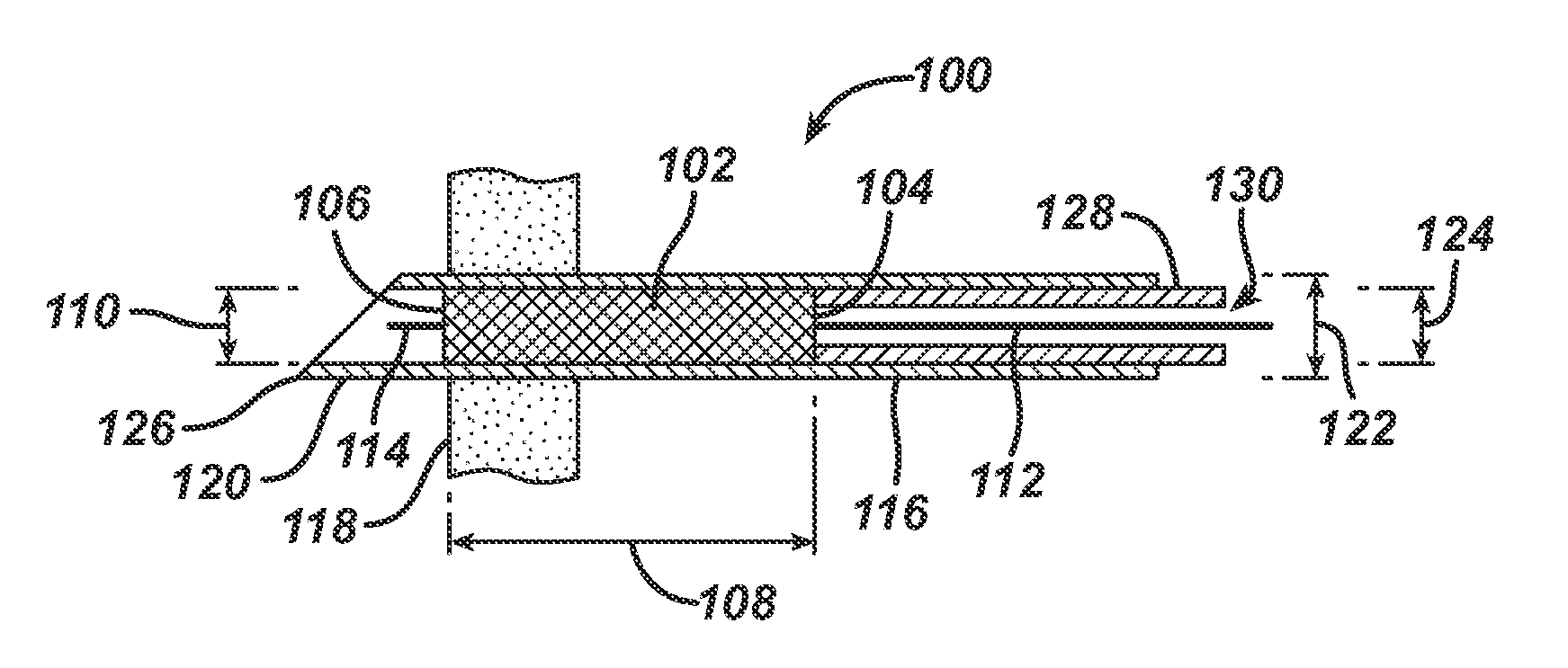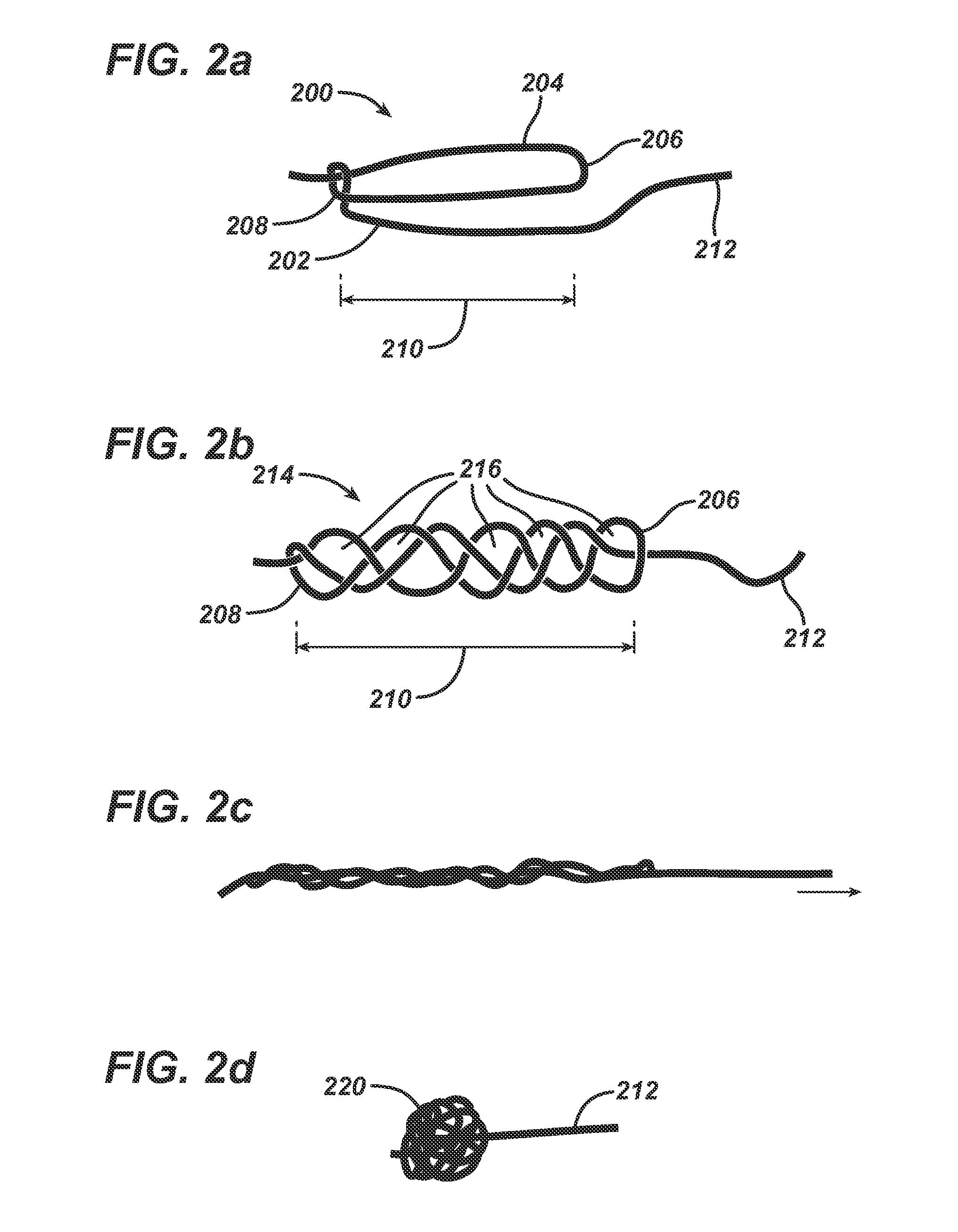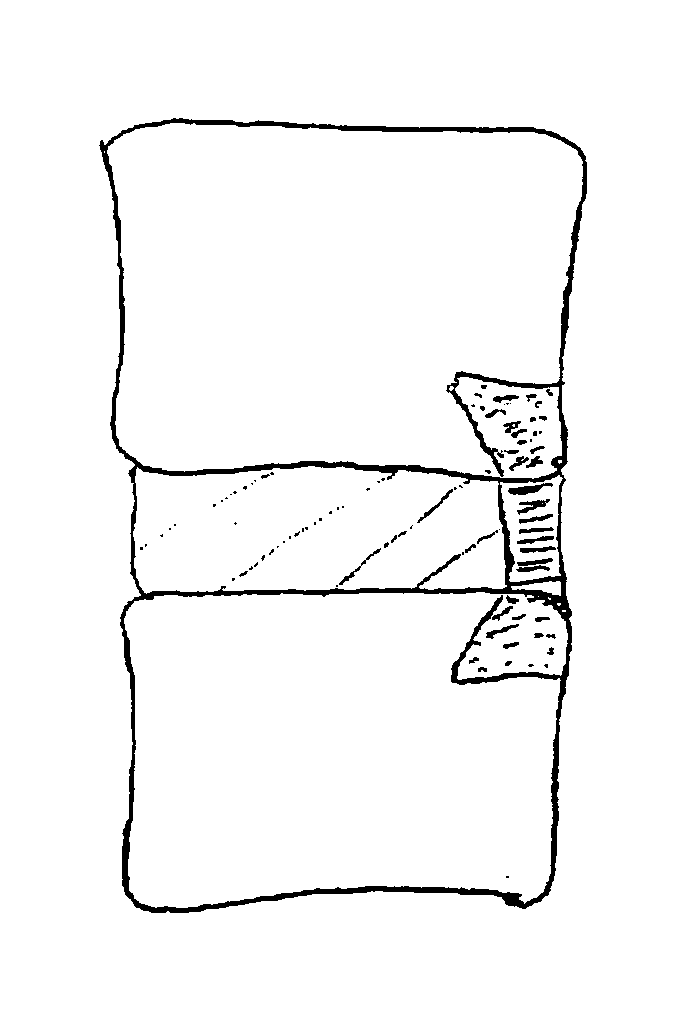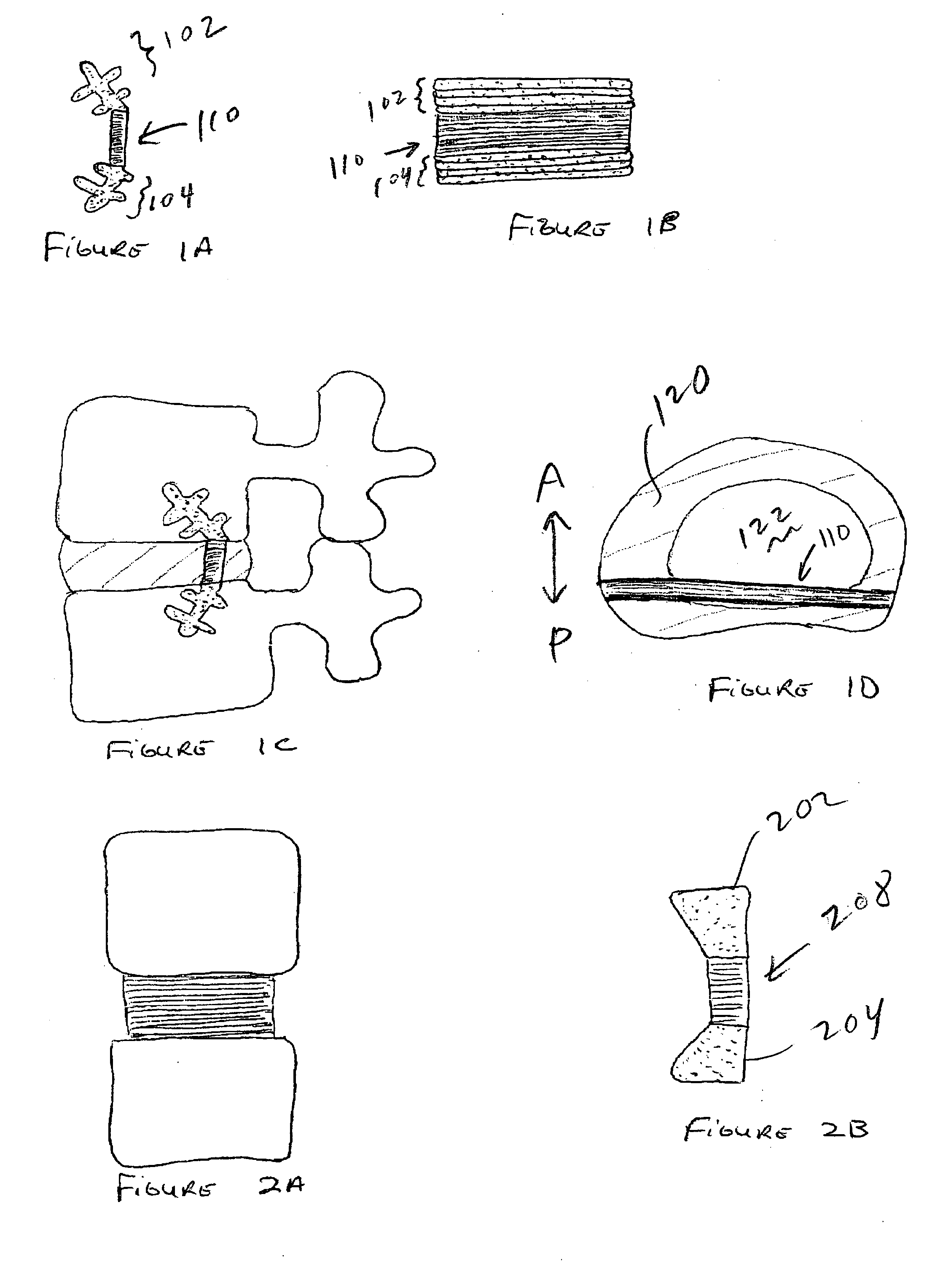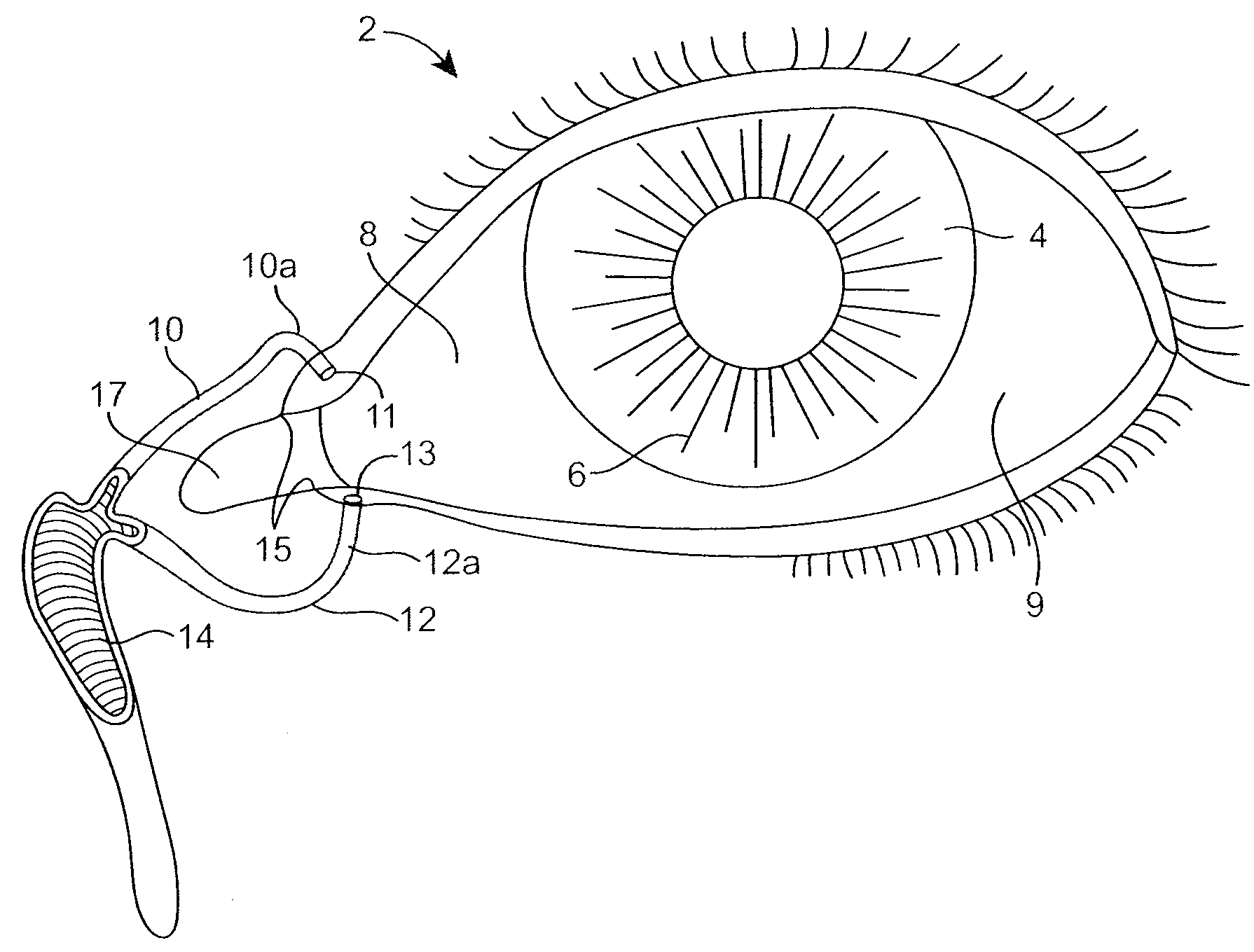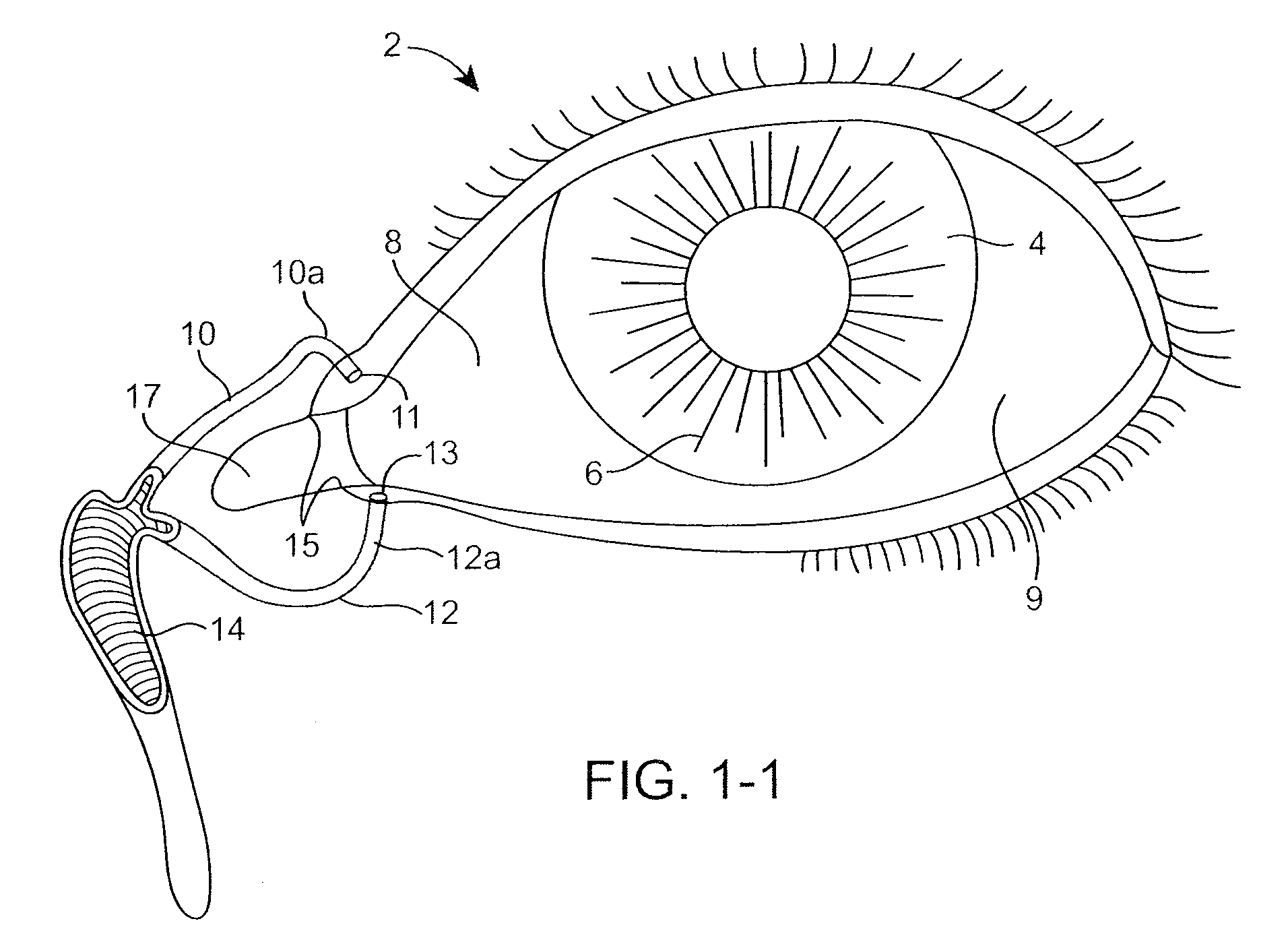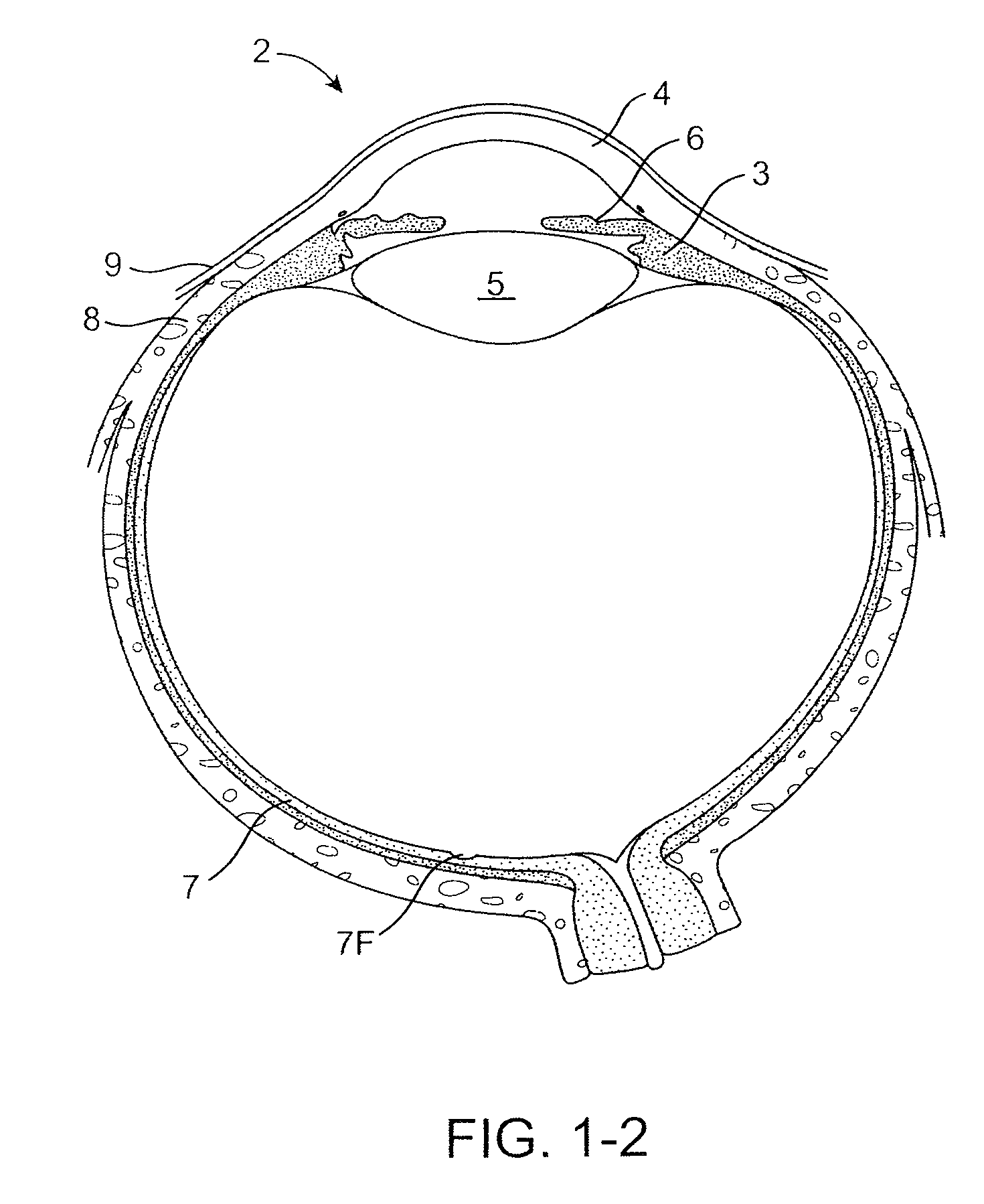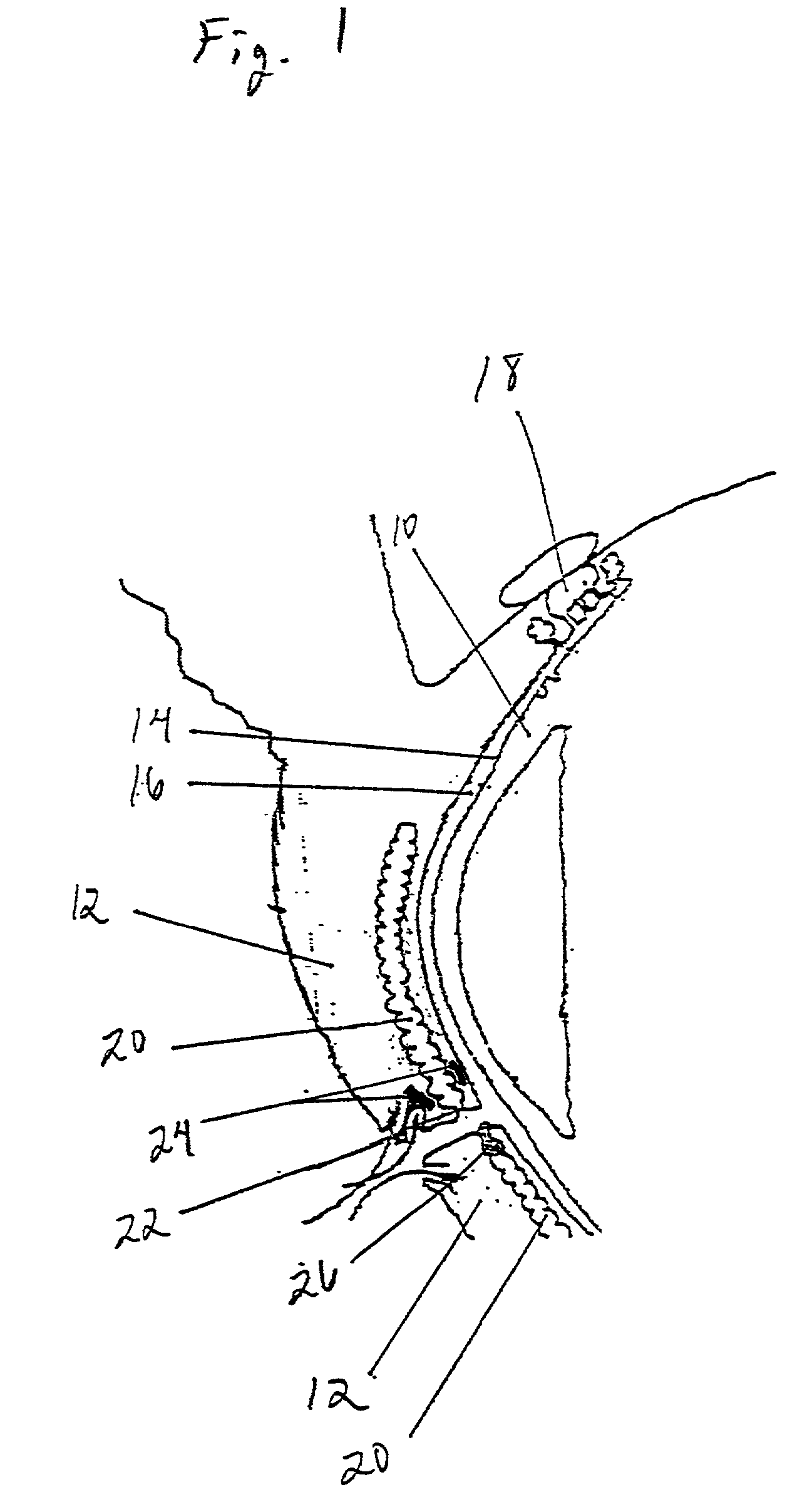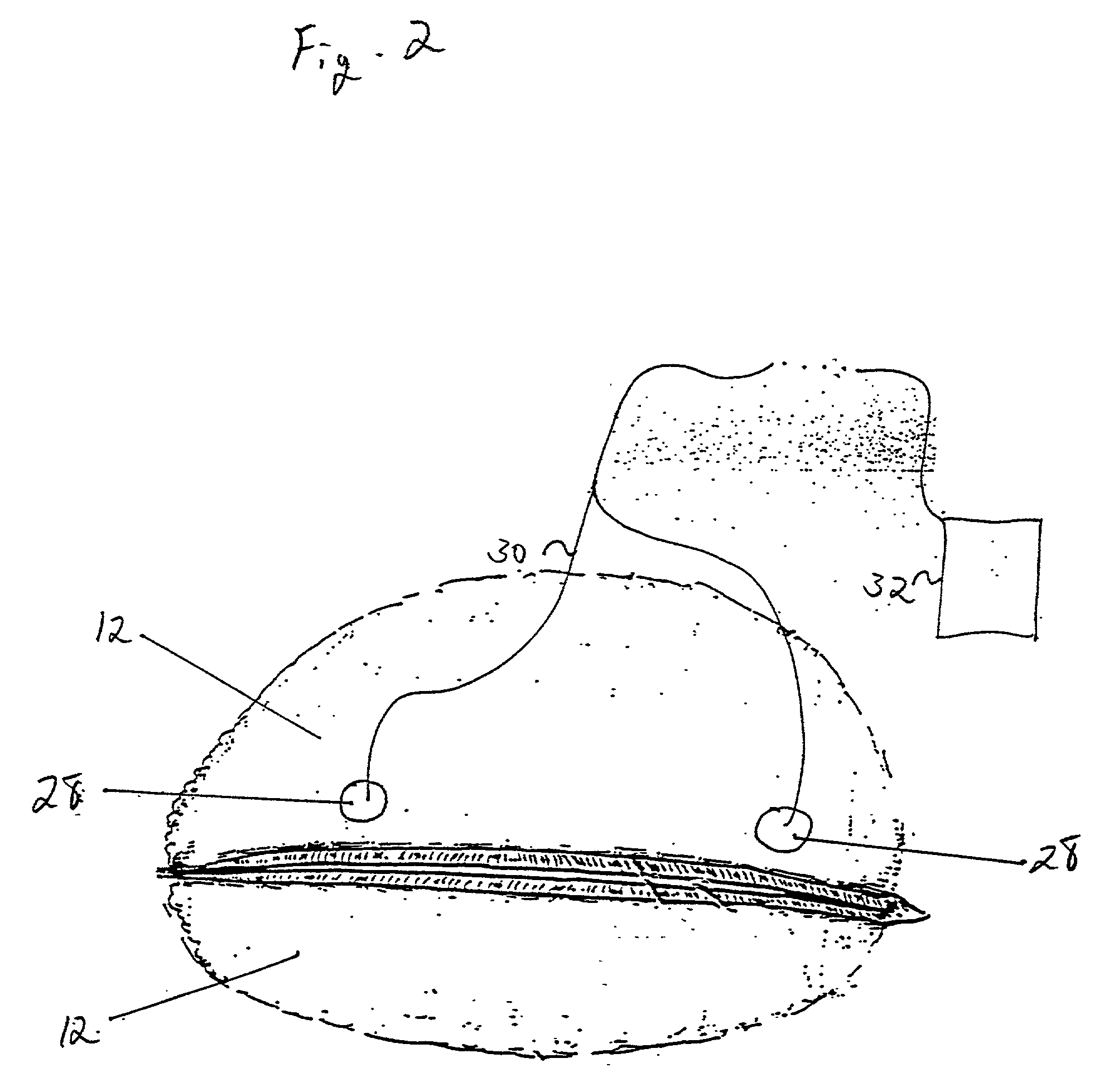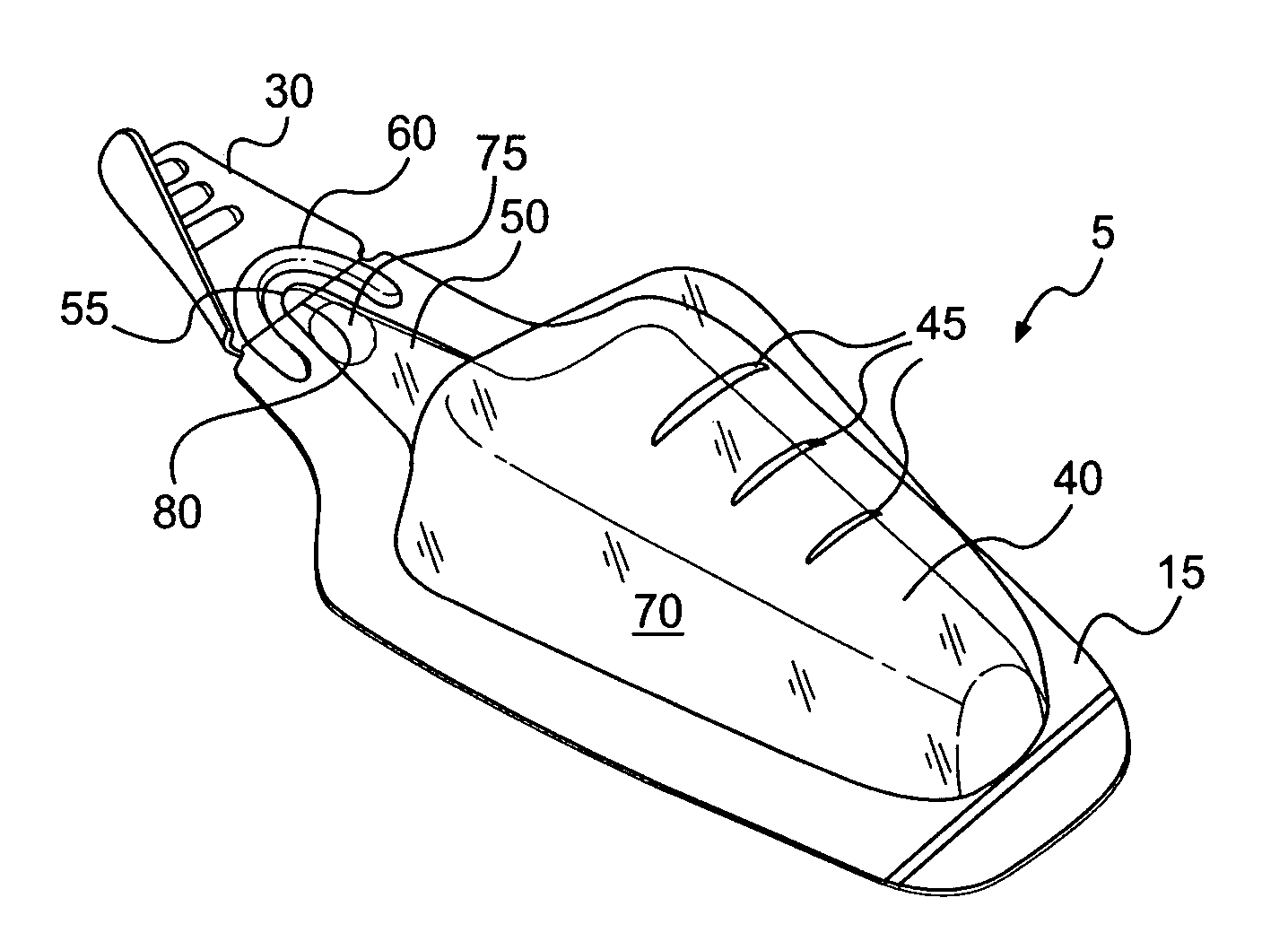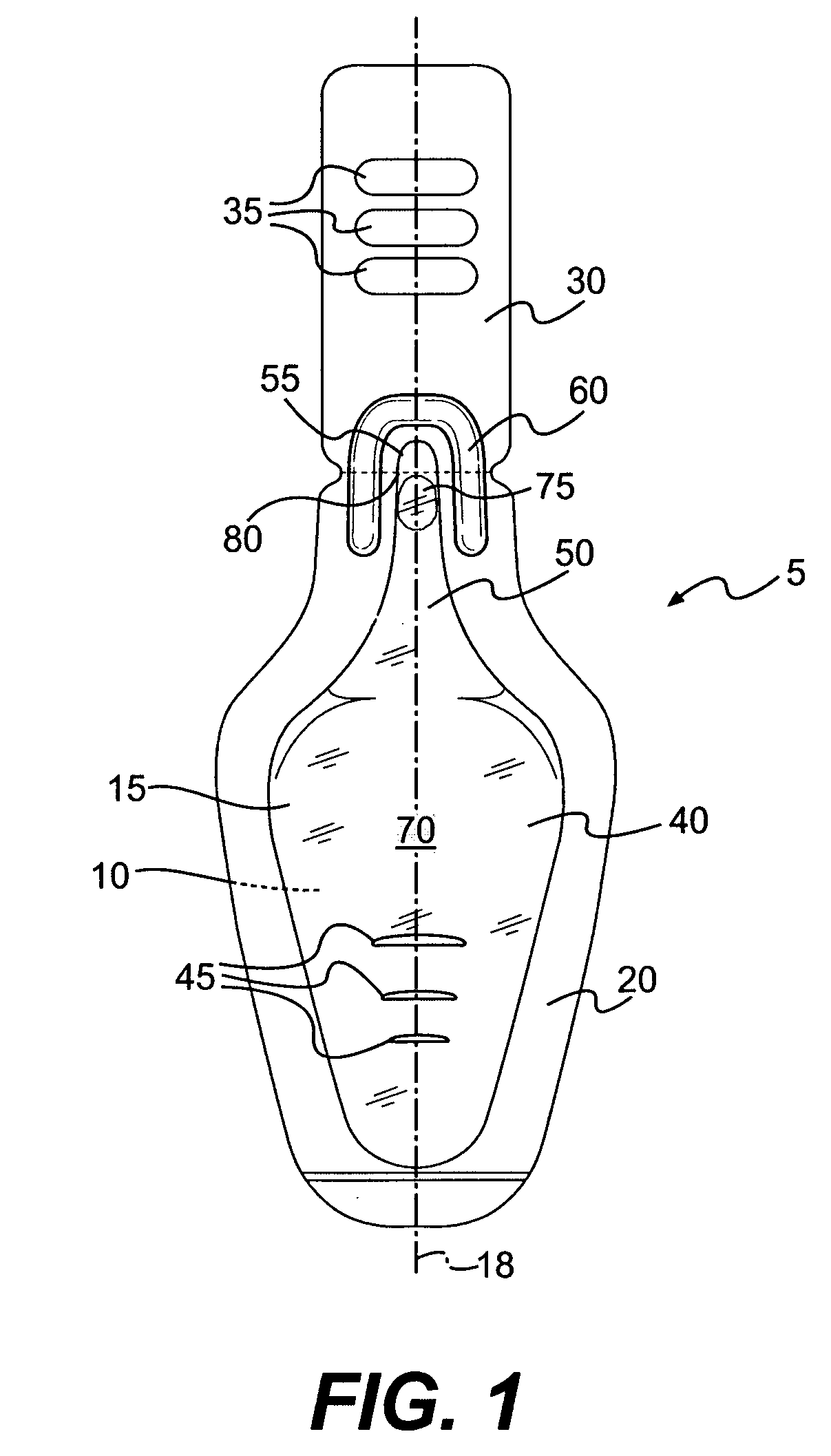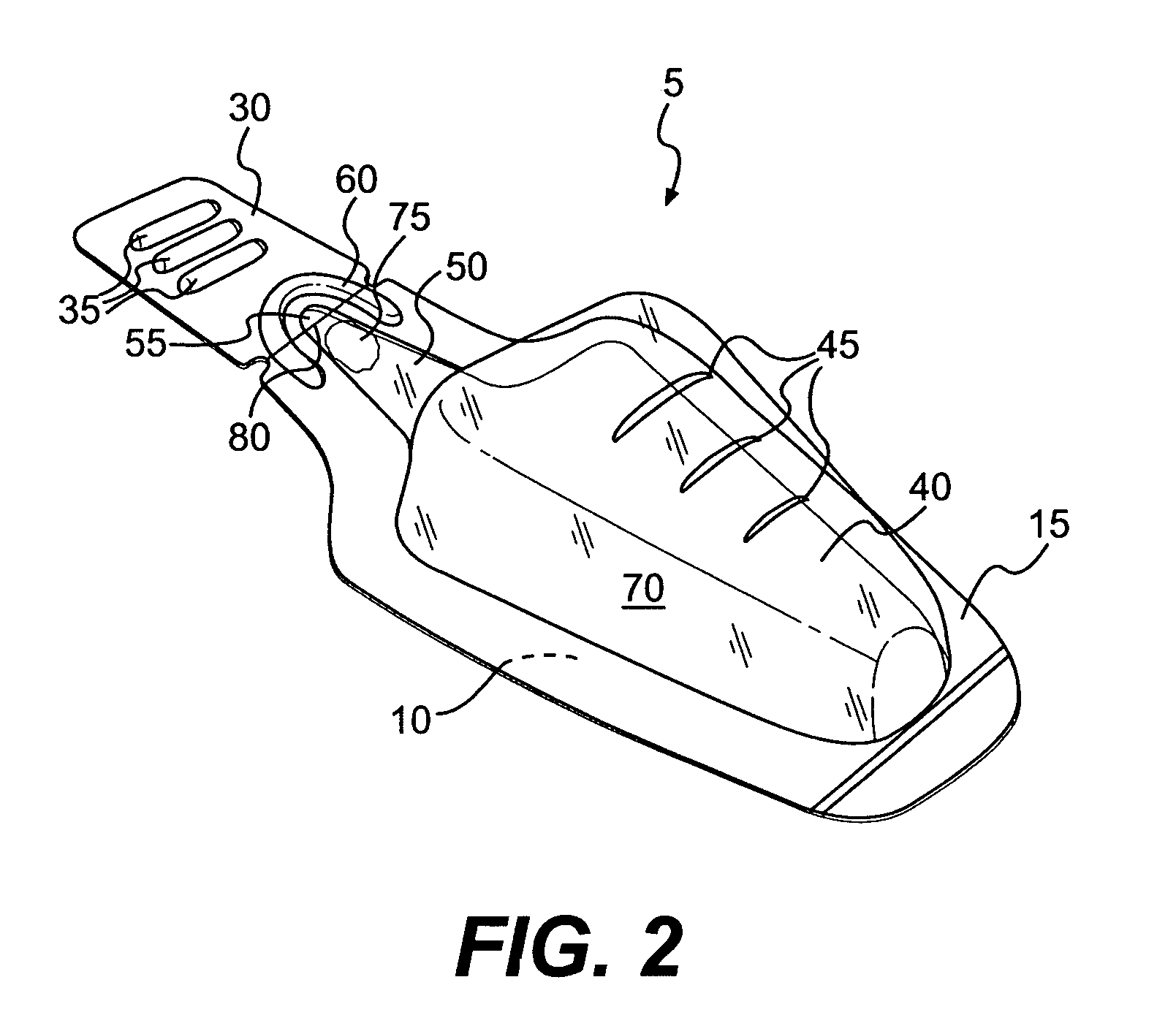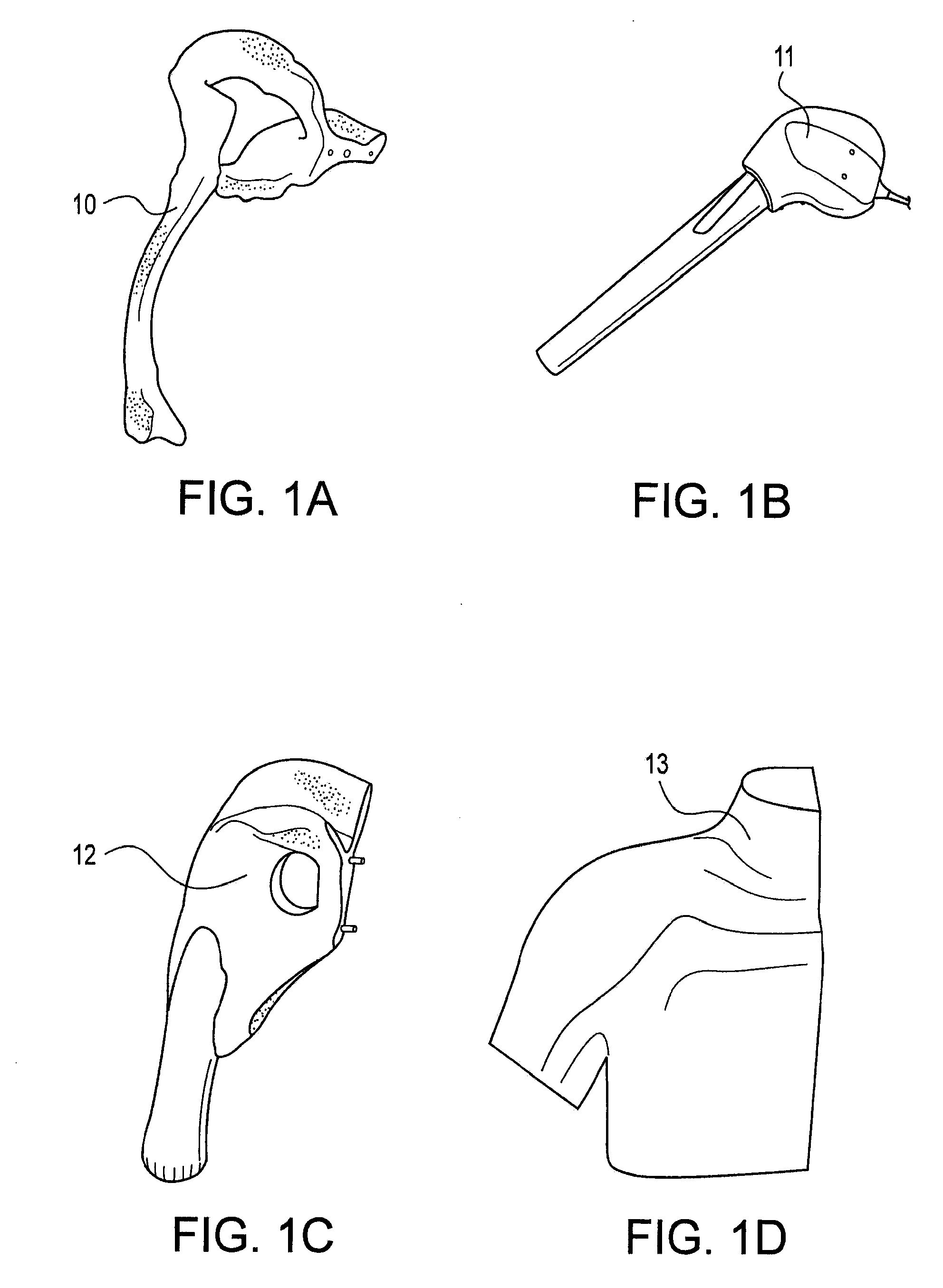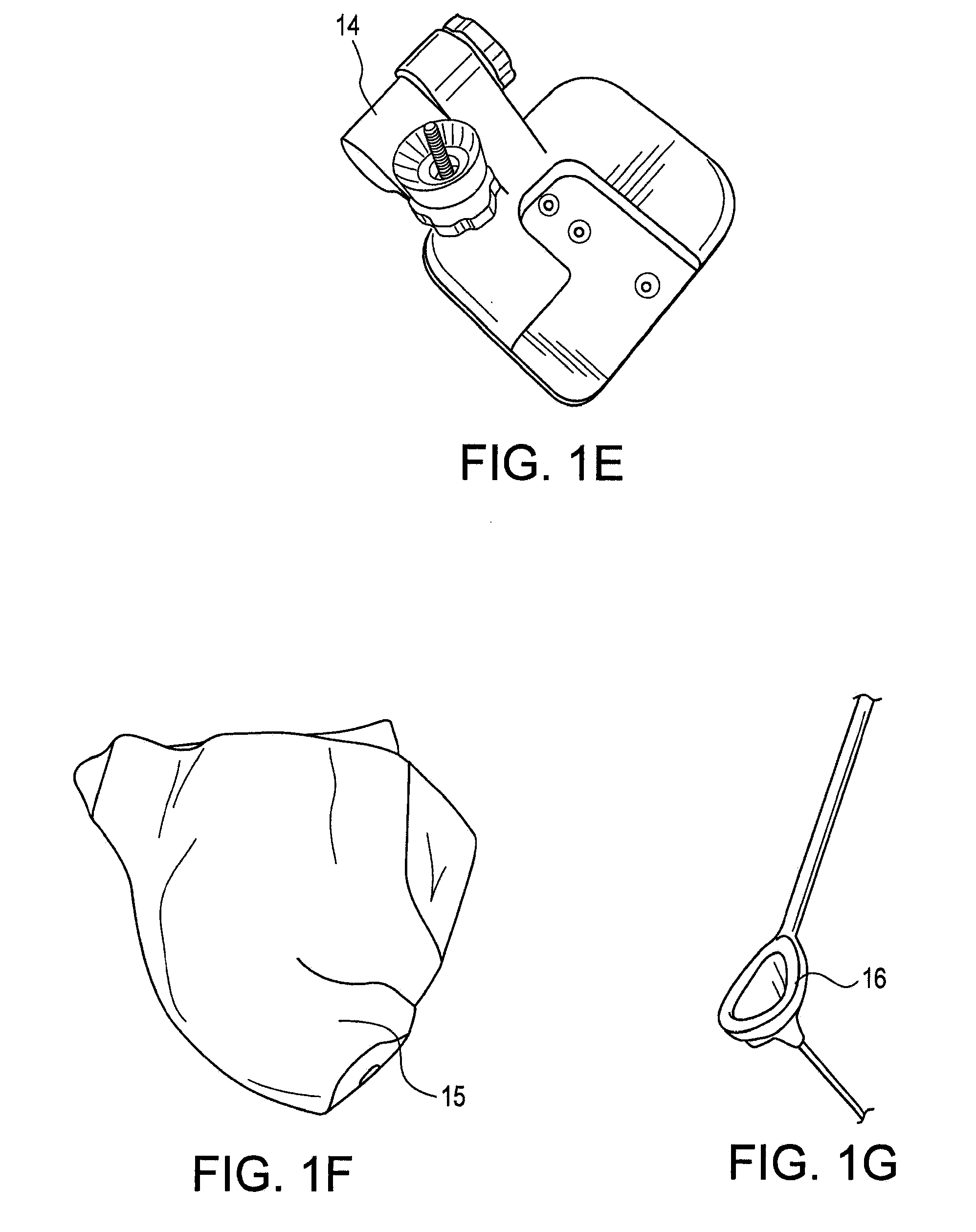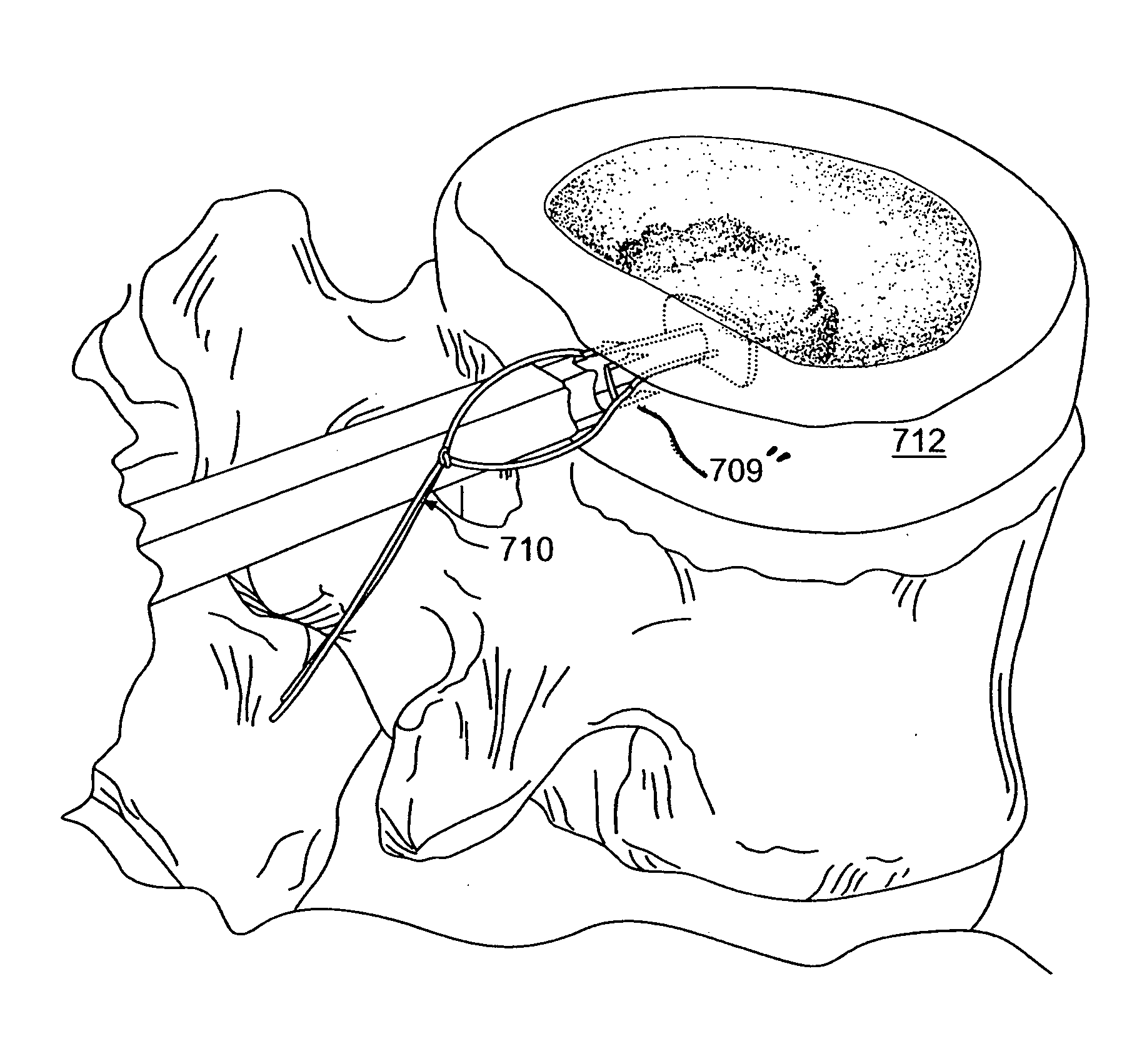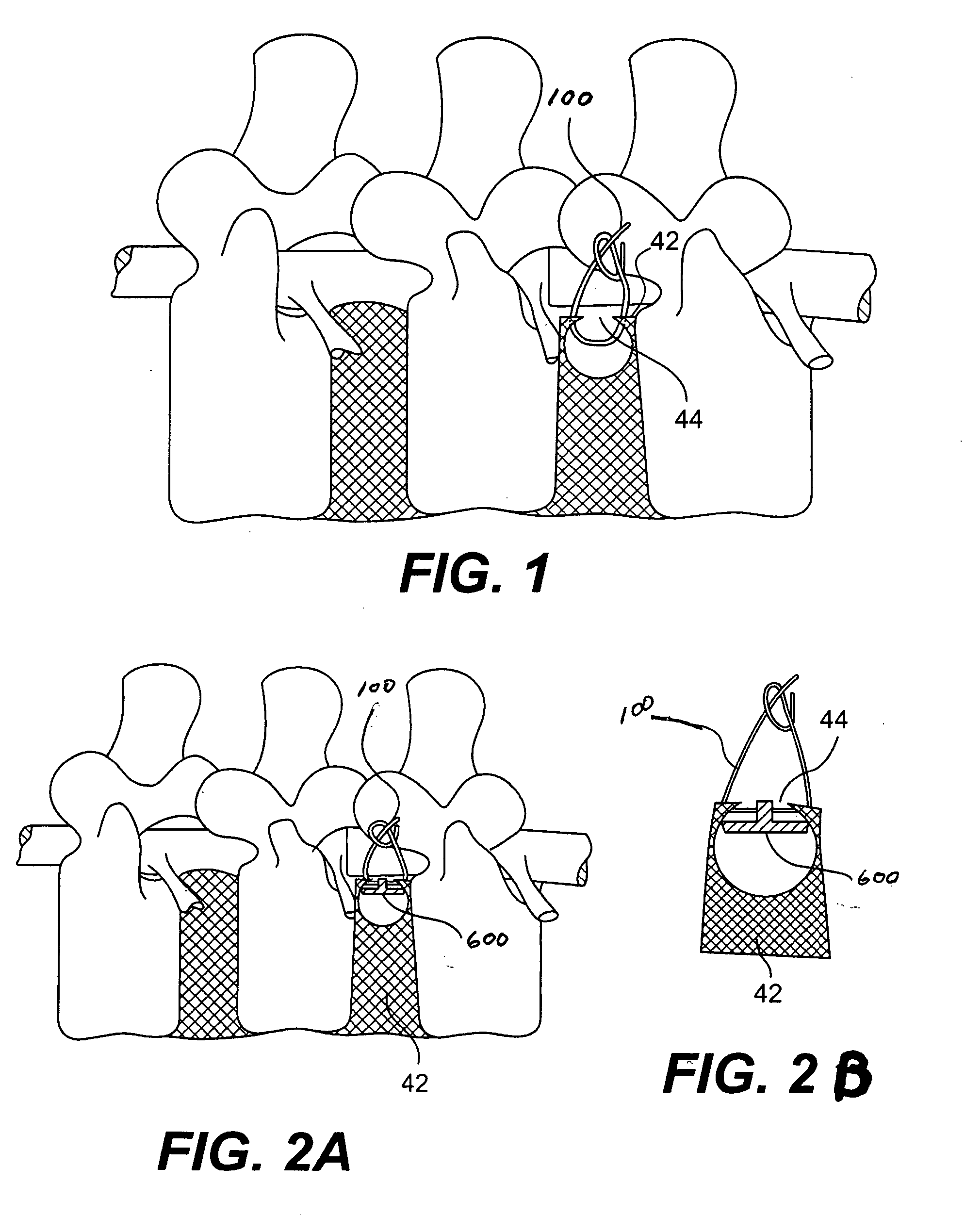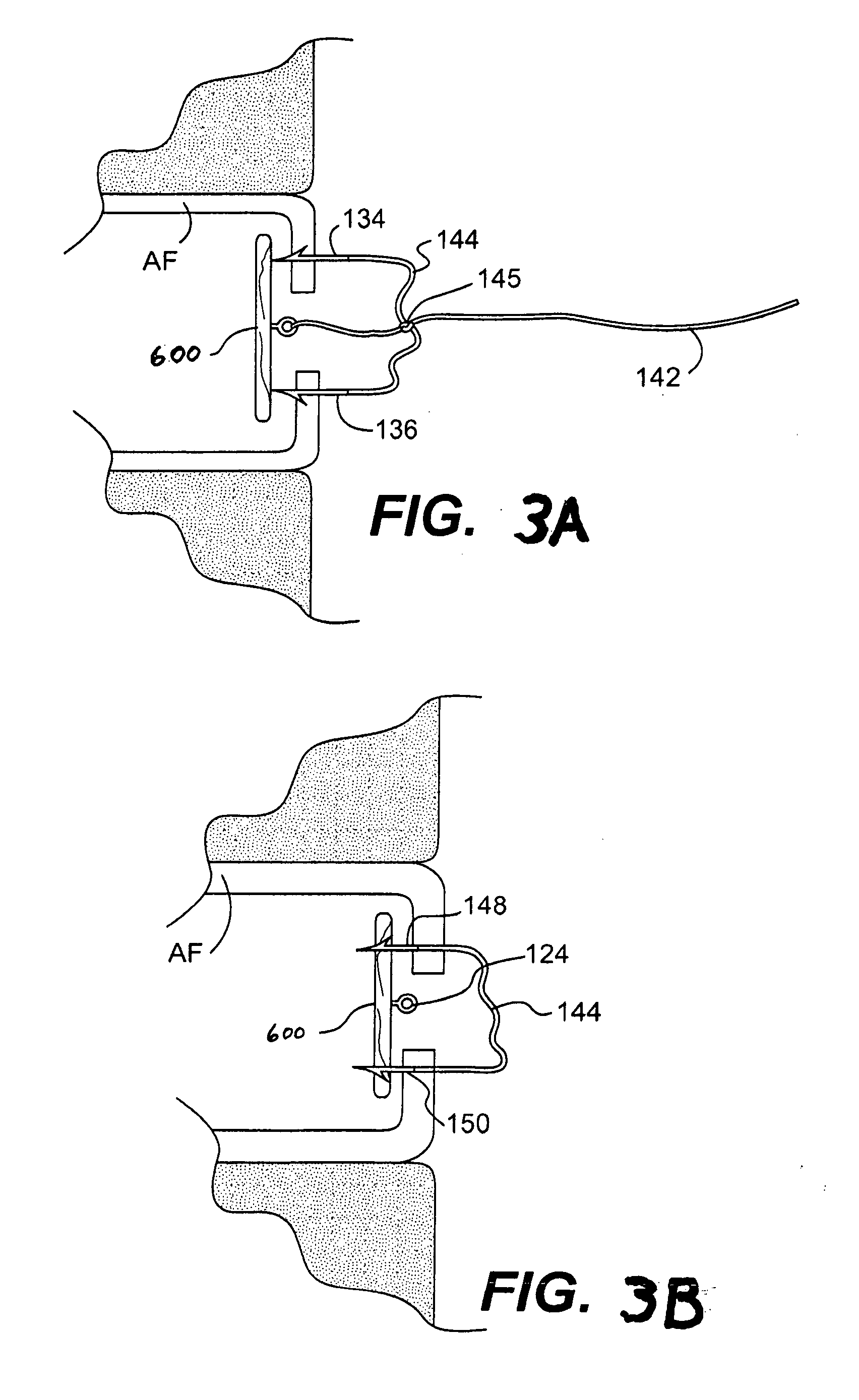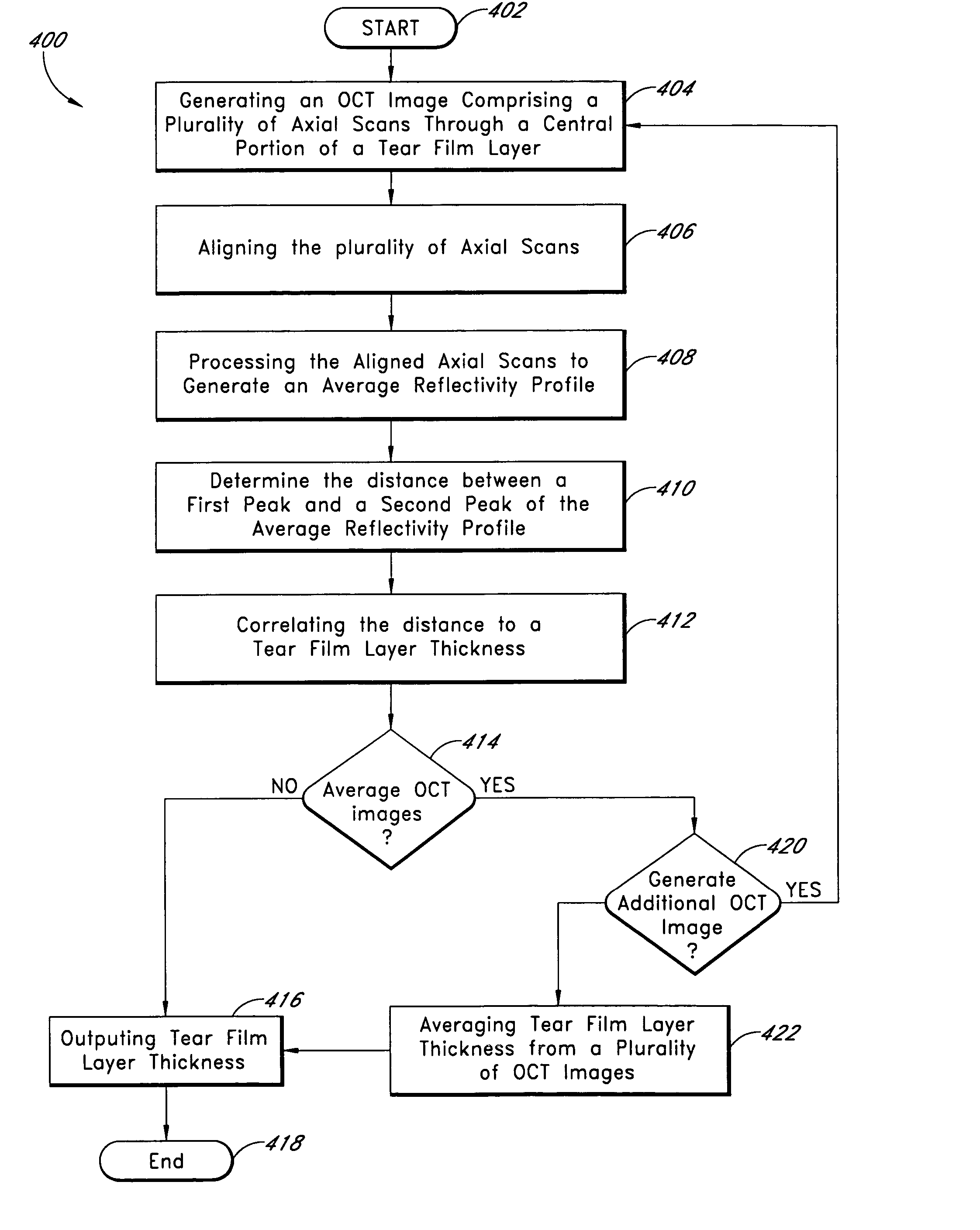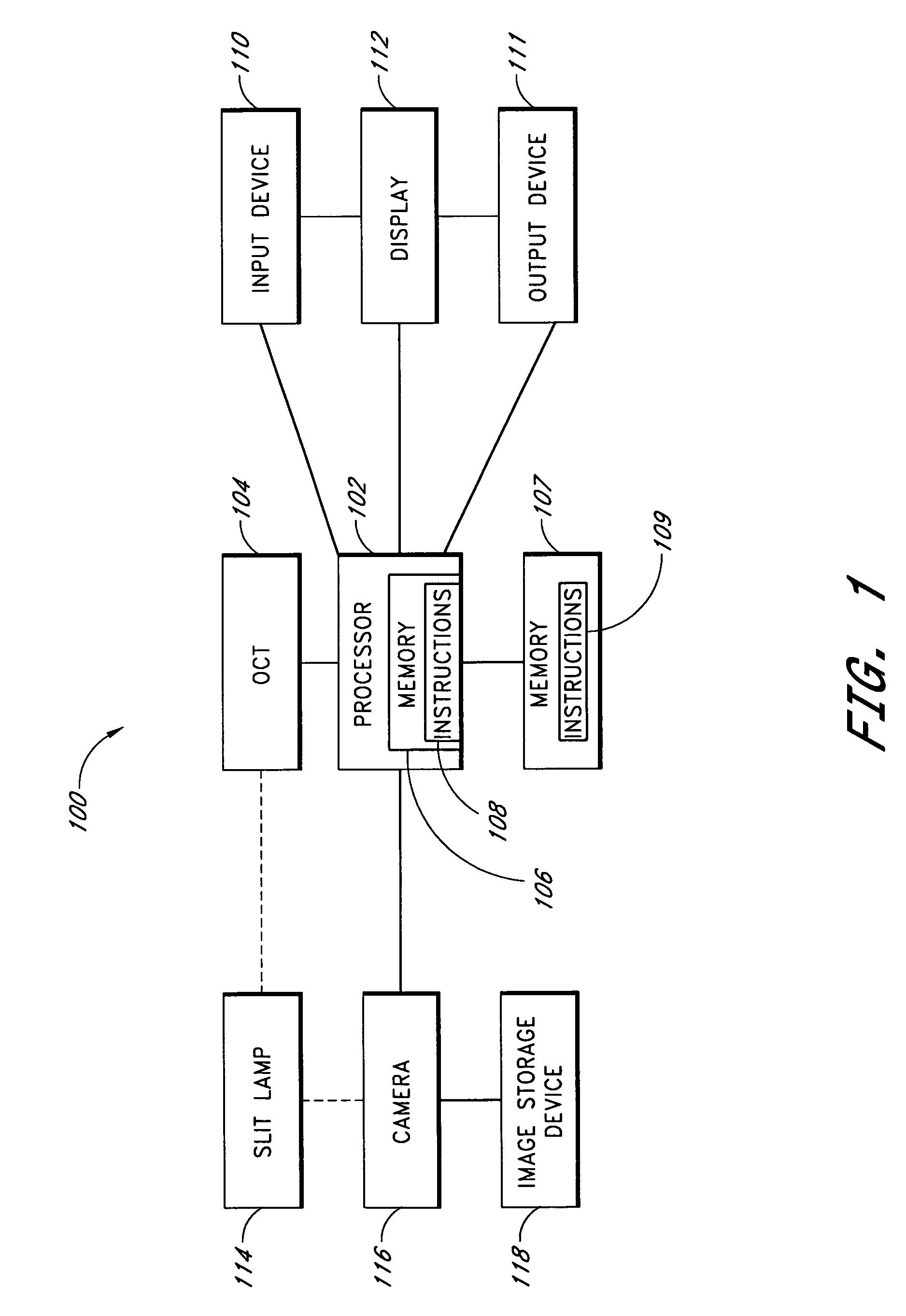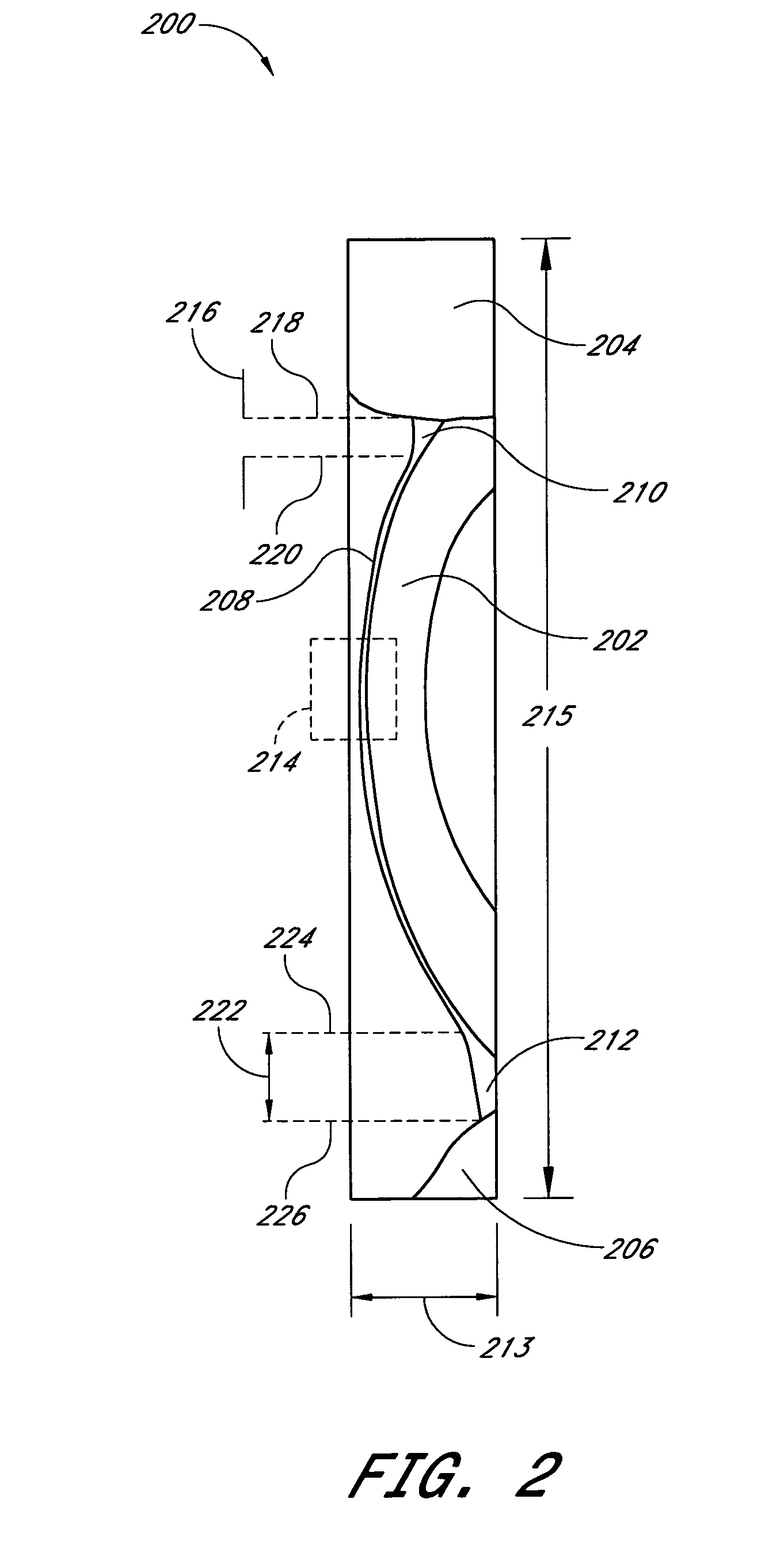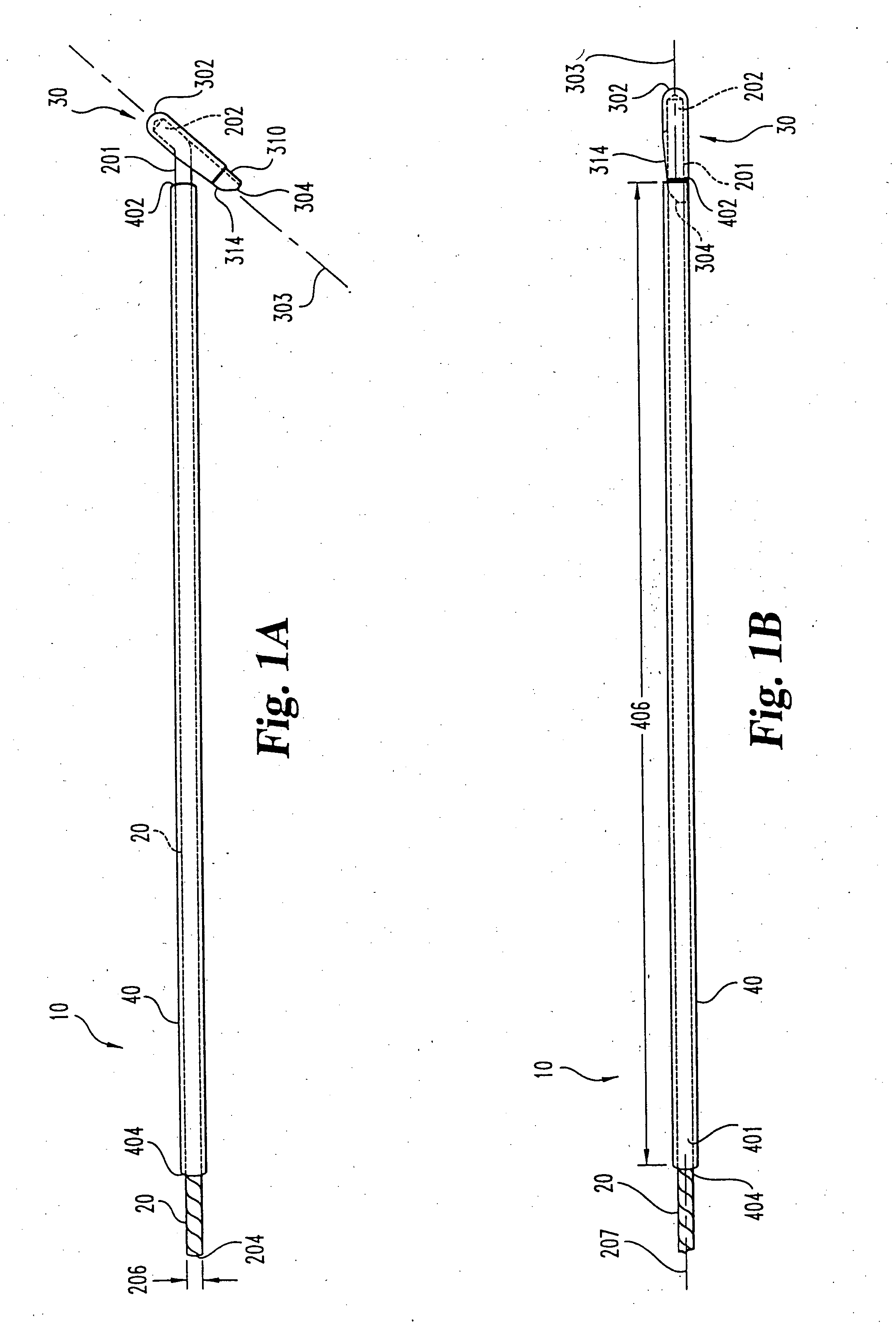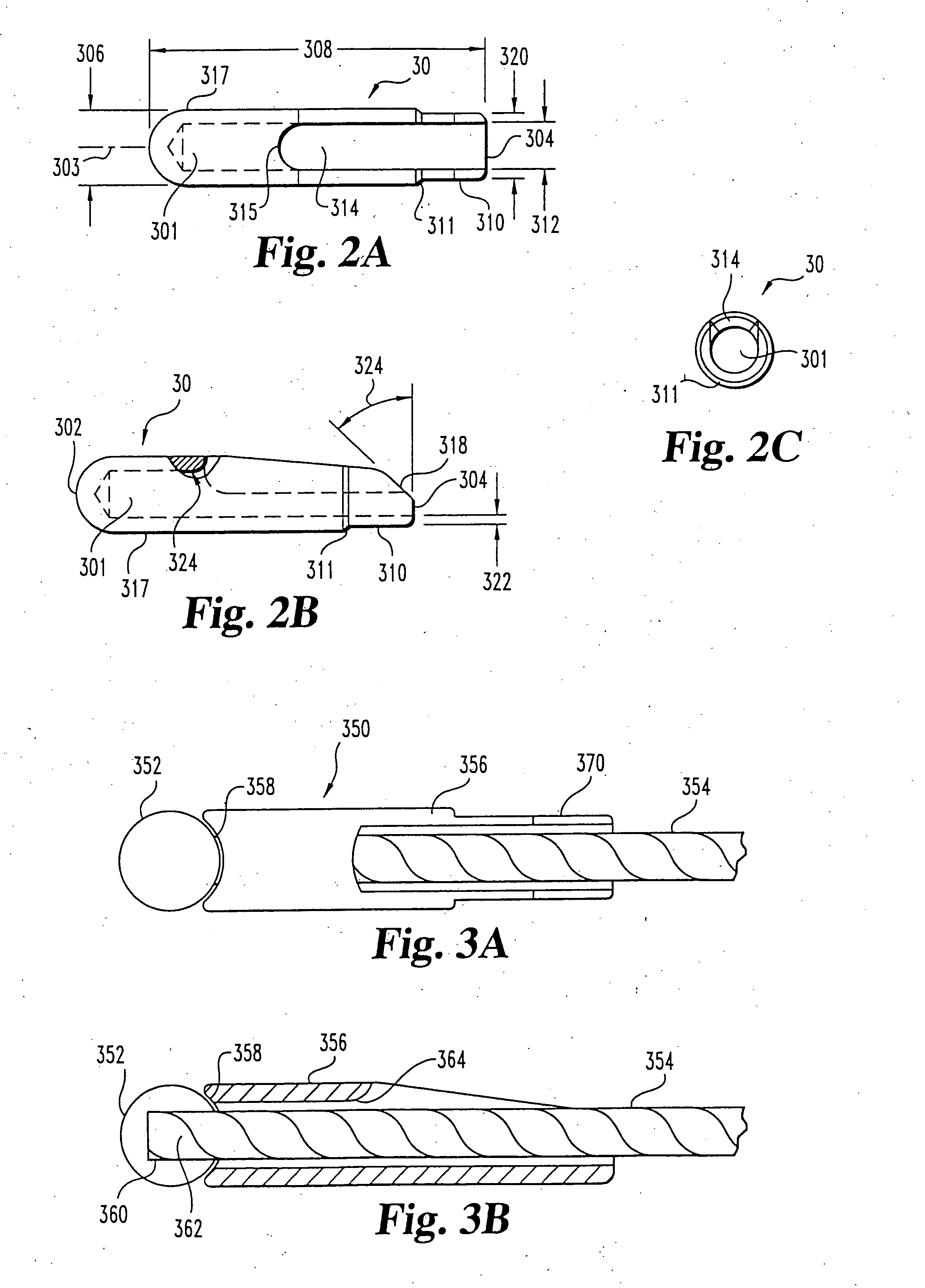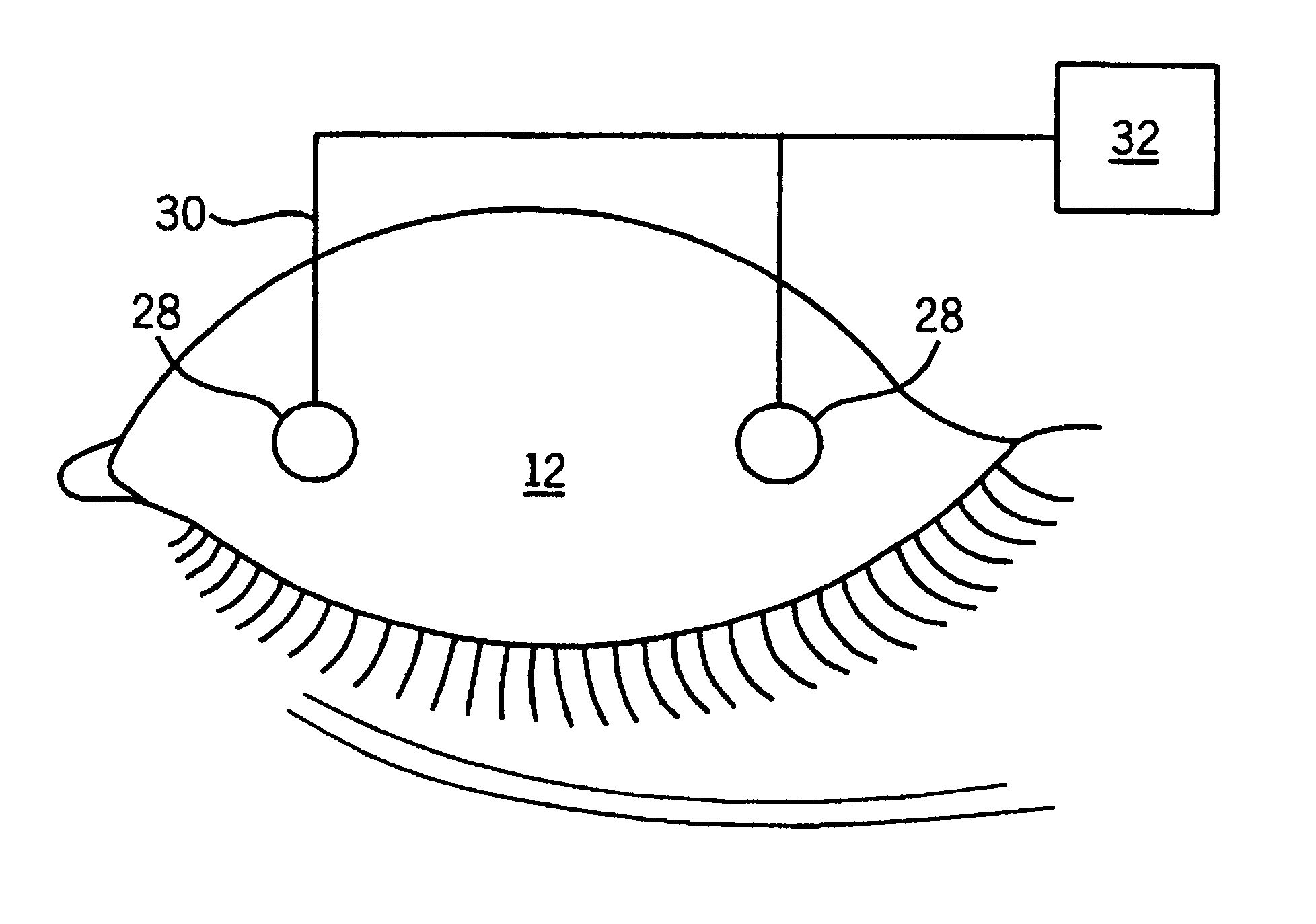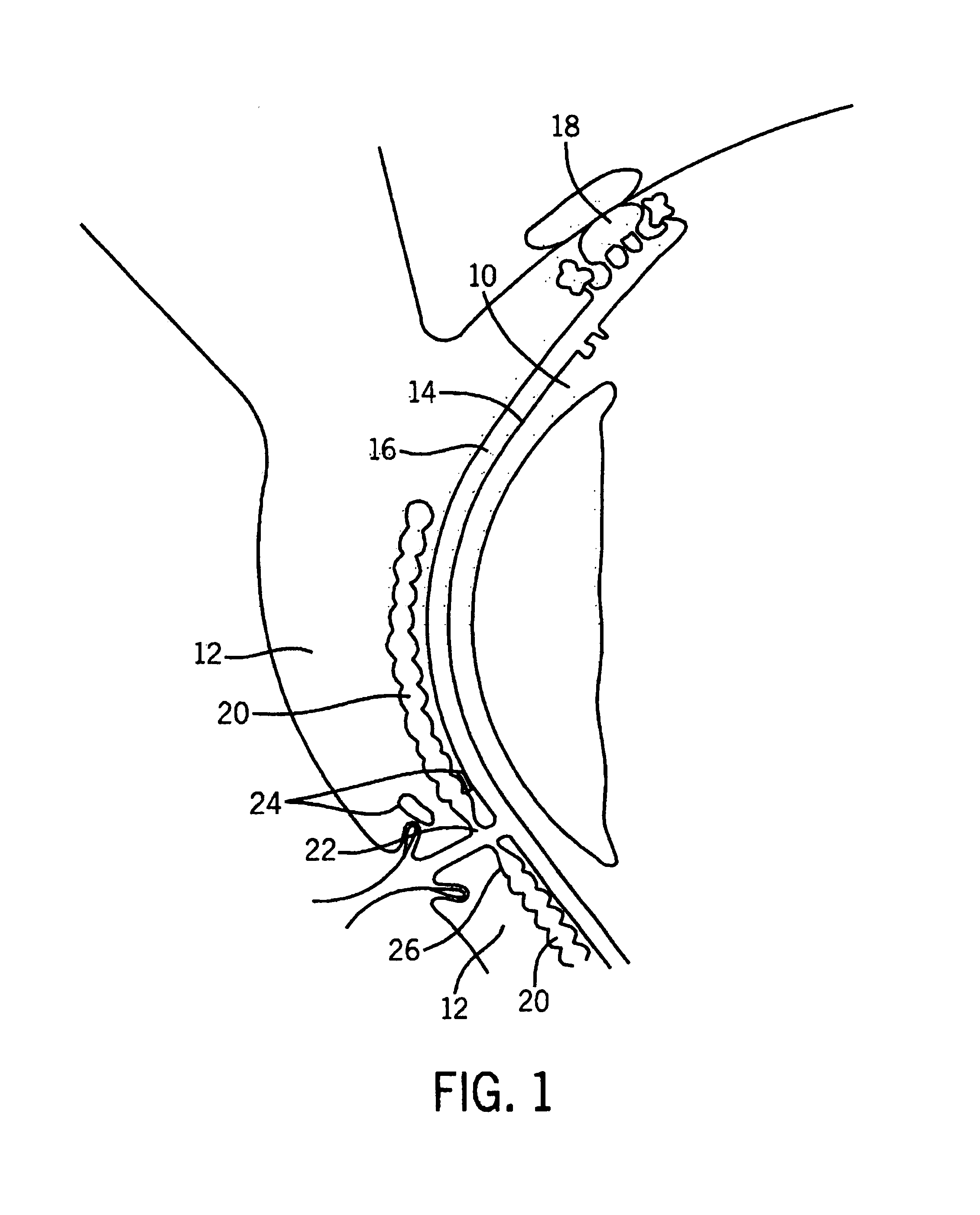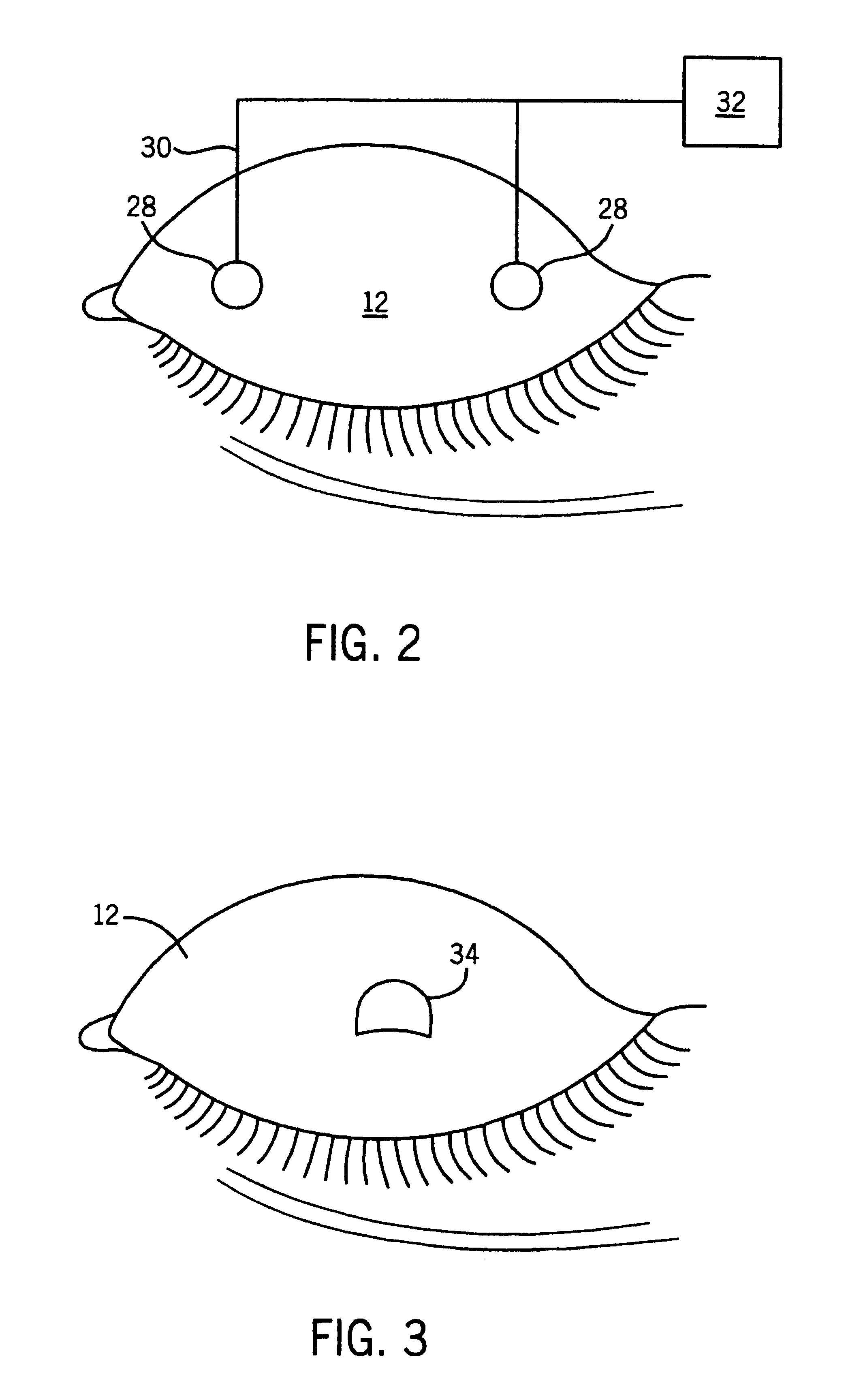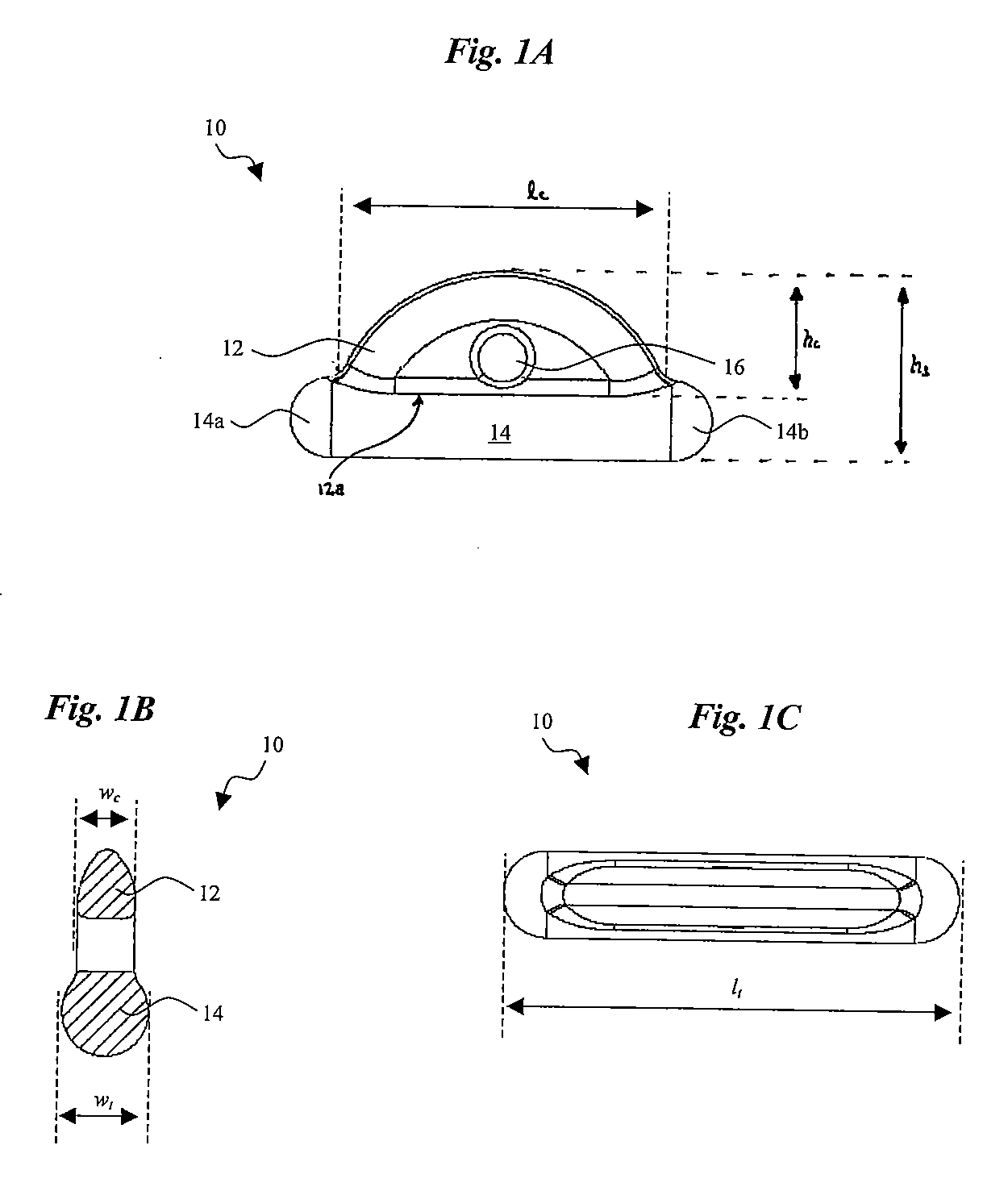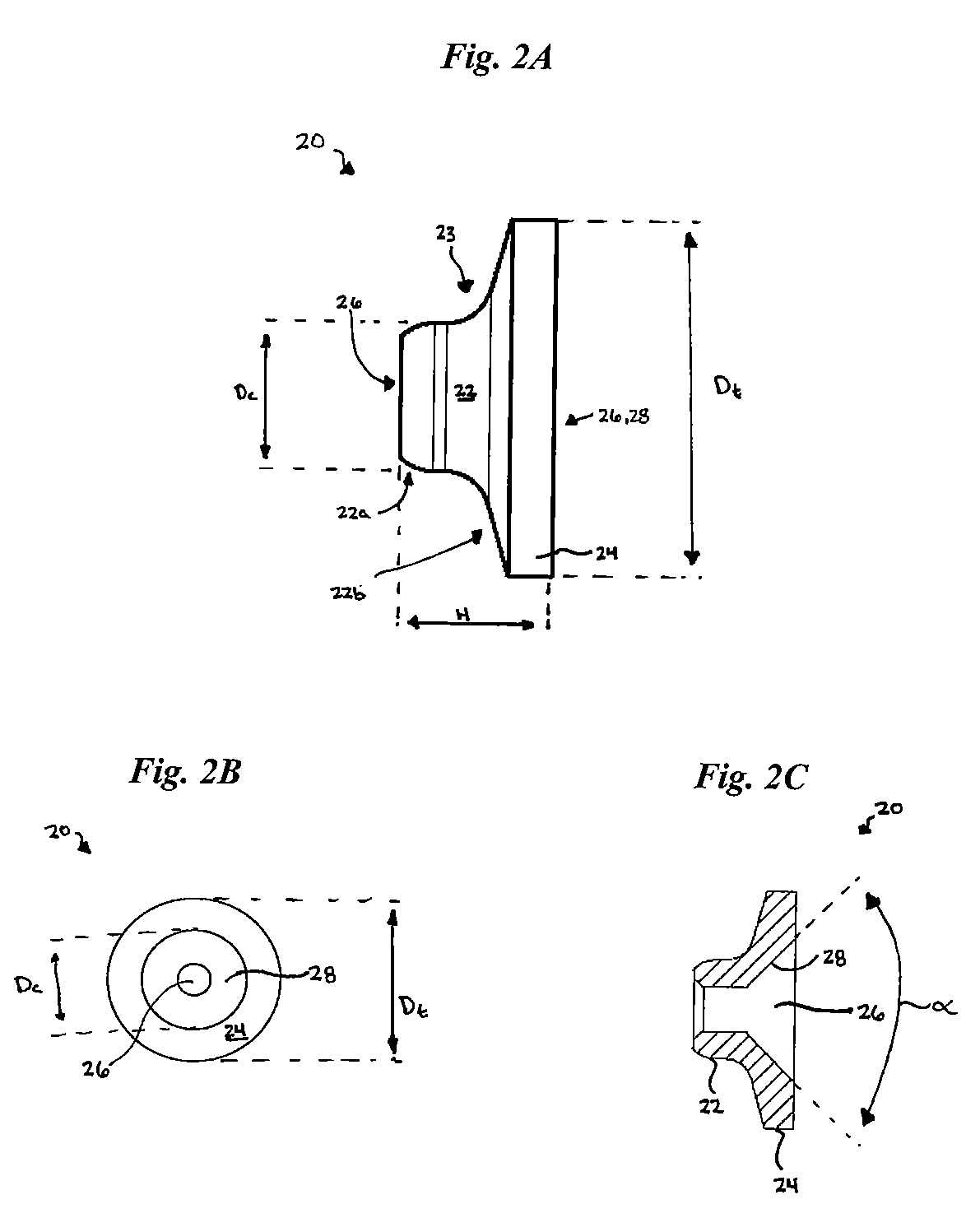Patents
Literature
Hiro is an intelligent assistant for R&D personnel, combined with Patent DNA, to facilitate innovative research.
1063 results about "Tear production" patented technology
Efficacy Topic
Property
Owner
Technical Advancement
Application Domain
Technology Topic
Technology Field Word
Patent Country/Region
Patent Type
Patent Status
Application Year
Inventor
Tears formed through crying are associated with strong internal emotions, such as sorrow, elation, love, awe and pleasure. Laughing or yawning may also lead to the production of tears.
Tear and abrasion resistant expanded material and reinforcement
InactiveUS20070207186A1Increase flexibilityLess complex manufacturing processStentsSurgeryDiseaseEngineering
The present invention is a more durable expanded material that enables thinner wall thicknesses and a more flexible reinforcement suitable for stenting. The present invention is especially useful in the construction of grafts, stents, and stent-grafts which are used, for example, in repairing or replacing blood vessels that are narrowed or occluded by disease, aneurismal blood vessels, or other medical treatments. The inventive material and configurations allow expansion or contraction in size or adjustment in size in an incremental manner so that the optimum size, shape, and fit with other objects can be obtained. The present invention is also optionally capable of more accurately delivering one or more active ingredients such as drugs over longer periods of time. The present invention optionally includes surface modifications and additives that increase the surface adhesion of active ingredients, coatings, or combinations thereof. Finally, the present invention optionally includes growing cells on the inventive material so that the expanded material, reinforcement, or combinations thereof are useful, for example, in producing lab-grown blood vessels or organs.
Owner:SCANLON JOHN JAMES +1
Unitary surgical device and method
Owner:DEPUY SYNTHES PROD INC
In situ formation of intervertebral disc implants
InactiveUS20060089719A1Improve bindingLarge deformationSkeletal disorderSpinal implantsSpinal Disk ImplantShort terms
Nucleus pulposus implants that are resistant to migration in and / or expulsion from an intervertebral disc space are provided. In one form of the invention, an implant includes a load bearing elastic body surrounded in the disc space by an anchoring, preferably resorbable, biocompatible material which may be in the form of an outer shell. In certain forms of the invention, the elastic body is surrounded by a supporting member, such as a band or jacket, and the supporting member is surrounded by the outer shell. Kits for forming such implants are also provided. In another form of the invention, an implant is provided that has locking features and optional shape memory characteristics. In yet another aspect of the invention, nucleus pulposus implants are provided that have shape memory characteristics and are configured to allow short-term manual, or other deformation without permanent deformation, cracks, tears, breakage or other damage. Methods of forming and implanting the implants are also described, as are delivery devices and components thereof for delivering the implants.
Owner:SDGI HLDG
Compositions for regeneration and repair of cartilage lesions
InactiveUS6511958B1Increase ratingsImprove repair qualitySuture equipmentsPowder deliveryMedicineCartilage lesion
Disclosed is a cartilage repair product that induces both cell ingrowth into a bioresorbable material and cell differentiation into cartilage tissue. Such a product is useful for regenerating and / or repairing both vascular and avascular cartilage lesions, particularly articular cartilage lesions, and even more particularly mensical tissue lesions, including tears as well as segmental defects. Also disclosed is a method of regenerating and repairing cartilage lesions using such a product.
Owner:ZIMMER ORTHOBIOLOGICS
Endoscopic device with independently actuated legs
The present invention relates to endoscopic clips with multiple independently-controlled legs. The present invention also relates to a method for using a clip with multiple independently actuated legs. The clips and methods of the present invention may be used, for example and without limitation, for repairing tears and other defects endoscopically.
Owner:BINMOELLER KENNETH F
Looped high strength suture chain for knotless fixation
A chain of loops of braided high strength suture for surgical applications. The suture chain is advantageous for use in knotless fixation of soft tissue to bone, and can be used for knotless side-to-side suturing of U-shaped defects, such as rotator cuff tears.
Owner:ARTHREX
Knotless suture anchor for soft tissue repair and method of use
ActiveUS20100063542A1Better suture controlImprove stabilitySuture equipmentsSurgical furnitureSuture anchorsRigid structure
A knotless suture anchor provides a method for securing soft tissue to a rigid structure such as bone. The anchor has an inner member that receives suture thread and rotates within an outer tubular member. As the inner member rotates, the suture thread is wrapped onto the inner member thereby increasing contact with the outer tubular member which applies pressure to the wrapped suture thread to retain it in position on the inner member while simultaneously and adjustably tensioning the suture thread. A ratchet prevents undesirable counter-rotation, although the ratchet can be released to permit loosening of the suture thread. Also described is a suture bridge and suture platform for providing further stabilization of a tendon. A method for repairing rotator cuff tears is also described.
Owner:HOWMEDICA OSTEONICS CORP
Knotless fixation of tissue to bone with suture chain
ActiveUS20070135843A1High strengthReduce tensionSuture equipmentsLigamentsHigh intensityRotator cuff
A chain of loops of braided high strength suture for soft tissue to bone fixation. The suture chain is advantageous for use in knotless fixation of soft tissue to bone, and can be used for knotless side-to-side suturing of U-shaped defects, such as rotator cuff tears. The soft tissue to bone fixation includes: (i) providing a first medial row constructed with a first plurality of fixation devices, at least one of the first plurality of fixation devices being an anchor; (ii) providing a second lateral row constructed with a second plurality of fixation devices, at least one of the second plurality of fixation devices being a knotless fixation device, (iii) providing a suture loop construct that includes at least two loops formed of and connected by suture; and (iv) fixating the suture loop construct so that it extends over the soft tissue and is secured in place by at least one of the fixation devices or anchors.
Owner:ARTHREX
Therapeutic device for pain management and vision
ActiveUS20100036488A1Increase moistureRelieve painSenses disorderEye implantsEpitheliumTherapeutic Devices
A therapeutic lens for the treatment of an epithelial defect comprises a layer of therapeutic material disposed over the stroma and / or Bowman's membrane to inhibit water flow from the tear liquid to the stroma and / or Bowman's membrane, such that corneal deturgescence can be restored to decrease corneal swelling and light scattering. The layer may cover and protect nerve fibers to decrease pain. The layer may comprise an index of refraction to inhibit light scatter from an anterior surface of the stroma and / or Bowman's membrane. The lens may comprise a curved anterior surface that provides functional vision for the patient when the epithelium regenerates. The layer of therapeutic material can be positioned on the eye in many ways, for example with a spray that is cured to adhere the layer to the exposed surface of the stroma and / or Bowman's membrane.
Owner:NEXIS VISION LIQUIDATING TRUST +2
Process for discriminating between biological states based on hidden patterns from biological data
The invention describes a process for determining a biological state through the discovery and analysis of hidden or non-obvious, discriminatory biological data patterns. The biological data can be from health data, clinical data, or from a biological sample, (e.g., a biological sample from a human, e.g., serum, blood, saliva, plasma, nipple aspirants, synovial fluids, cerebrospinal fluids, sweat, urine, fecal matter, tears, bronchial lavage, swabbings, needle aspirantas, semen, vaginal fluids, pre-ejaculate.), etc. which is analyzed to determine the biological state of the donor. The biological state can be a pathologic diagnosis, toxicity state, efficacy of a drug, prognosis of a disease, etc. Specifically, the invention concerns processes that discover hidden discriminatory biological data patterns (e.g., patterns of protein expression in a serum sample that classify the biological state of an organ) that describe biological states.
Owner:ASPIRA WOMENS HEALTH INC +1
Contact lens integrated with a biosensor for the detection of glucose and other components in tears
ActiveUS20100113901A1Improve behaviorLess discomfortOptical articlesDiagnostic recording/measuringFluorescenceMonitors blood glucose
The present invention provides contact lens with integrated biosensor for the continuous, non-invasive monitoring of physiological glucose by employing biocompatible nanostructure-laden lens materials. These contact lenses can be worn by diabetics who can colorimetrically see changes in their contact lens color or other fluorescence-based properties, giving an indication of tear and blood glucose levels. This invention for the glucose biosensor based on the new disposal contact lens provides a safe, convenient and non-expensive glucose sensing device. The sensing device disclosed herein provides an efficient and noninvasive solution for monitoring blood glucose.
Owner:ZHANG JIN +1
Drug Delivery Methods, Structures, and Compositions for Nasolacrimal System
ActiveUS20070269487A1Avoid expulsionInhibition releaseAntibacterial agentsPowder deliveryEffective treatmentBiomedical engineering
Owner:MATI THERAPEUTICS
Extended wear ophthalmic lens
InactiveUS6951894B1Sufficient for corneal healthSubstantial adverse impact on ocular health or consumerLiquid surface applicatorsEye implantsExtended wear contact lensesEye movement
An ophthalmic lens suited for extended-wear periods of at least one day on the eye without a clinically significant amount of corneal swelling and without substantial wearer discomfort. The lens has a balance of oxygen permeability and ion or water permeability, with the ion or water permeability being sufficient to provide good on-eye movement, such that a good tear exchange occurs between the lens and the eye. A preferred lens is a copolymerization product of a oxyperm macromer and an ionoperm monomer. The invention encompasses extended wear contact lenses, which include a core having oxygen transmission and ion transmission pathways extending from the inner surface to the outer surface.
Owner:NOVARTIS AG
Hydrogels used to deliver medicaments to the eye for the treatment of posterior segment diseases
This invention provides a polymeric drug delivery system including a hydrogel containing one or more drugs for the treatment of a posterior segment disease. Exemplary drugs are anti-angiogenesis compounds for the treatment of macular degeneration. Allowing passive transference of this drug from a dilute solution into the hydrogel produces the delivery system. The hydrogel, when placed in contact with the eye, delivers the drug. The delivery of the drug is sustained over an extended period of time, which is of particular utility in the eye, which is periodically flushed with tears. This sustained delivery accelerates the treatment process while avoiding potential damaging effects of localized delivery of high concentrations of compounds, e.g., from eye drops.
Owner:DIRECTCONTACT
Contact lens for collecting tears and detecting analytes for determining health status, ovulation detection, and diabetes screening
InactiveUS20070016074A1Increase oxygenationIncreased riskOrganic active ingredientsHeart defibrillatorsConfocalChemical products
Owner:GEELUX HLDG LTD
Soft tissue cleat
A method and soft tissue cleat device for improving the repair of soft tissue damage. A disc having projections pierces soft tissue and securely joins with a second disc to coapt the interposed soft tissue. This provides an increased pull-out strength of the suture and resistance to shear stresses, improving the quality of the repair. The present invention may be used with any bone fixation devices to reattach soft tissue to bone, and may also be used to rejoin soft tissues after a tear in the tissue.
Owner:DEAN & WEBB
Fenestrated contact lens for treating myopia
An improved corneal contact lens for use in orthokeratology wherein the lens has an anterior surface, posterior surface and includes a tear zone which defines a tear reservoir located on the posterior surface of the lens. The improvement involves providing at least one fenestration surface located in the tear zone which defines an opening extending through the contact lens from the anterior surface to the posterior surface. The openings in the tear zone relieve fluid pressure which was found to cause certain symptoms, such as lens adhesion, tightening and general wearing discomfort. The fenestrations in the tear zone provide enhanced wearing comfort without adversely affecting the cornea-shaping properties of the lens.
Owner:CONTEX
Methods and articles for the delivery of medicaments to the eye for the treatment of posterior segment diseases
InactiveUS20050255144A1Pharmaceutical delivery mechanismEye treatmentHigh concentrationDelivery system
This invention provides articles and methods for drug delivery including a hydrogel containing one or more drugs for the treatment of a posterior segment disease and / or dry eye conditions. Exemplary drugs are anti-angiogenesis compounds for the treatment of macular degeneration. Allowing passive transference of this drug from a dilute solution into the hydrogel produces the delivery system. The hydrogel, when placed in contact with the eye, delivers the drug. The delivery of the drug is sustained over an extended period of time, which is of particular utility in the eye, which is periodically flushed with tears. This sustained delivery accelerates the treatment process while avoiding potential damaging effects of localized delivery of high concentrations of compounds, e.g., from eye drops.
Owner:DIRECTCONTACT
Methods and devices for repairing and anchoring damaged tissue
ActiveUS20110022084A1Decreases length of sutureShorten the lengthSuture equipmentsSurgical needlesDamages tissueMeniscal tissue
Methods and devices are provided for repairing a tear in a meniscus. A pair of fixation member each entailing a preformed knot configuration coupled together by a suture length. The fixation members are placed on the meniscal tissue with the suture length spanning the tear, the knot configurations are expanded to form anchoring knots and the suture length is shortened to close the tear.
Owner:DEPUY SYNTHES PROD INC
Spinal implants, including devices that reduce pressure on the annulus fibrosis
InactiveUS20050256582A1Promote reconstructionPrevents herniationInternal osteosythesisBone implantFibrosisDiscectomy
The invention broadly facilitates reconstruction of the Annulus Fibrosus (AF) or the AF and the Nucleus Pulposus (NP). Such Reconstruction prevents recurrent herniation following Microlumbar Discectomy (MLD) other procedures. The invention may also be used in the treatment of herniated discs, annular tears of the disc, or disc degeneration, while enabling surgeons to preserve the contained NP. The methods and apparatus may be used to treat discs throughout the spine including the cervical, thoracic, and lumbar spines of humans and animals. In the preferred embodiment, a spinal repair system according to the invention comprises a first end portion adapted for placement within an intervertebral body, a second end portion adapted for placement within an adjacent intervertebral body, and a bridge portion connecting the first and second end portions, the bridge portion being adapted to span a portion of an intervertebral disc space and prevent excessive outward bulging.
Owner:ANOVA
Drug Delivery Methods, Structures, and Compositions for Nasolacrimal System
InactiveUS20090092654A1Avoid expulsionInhibition releaseAntibacterial agentsBiocideEffective treatmentBioabsorbable polymer
An implant for insertion into a punctum of a patient comprises a body. The body has a distal end, a proximal end, and an axis therebetween. The distal end of the body is insertable distally through the punctum into the canalicular lumen. The body comprises a therapeutic agent included within an agent matrix drug core. Exposure of the agent matrix to the tear fluid effects an effective therapeutic agent release into the tear fluid over a sustained period. The body has a sheath disposed over the agent matrix to inhibit release of the agent away from the proximal end. The body also has an outer surface configured to engage luminal wall tissues so as to inhibit expulsion when disposed therein. In specific embodiments, the agent matrix comprises a non-bioabsorbable polymer, for example silicone in a non-homogenous mixture with the agent.
Owner:MATI THERAPEUTICS
Method and apparatus for preventing and treating eyelid problems
A method and apparatus are provided by which eyelid diseases may be treated and eyelid hygiene may be performed. In particular, the method and apparatus stimulate eyelid muscles and facial muscles, allowing stimulation of glandular eyelid components that allow optimization of the tear film and the ocular surface. In this manner, the symptoms associated with ocular irritation or with eyelid disorders may be treated by maintaining proper tear film composition.
Owner:SEEFIT
Tear and spill resistant package for dispensing liquids in a controlled manner
InactiveUS20070228073A1Prevent overflowEliminate riskClosuresPharmaceutical containersControl mannerEngineering
The present invention is directed to a pliable package that is tear resistant, requires a greater degree of dexterity to open, and prevents accidental discharge during or after opening of the package. The package includes a flexible, liquid storage reservoir having a funnel-shaped outlet passageway leading to a opening. The package also includes a reinforced tear resistant tab portion that may prevent accidental discharge of liquid when the tab portion is bent about the score line. The funnel-shaped outlet passageway may be shaped to allow the liquid to be dispensed in a controlled manner.
Owner:WYETH LLC
Shoulder model for shoulder arthroscopy
A shoulder model and methods of shoulder arthroscopy using the shoulder model. The shoulder model includes an acromioclavicular (AC) joint assembly, a joint capsule assembly, a scapula mount, a shoulder musculature, a skin, and a base. The AC joint assembly is mounted on the scapula mount and the joint assembly is attached to the AC joint assembly and fastened using a screw / nut to form the shoulder assembly. The shoulder assembly is placed in the shoulder musculature and the skin is rolled over the shoulder musculature and zipped in place. The bones of the shoulder assembly are made of foam-cortical shell, the shoulder musculature is made of foam, the soft tissue components are made of thermoplastic elastomers, and the skin is made of vinyl. A method of practicing shoulder arthroscopy using the shoulder model includes mounting the shoulder model in a beach chair position, making anatomical references, establishing a posterior viewing portal, inserting cannulas into the glenohumeral joint or the subacromial space, creating a labral disruption or a rotator cuff tear, and repairing the rotator cuff tear or labral disruption.
Owner:ARTHREX
Apparatus and methods for the treatment of the intervertebral disc
InactiveUS20070100348A1Low failure rateRestore integritySuture equipmentsBone implantIntervertebral discBiomedical engineering
The present inventions provide apparatuses and methods for repairing or otherwise treating an intervertebral disc. The apparatus and methods in accordance with the present inventions may be used to treat or repair a tear, rent, incision, defect, aperture or delamination of the annulus fibrosus of an intervertebral disc. The apparatus and methods may employ fixation delivery apparatuses, fixation apparatuses, patch delivery tools and patches positioned in or on aspects of an intervertebral disc for treatment or repair of the intervertebral disc or its components.
Owner:KRT INVESTORS
Tear dynamics measured with optical coherence tomography
A system and method are provided for measuring the thickness of a tear film layer and the heights of tear menisci around upper and lower eyelids of an eye. A plurality of images are acquired between consecutive blinks the eye using optical coherence tomography (OCT). The images depict the tear film layer and tear menisci as distinct from the cornea of the eye. In an embodiment, a plurality of reflectivity profiles from an OCT image are aligned and averaged. The difference between a first peak and a second peak of the average reflectivity profile is measured to determine the thickness of the tear film layer. The heights of the upper meniscus and the lower meniscus can also be measured from the same OCT image. In an embodiment, thickness measurements from the plurality of OCT images are combined. The measurements can be used to diagnose tear disorders, analyze treatments of dry eye and evaluate artificial tears.
Owner:UNIVERSITY OF ROCHESTER
Tissue anchoring system and method
InactiveUS20050033366A1Prevent movementMaintain tensionSuture equipmentsInternal osteosythesisSuture anchorsSurgical site
A tissue anchoring system includes a tissue anchor affixed to an end of a cable and supported for insertion on a delivery device, the manipulation of which permits placement of the anchor on a far side of the tissue. A tensioning, crimping and cutting tool designed for use along the cable's longitudinal axis, thus reducing the number of incisions required. A suture anchoring system is also described for introducing a loop of suture into a surgical site and anchoring it, for instance, across a tear in soft tissue.
Owner:ORTHODYNE
Methods and devices for repairing triangular fibrocartilage complex tears
Methods and devices for repairing the TFCC of a patient's wrist are provided. In general, the device includes first and second anchor bodies that are connected to one another by a suture. The first anchor body is configured to be passed through a portion of the TFCC of a patient's wrist and an anchoring tissue, preferably using a delivery device, such that the first anchor body is positioned across a torn portion of the TFCC, the second anchor body is positioned across the anchoring tissue, and the suture extends therebetween. The suture can then be tensioned to anchor the TFCC to the anchoring tissue.
Owner:DEPUY SYNTHES PROD INC
Extended wear ophthalmic lens
InactiveUS7468398B2Sufficient for corneal healthSubstantial adverse impact on ocular health or consumerOptical articlesProsthesisExtended wear contact lensesEye movement
An ophthalmic lens suited for extended-wear periods of at least one day on the eye without a clinically significant amount of corneal swelling and without substantial wearer discomfort. The lens has a balance of oxygen permeability and ion or water permeability, with the ion or water permeability being sufficient to provide good on-eye movement, such that a good tear exchange occurs between the lens and the eye. A preferred lens is a copolymerization product of a oxyperm macromer and an ionoperm monomer. The invention encompasses extended wear contact lenses, which include a core having oxygen transmission and ion transmission pathways extending from the inner surface to the outer surface.
Owner:NOVARTIS AG
Features
- R&D
- Intellectual Property
- Life Sciences
- Materials
- Tech Scout
Why Patsnap Eureka
- Unparalleled Data Quality
- Higher Quality Content
- 60% Fewer Hallucinations
Social media
Patsnap Eureka Blog
Learn More Browse by: Latest US Patents, China's latest patents, Technical Efficacy Thesaurus, Application Domain, Technology Topic, Popular Technical Reports.
© 2025 PatSnap. All rights reserved.Legal|Privacy policy|Modern Slavery Act Transparency Statement|Sitemap|About US| Contact US: help@patsnap.com
